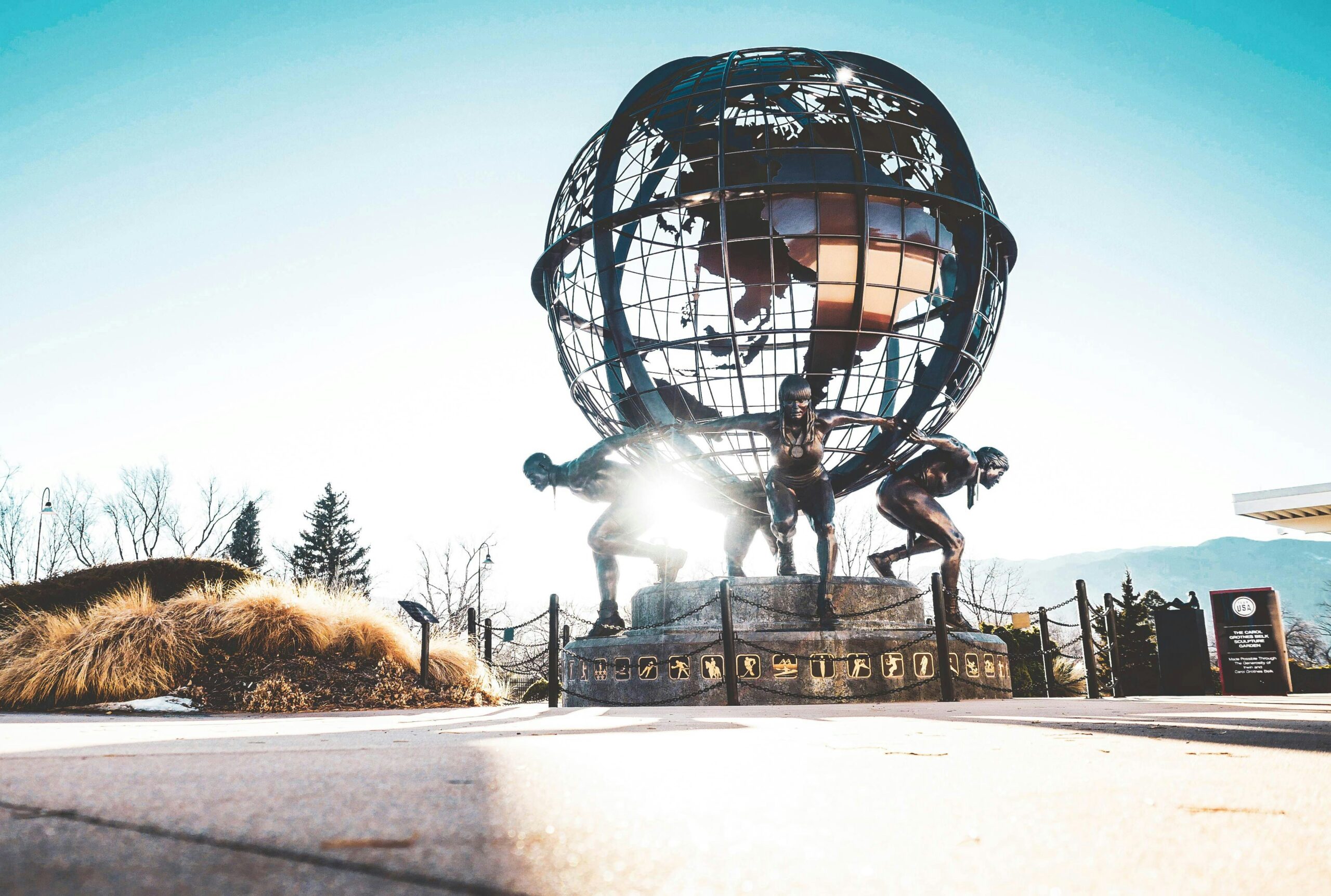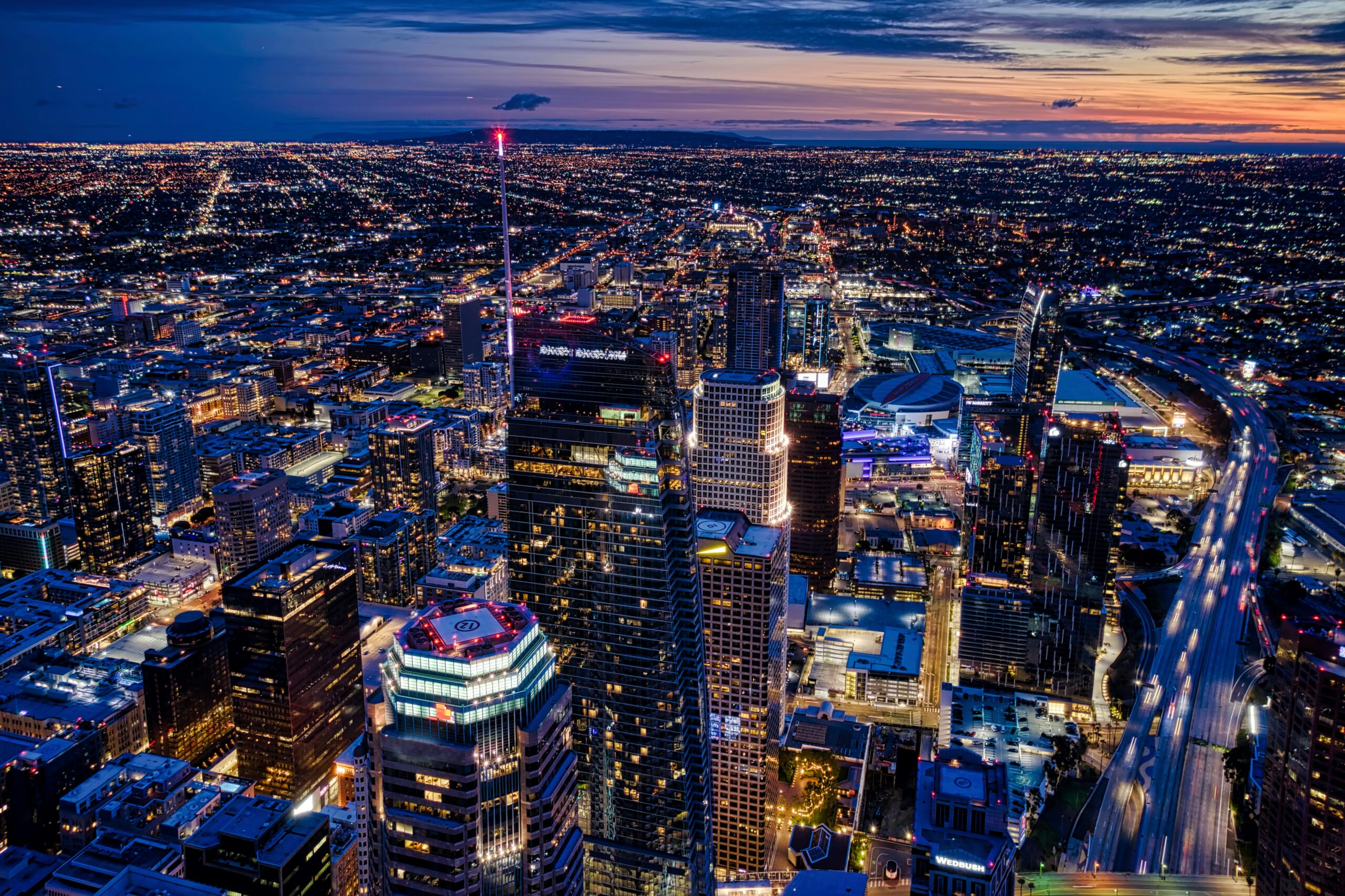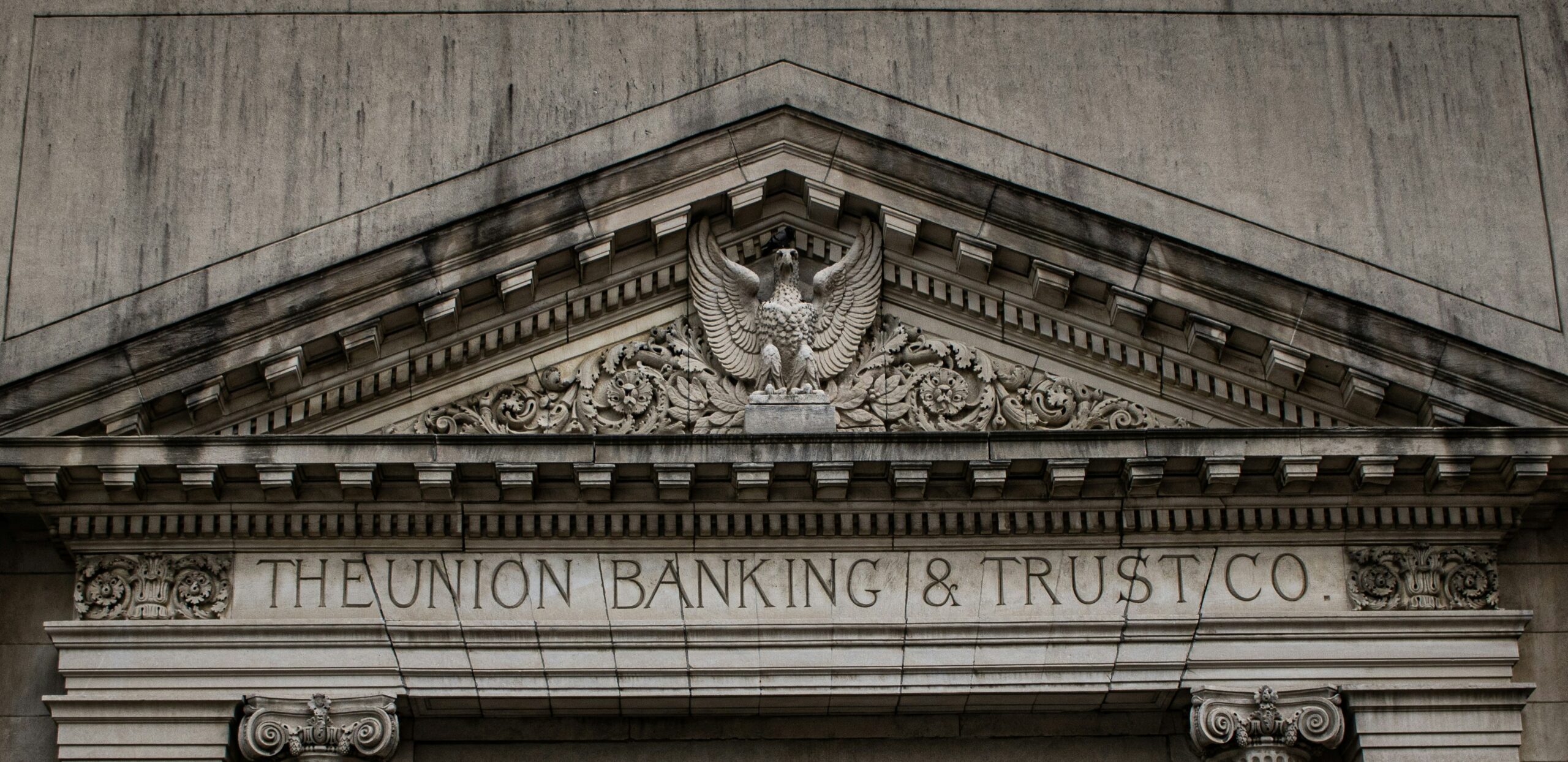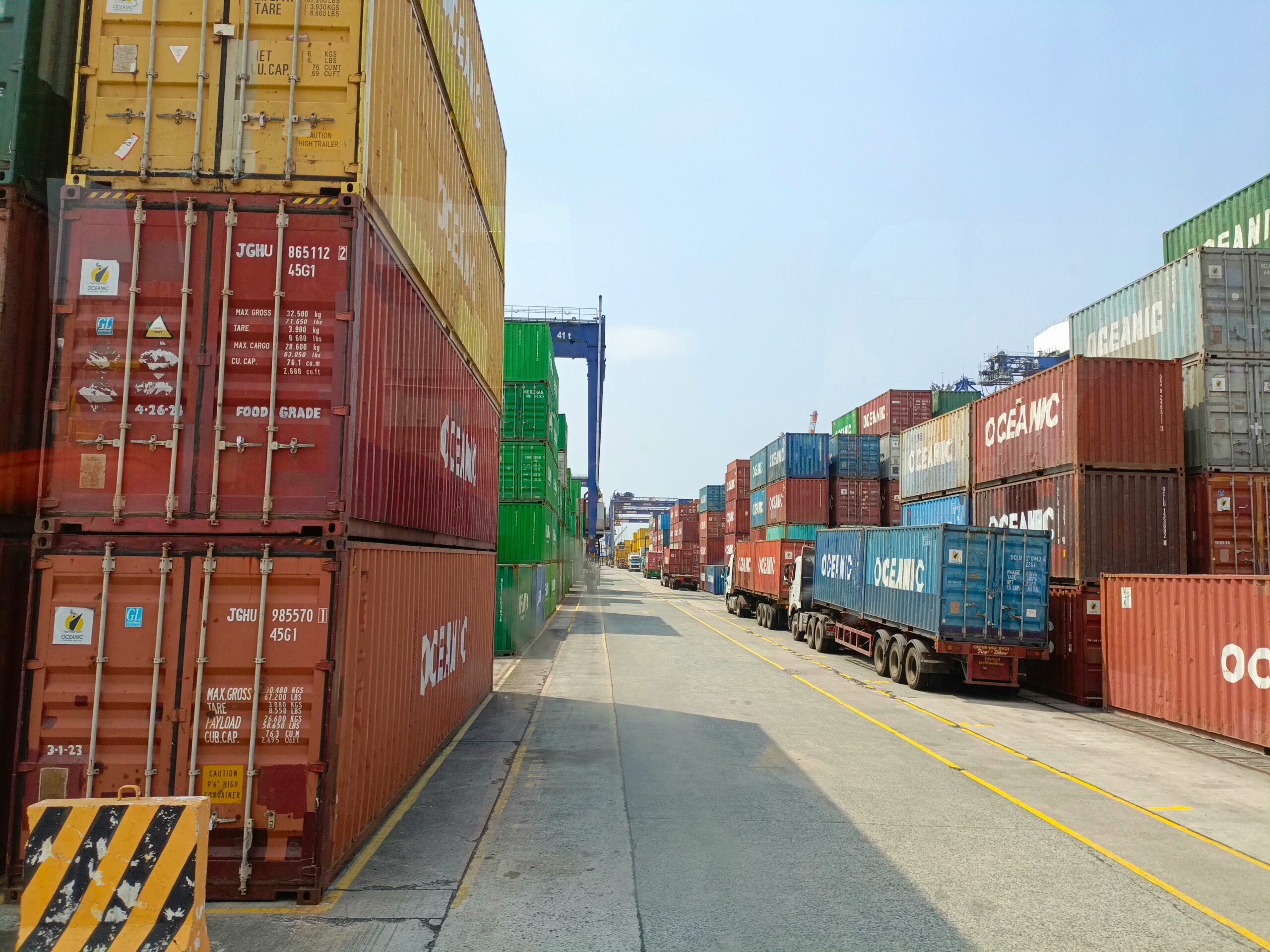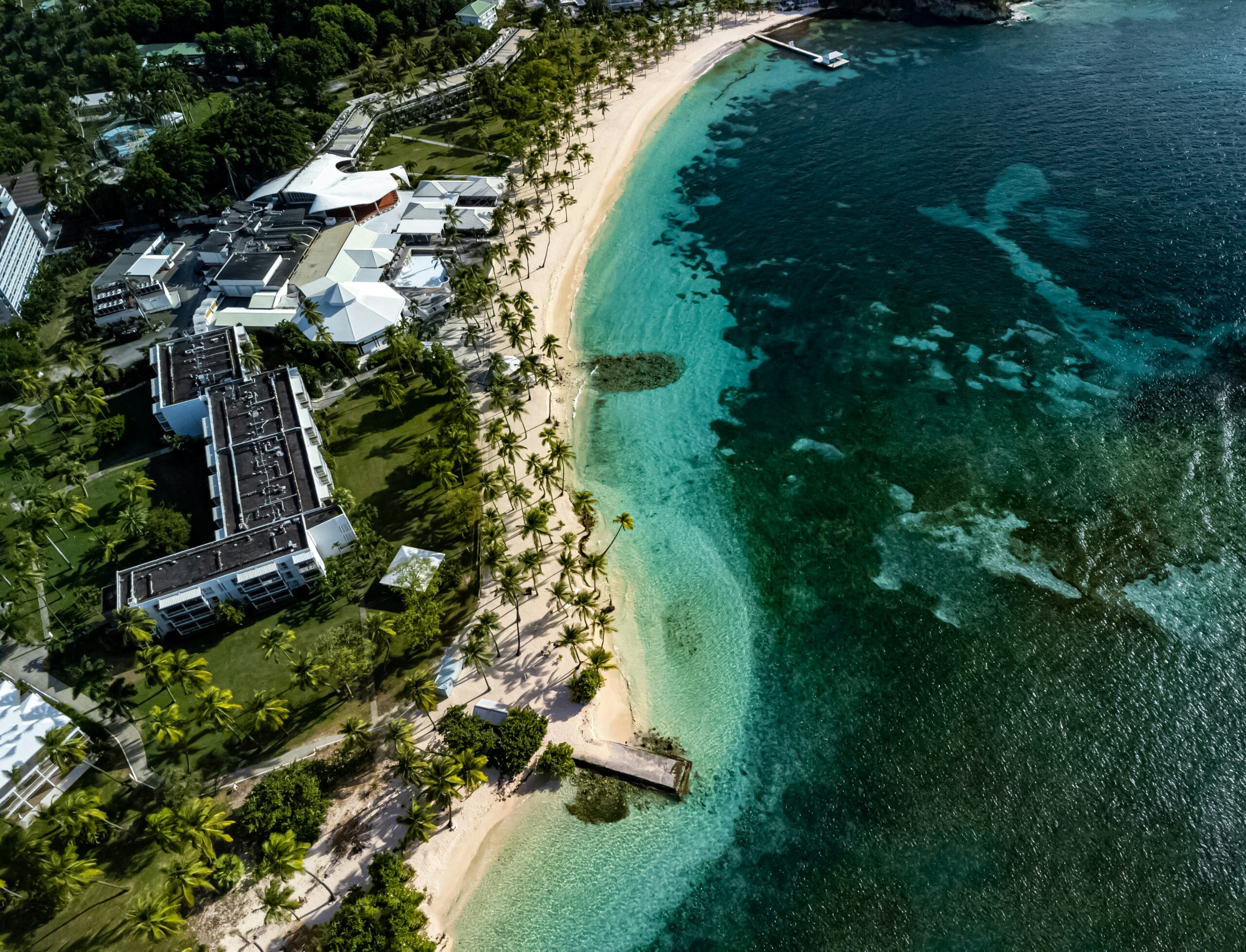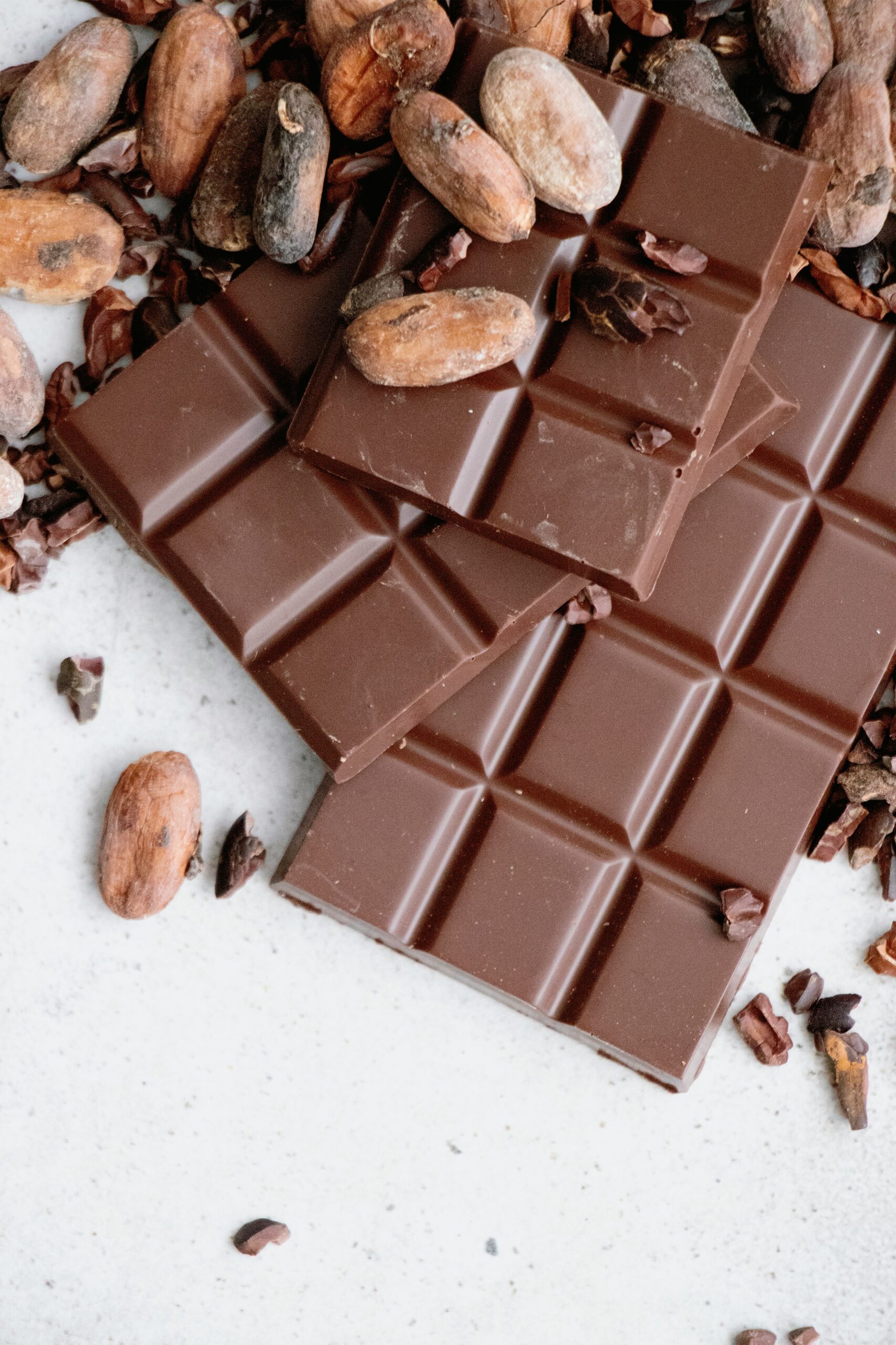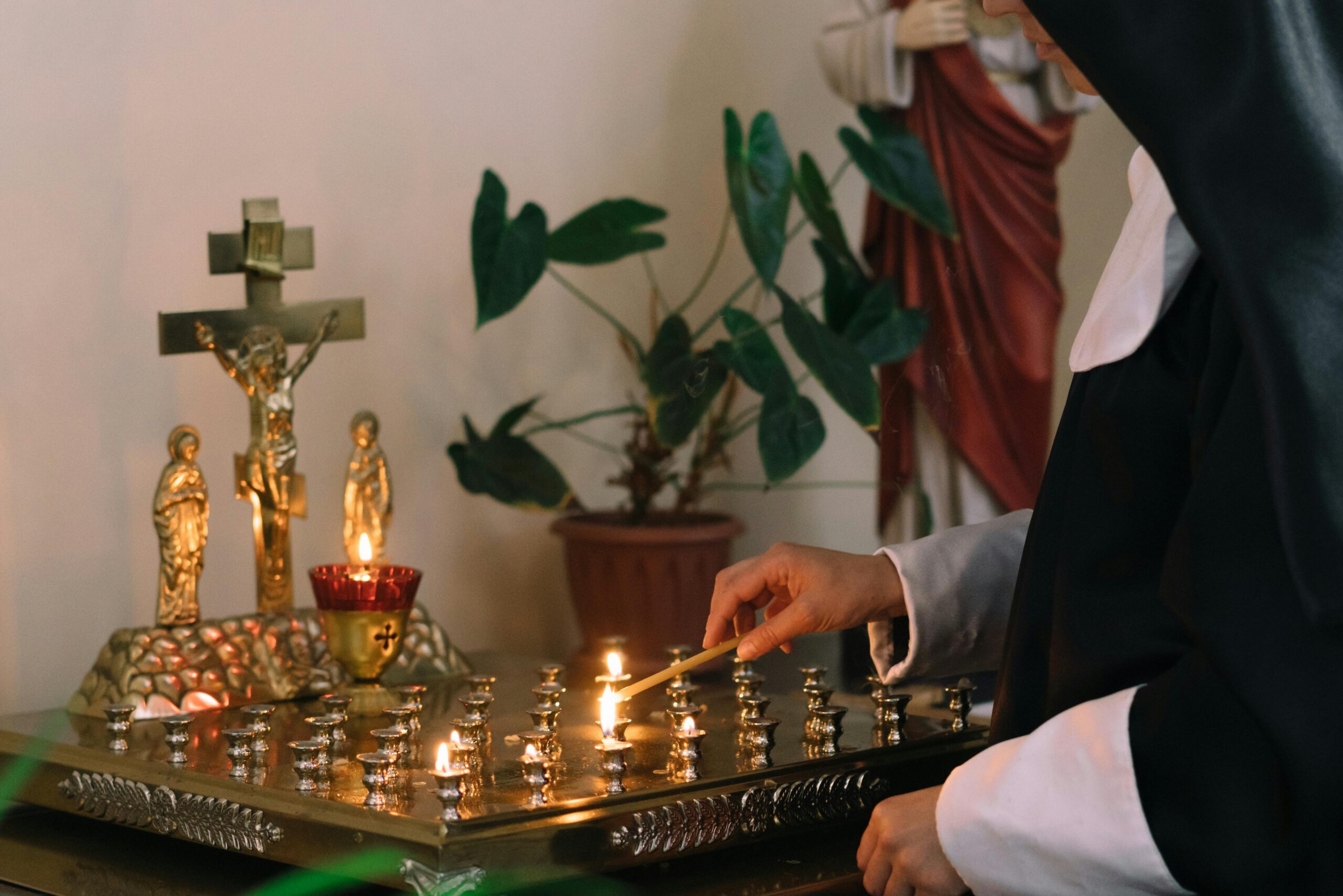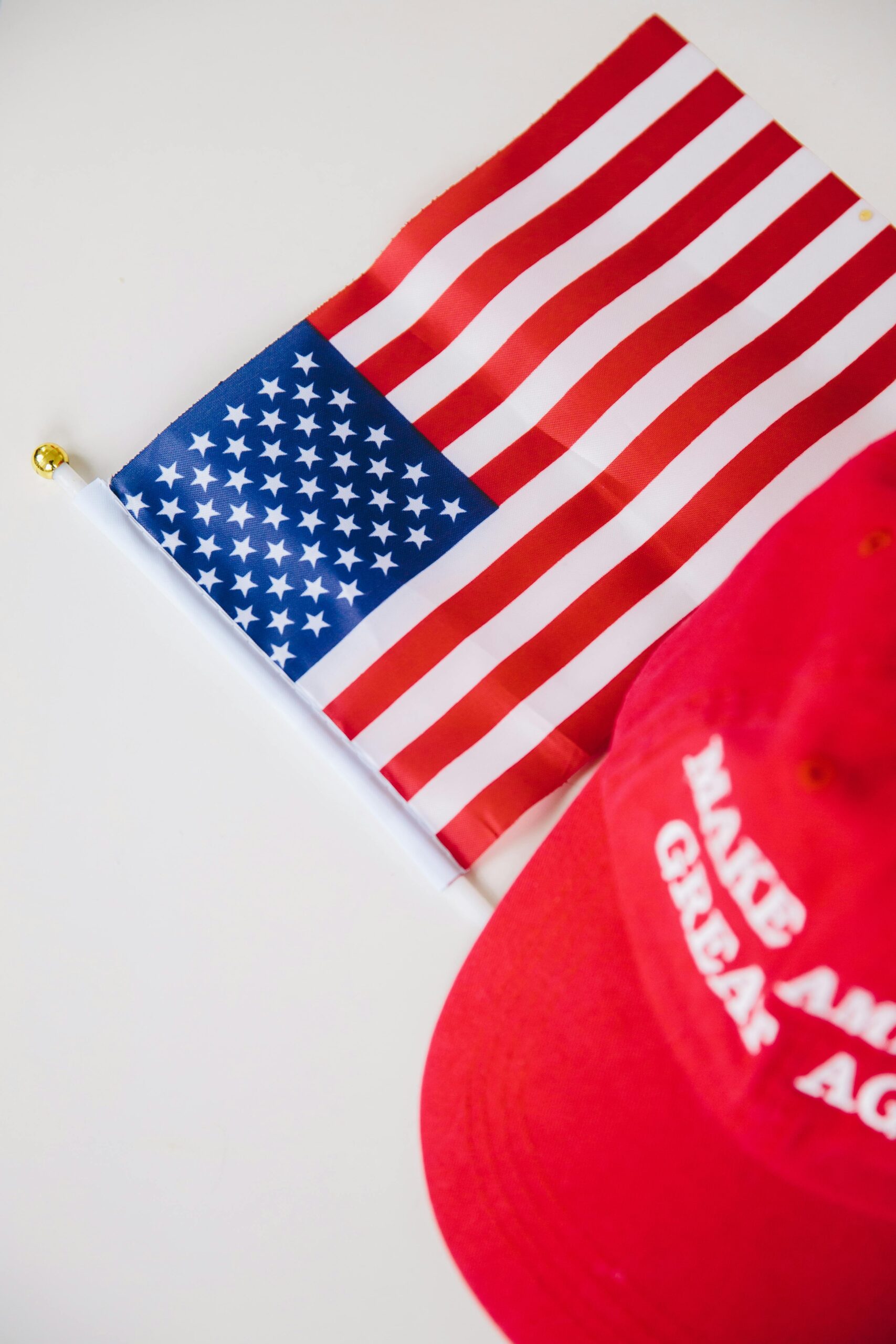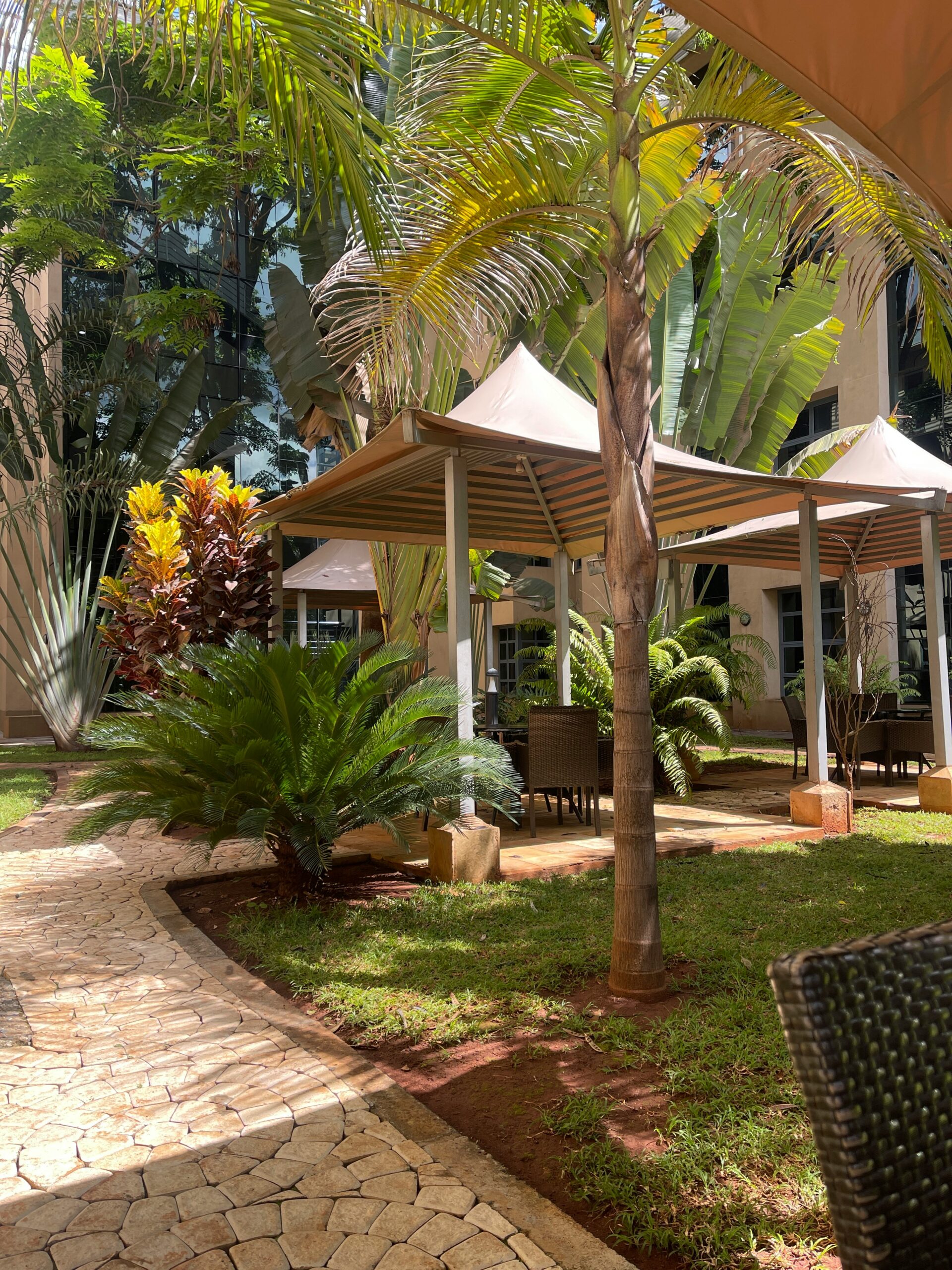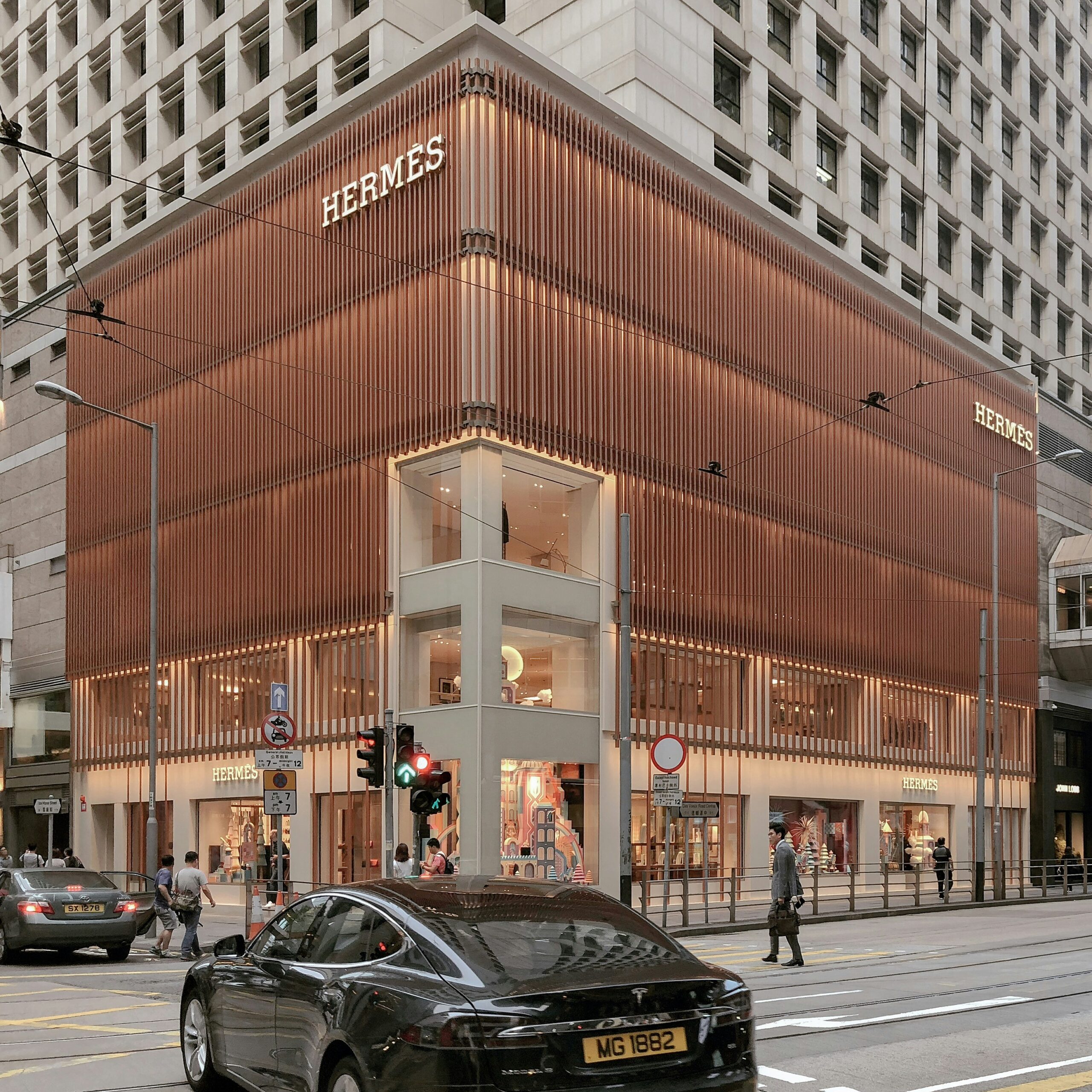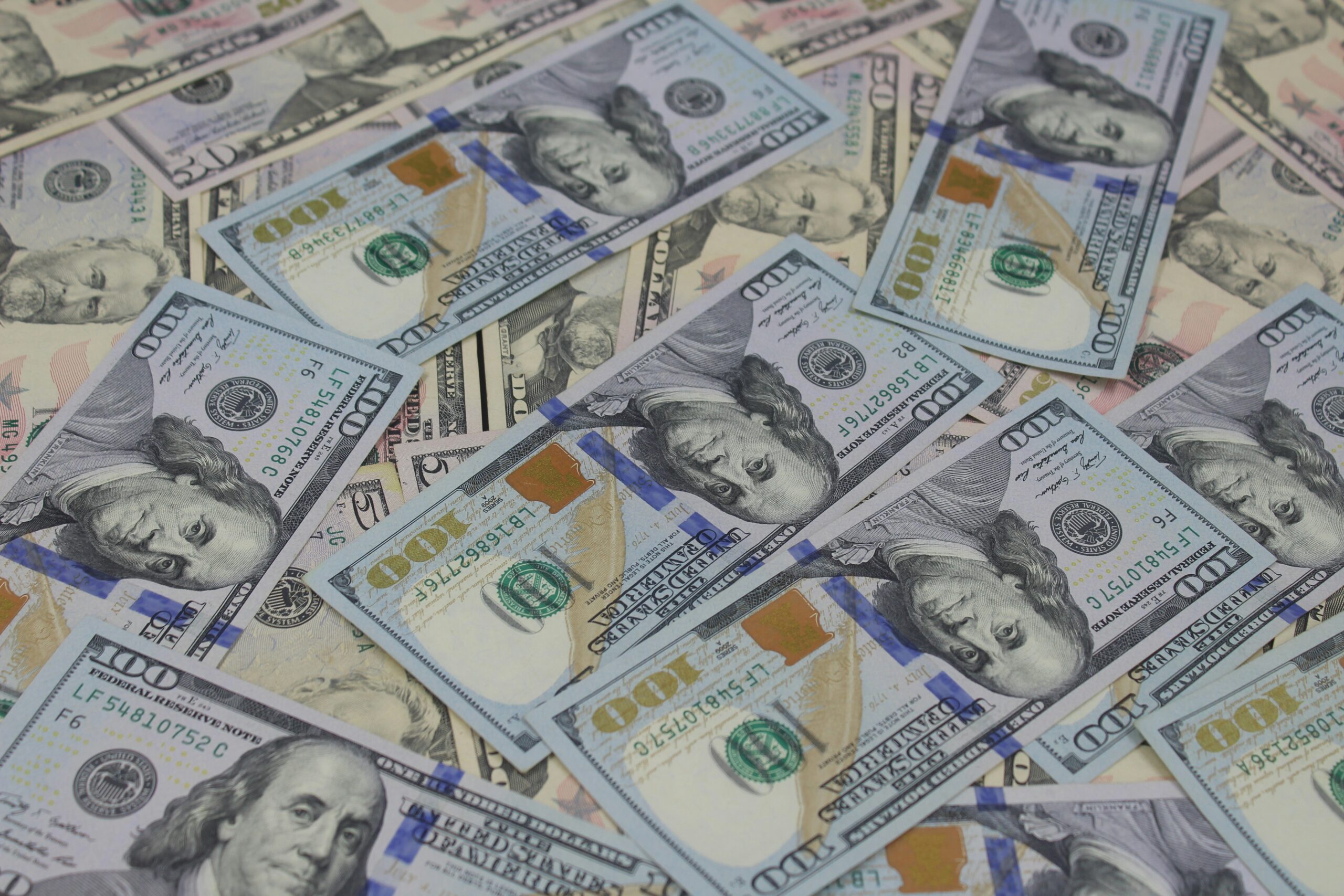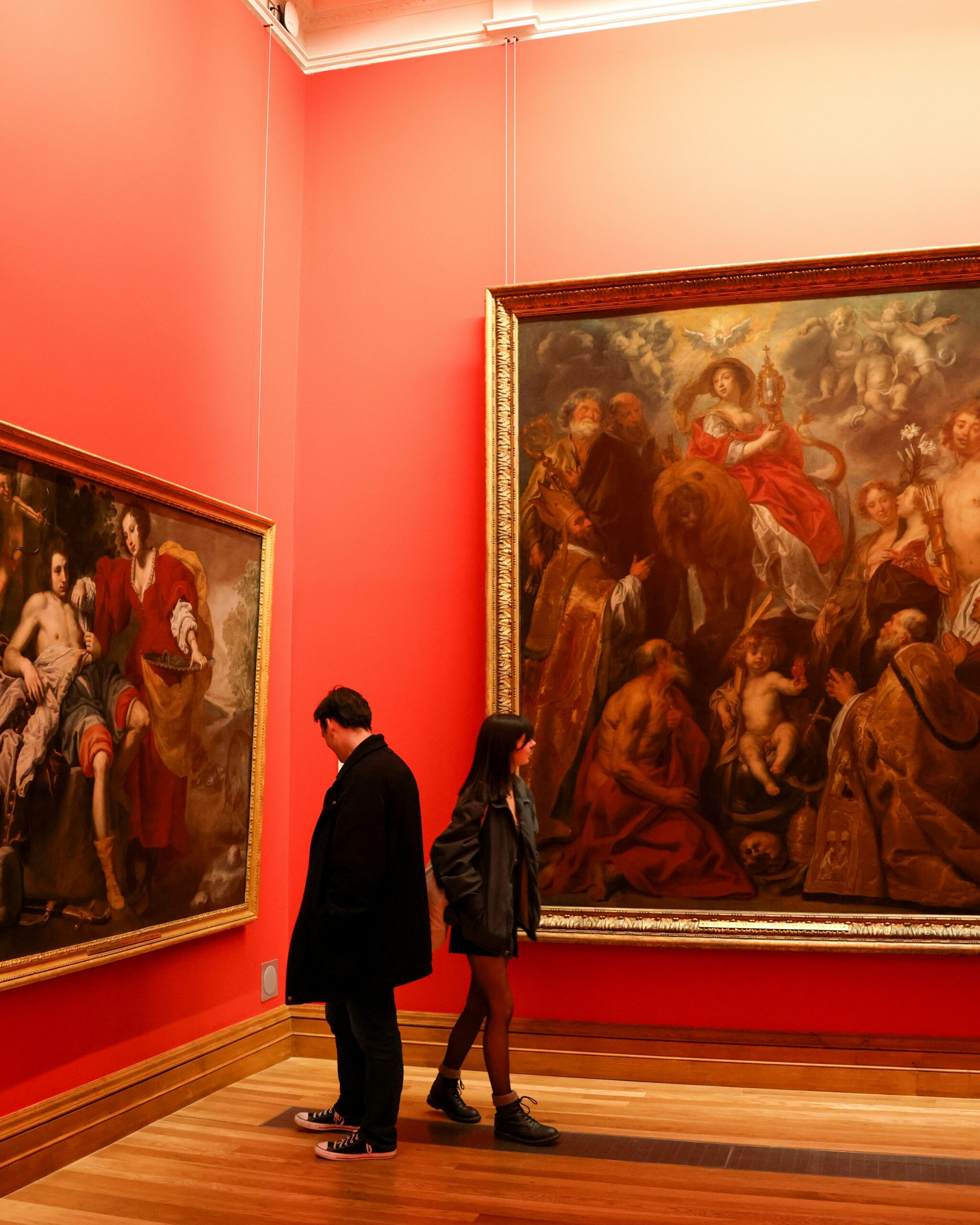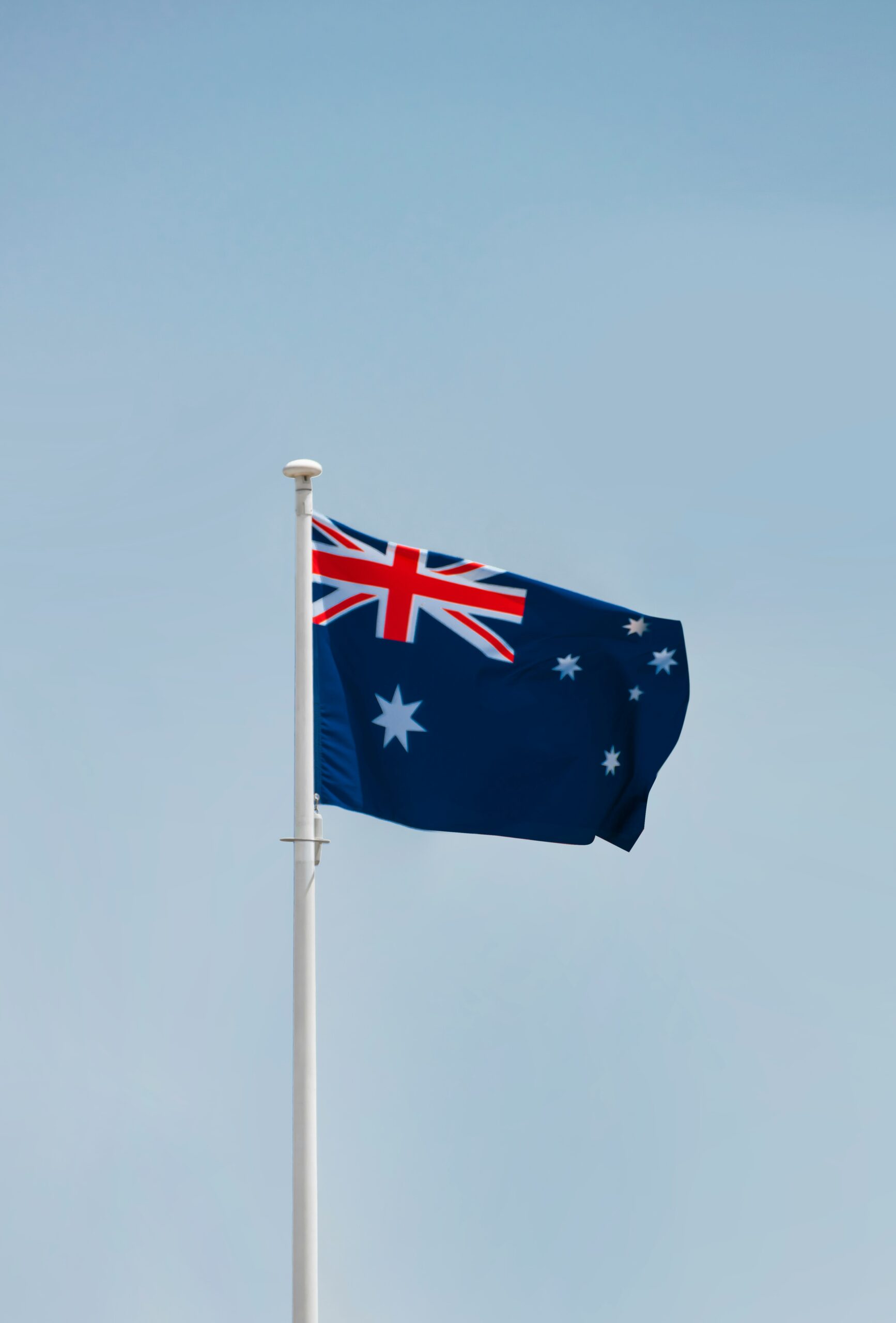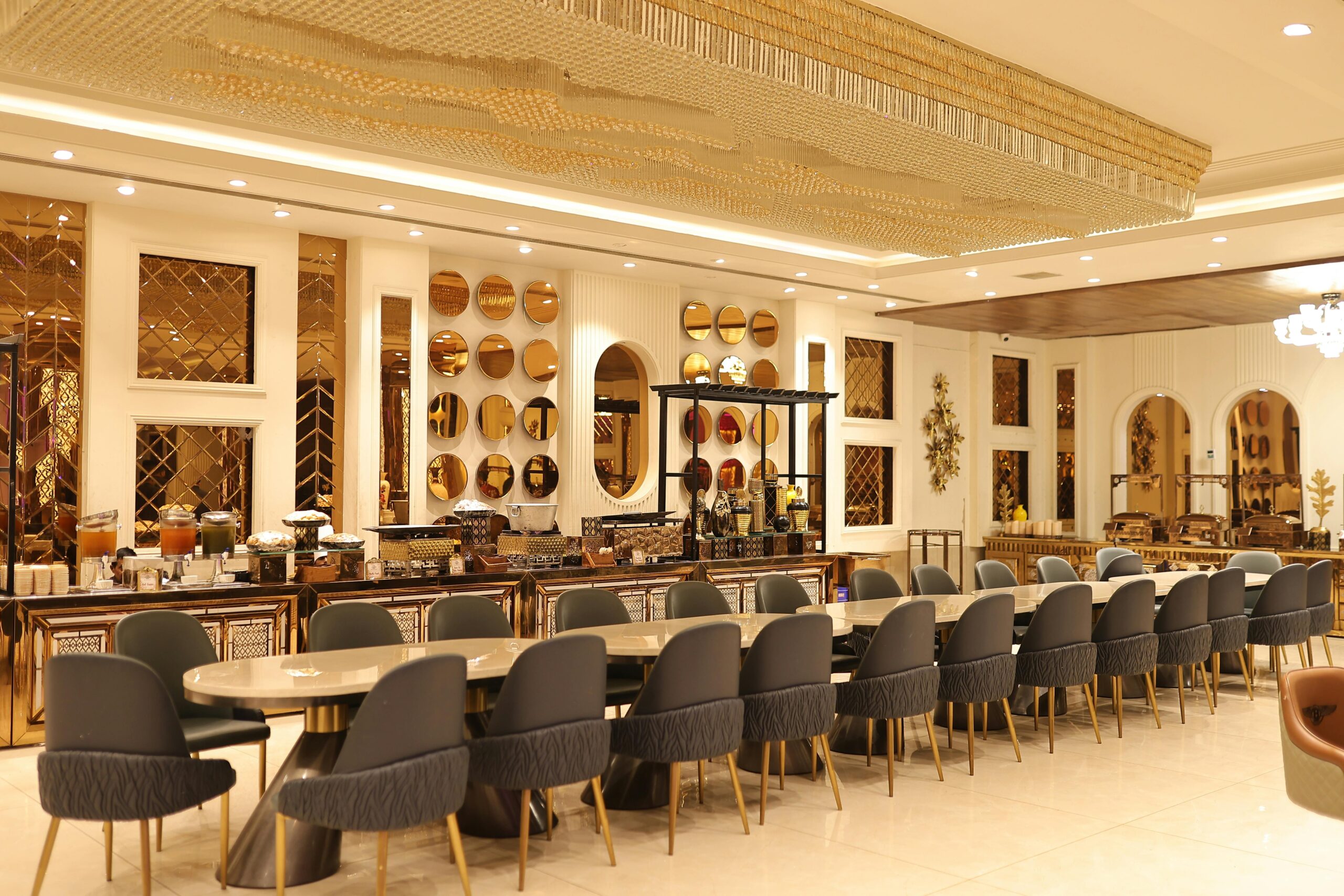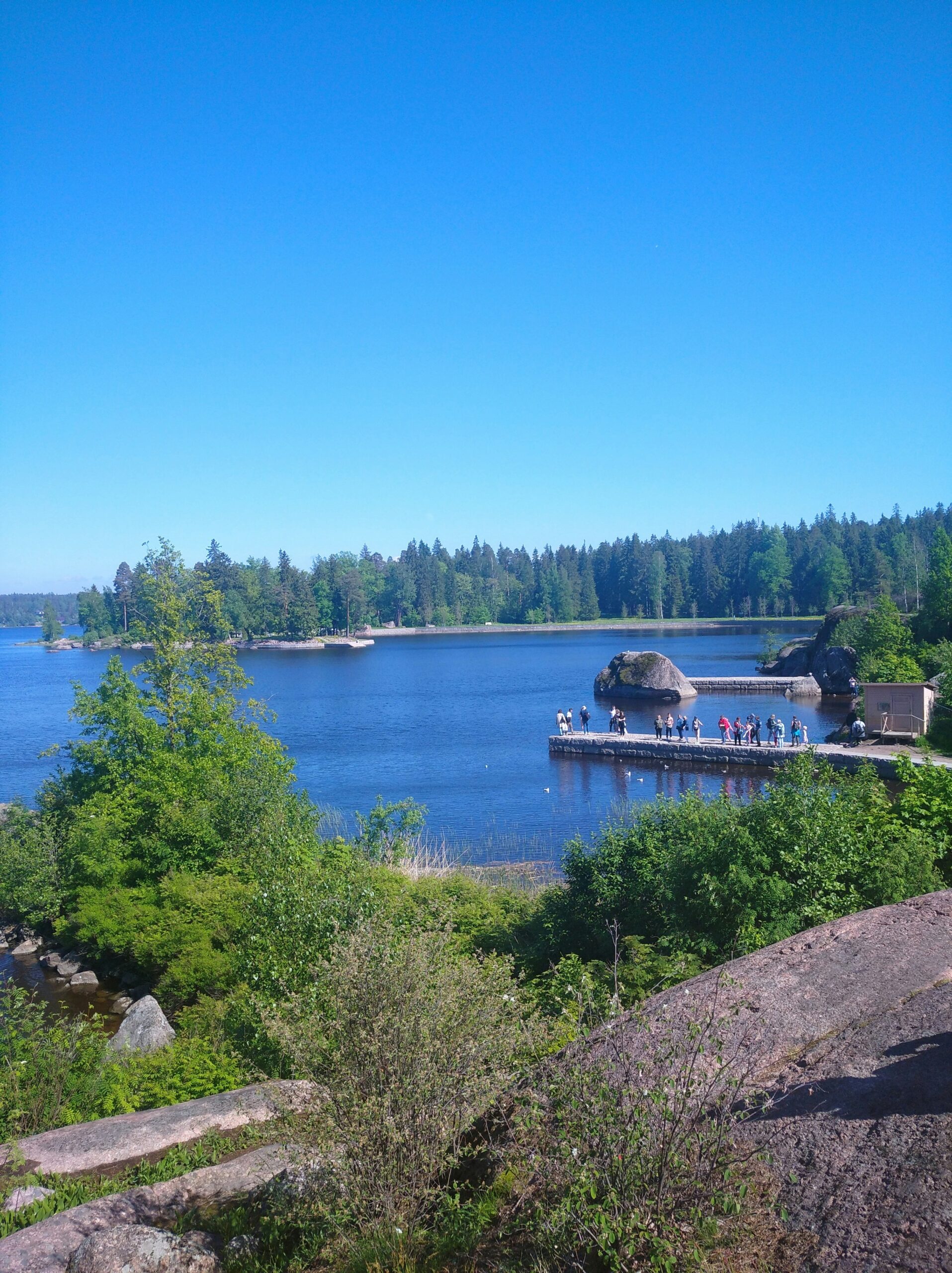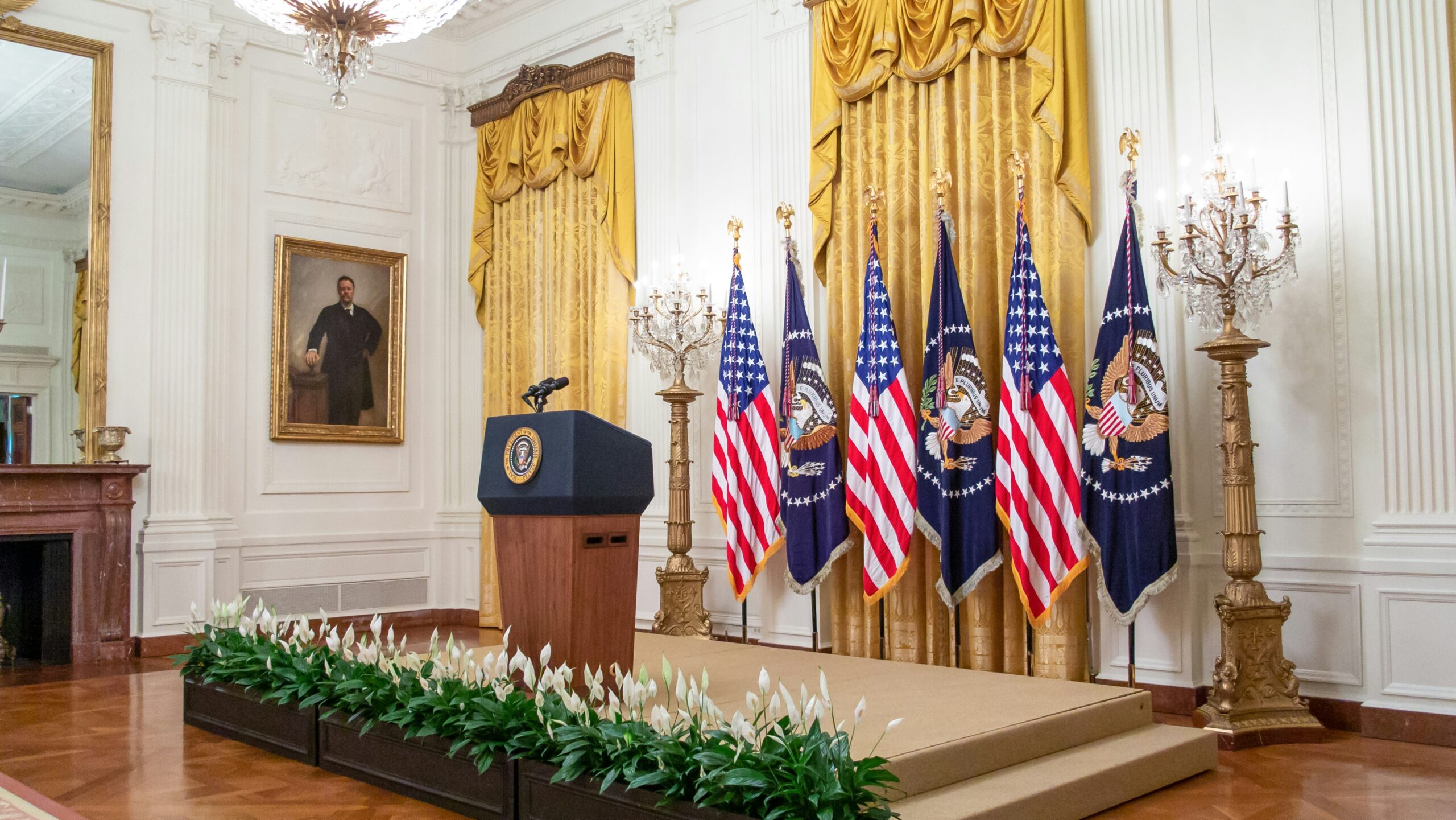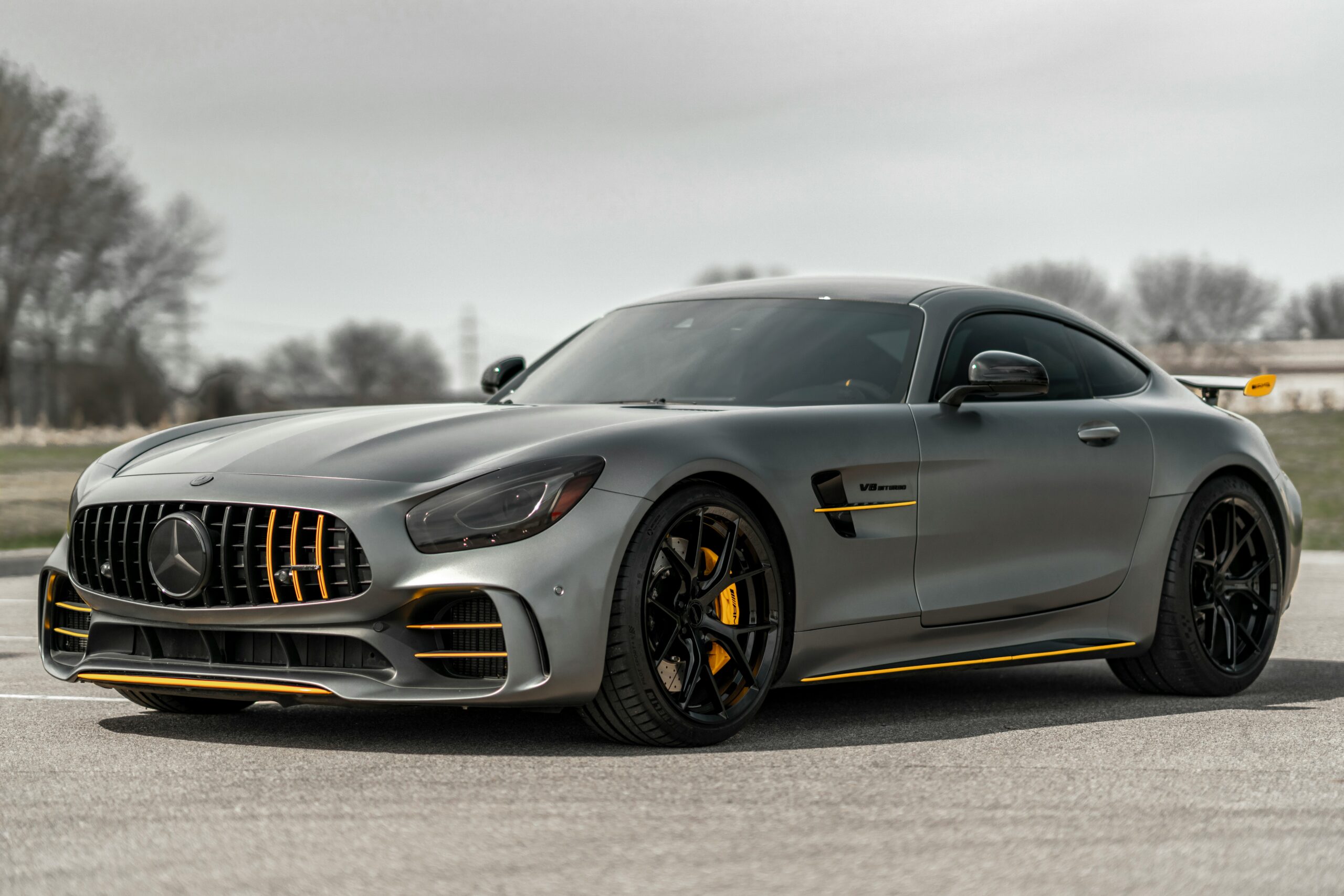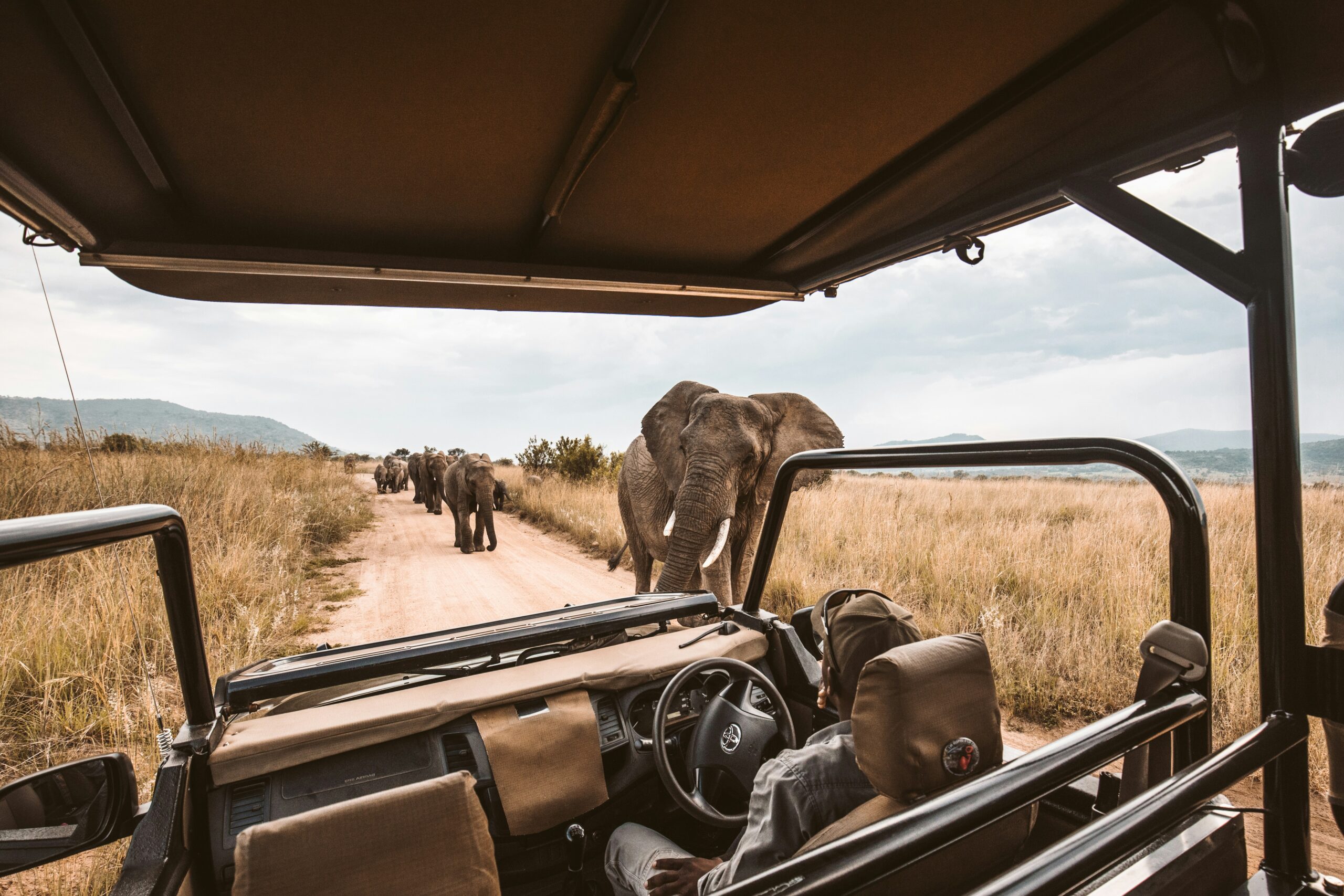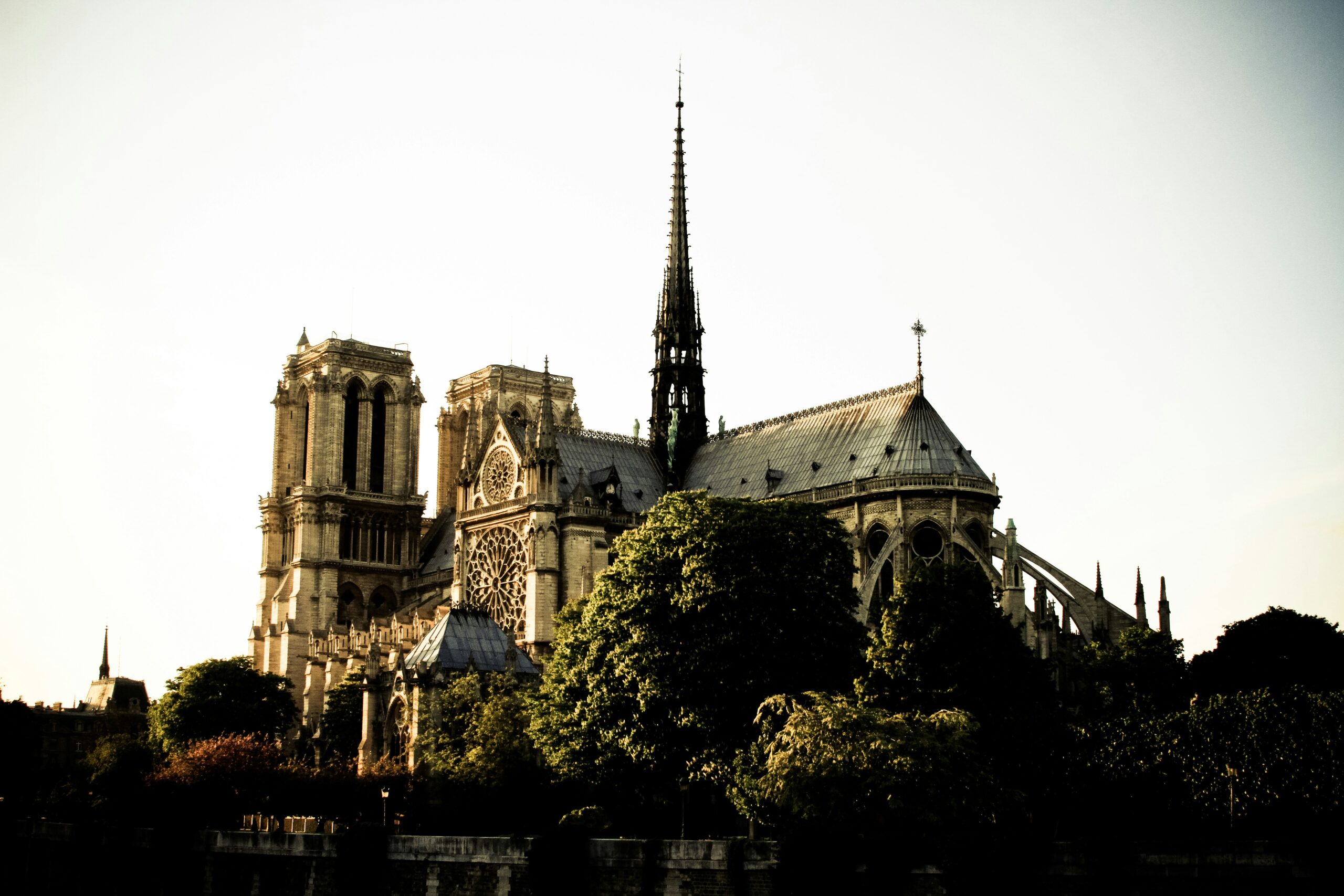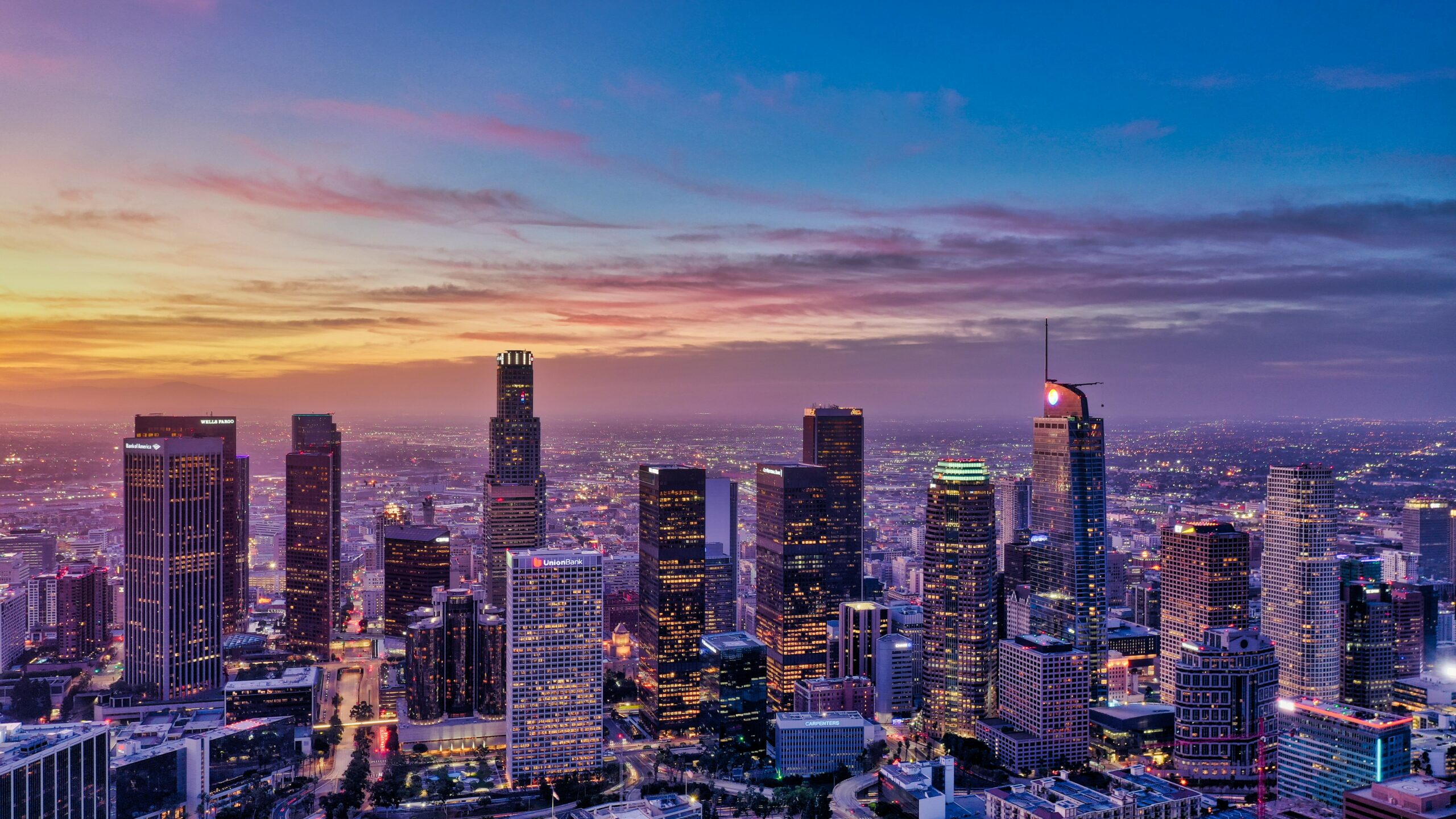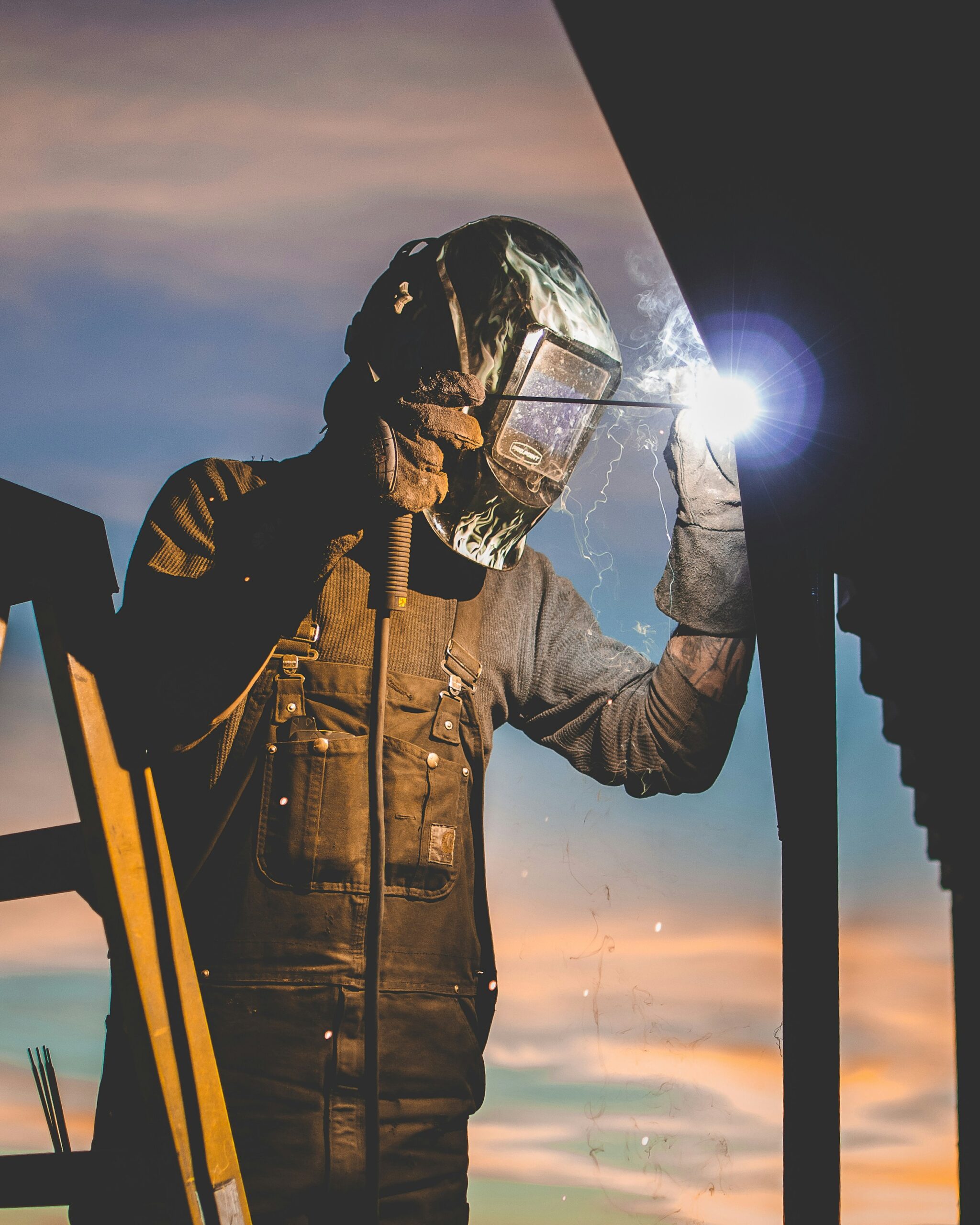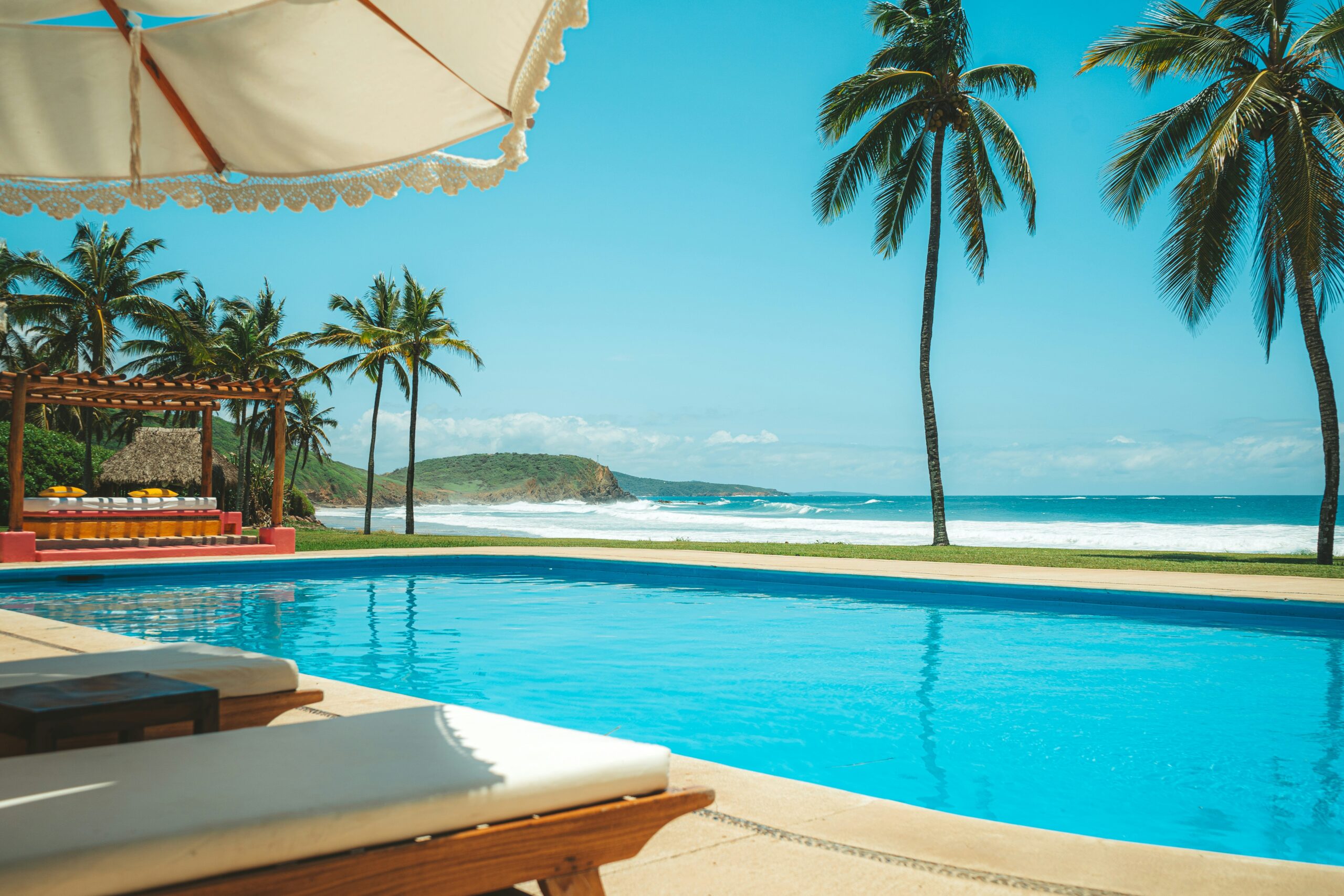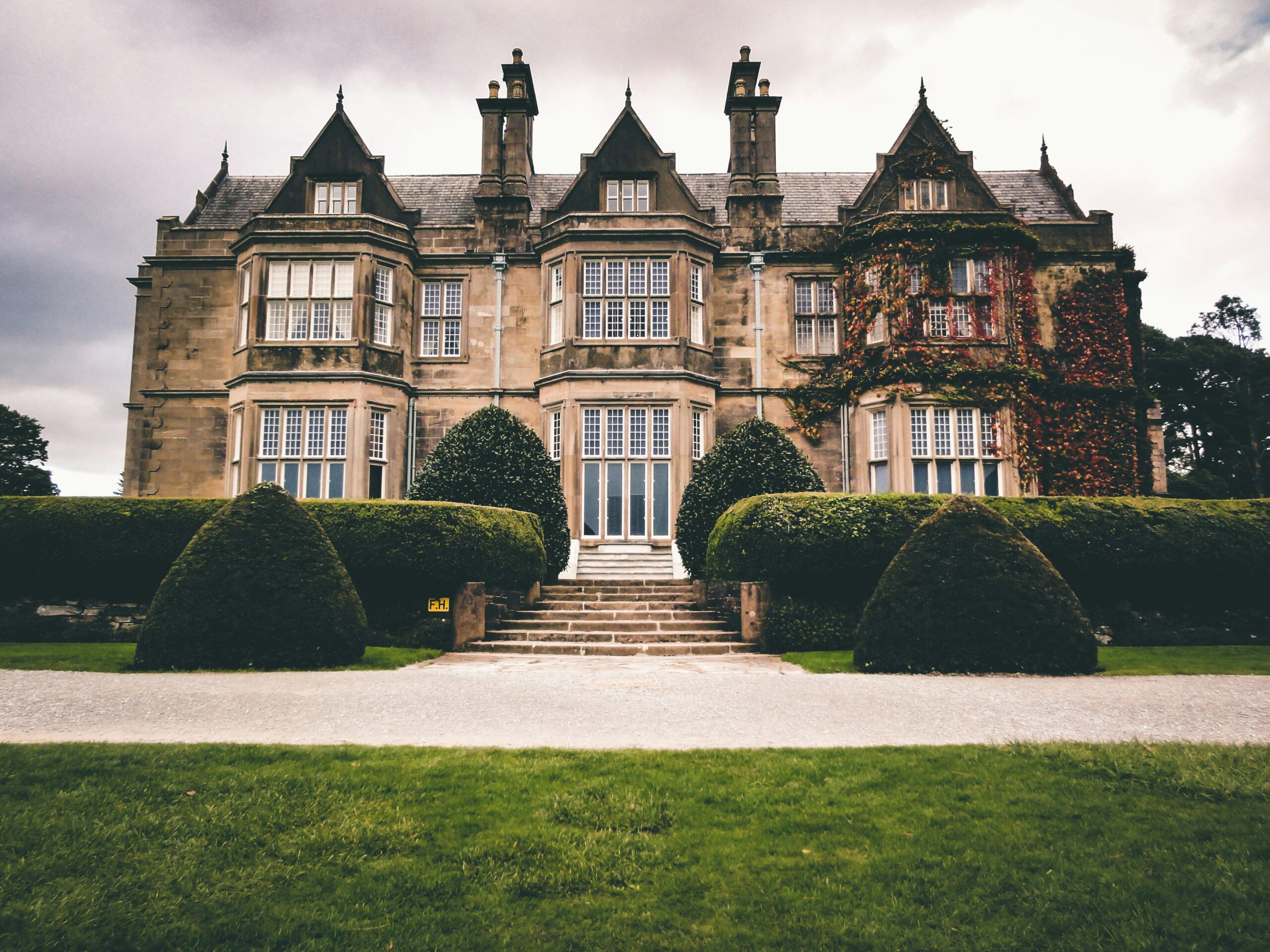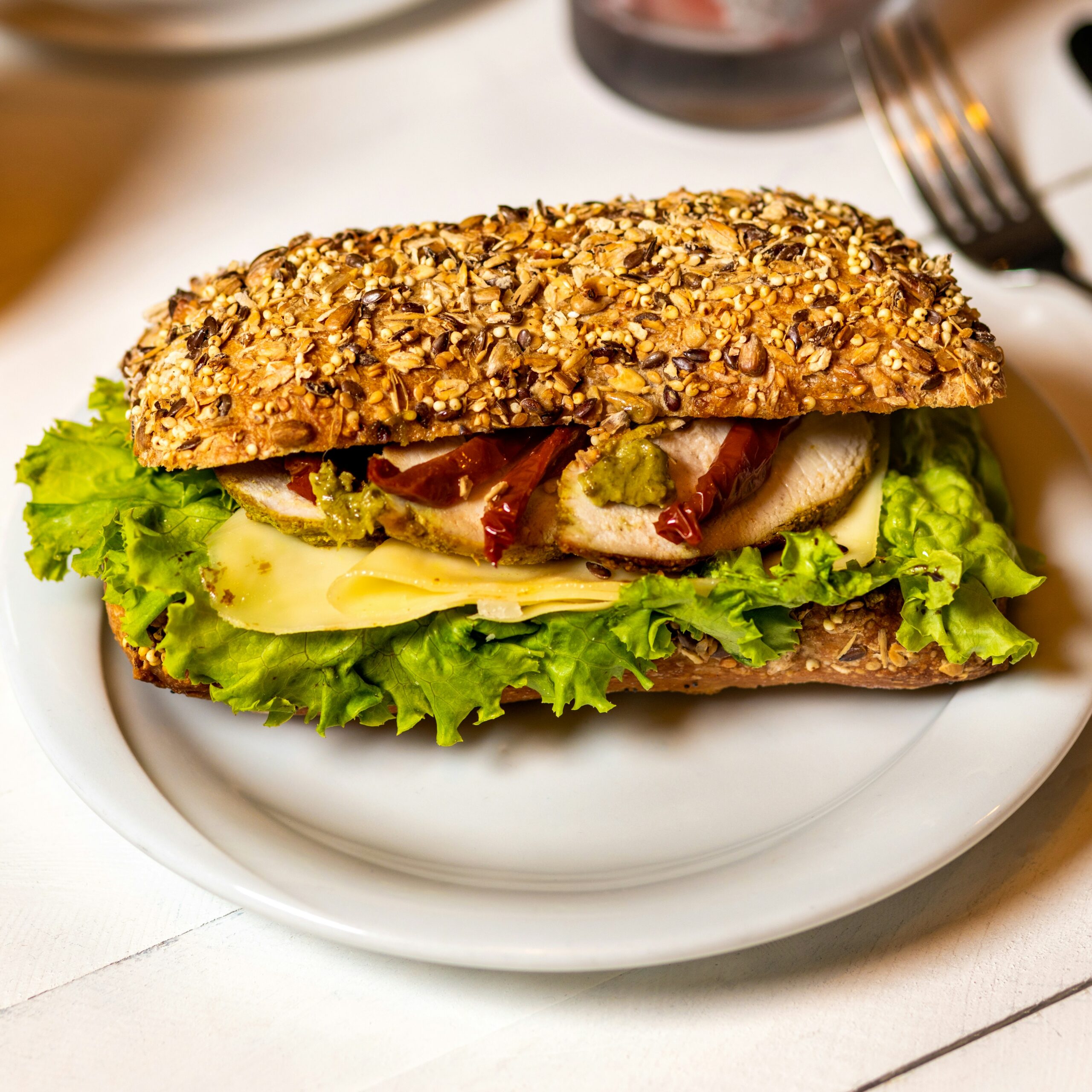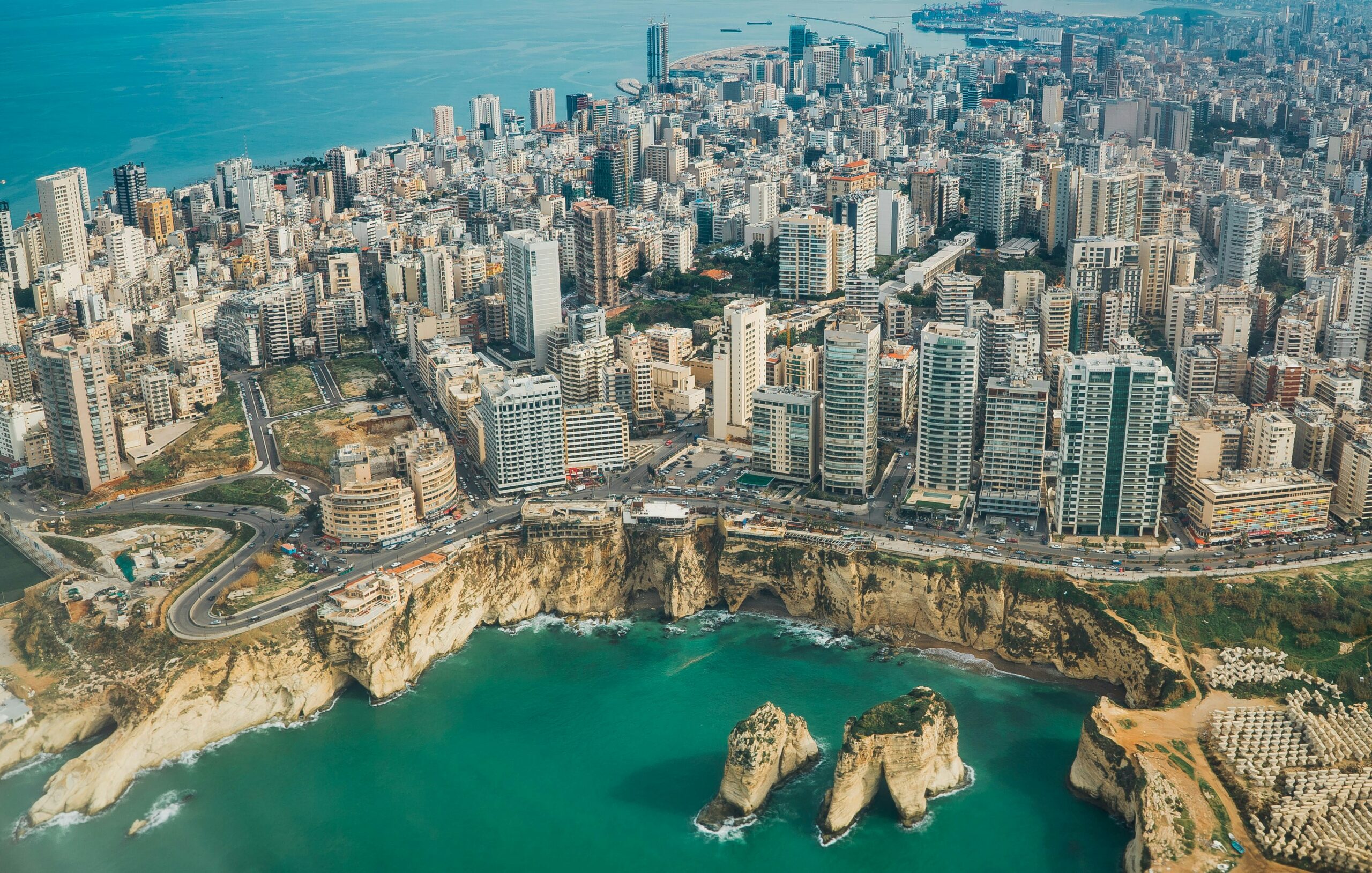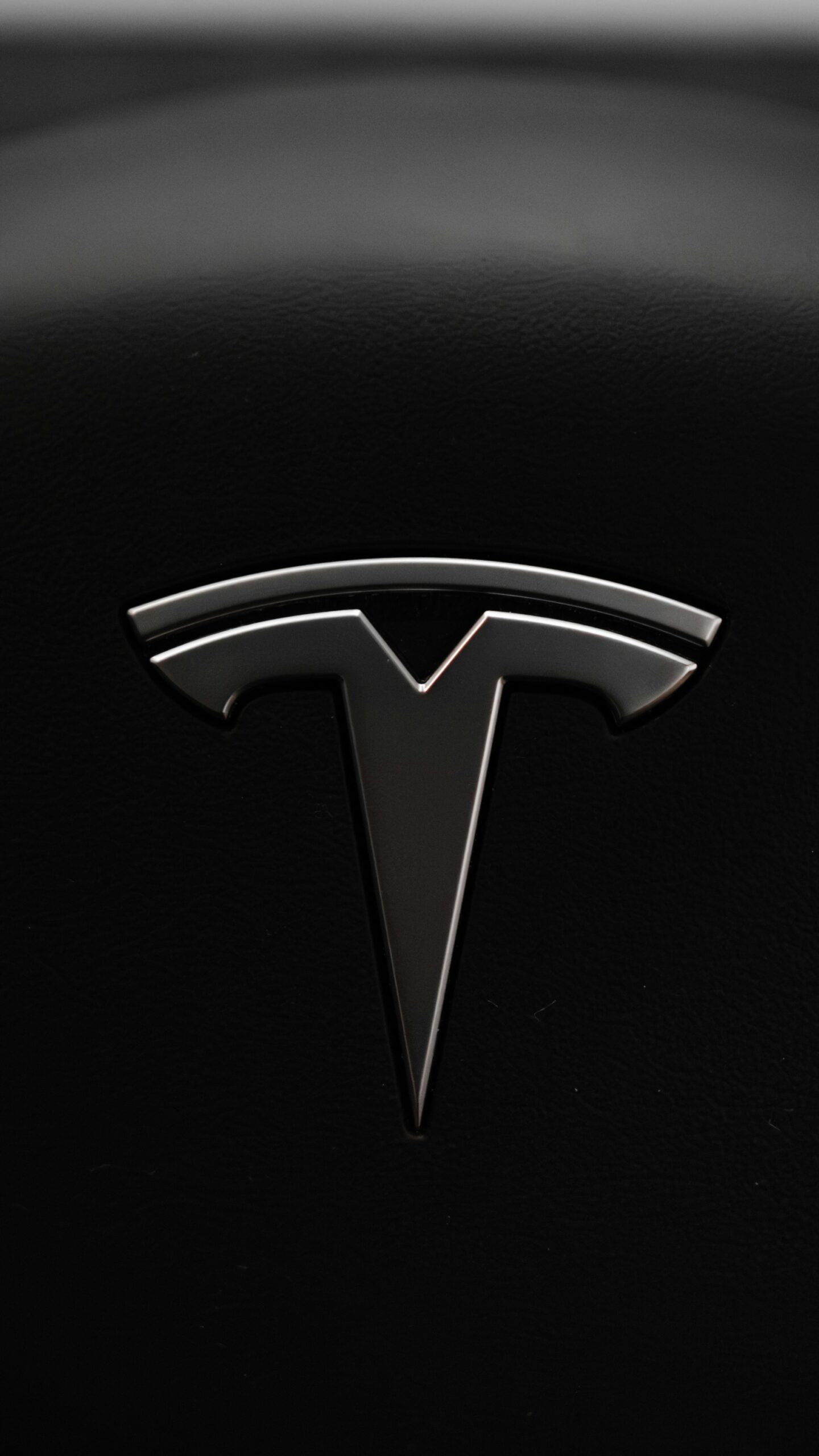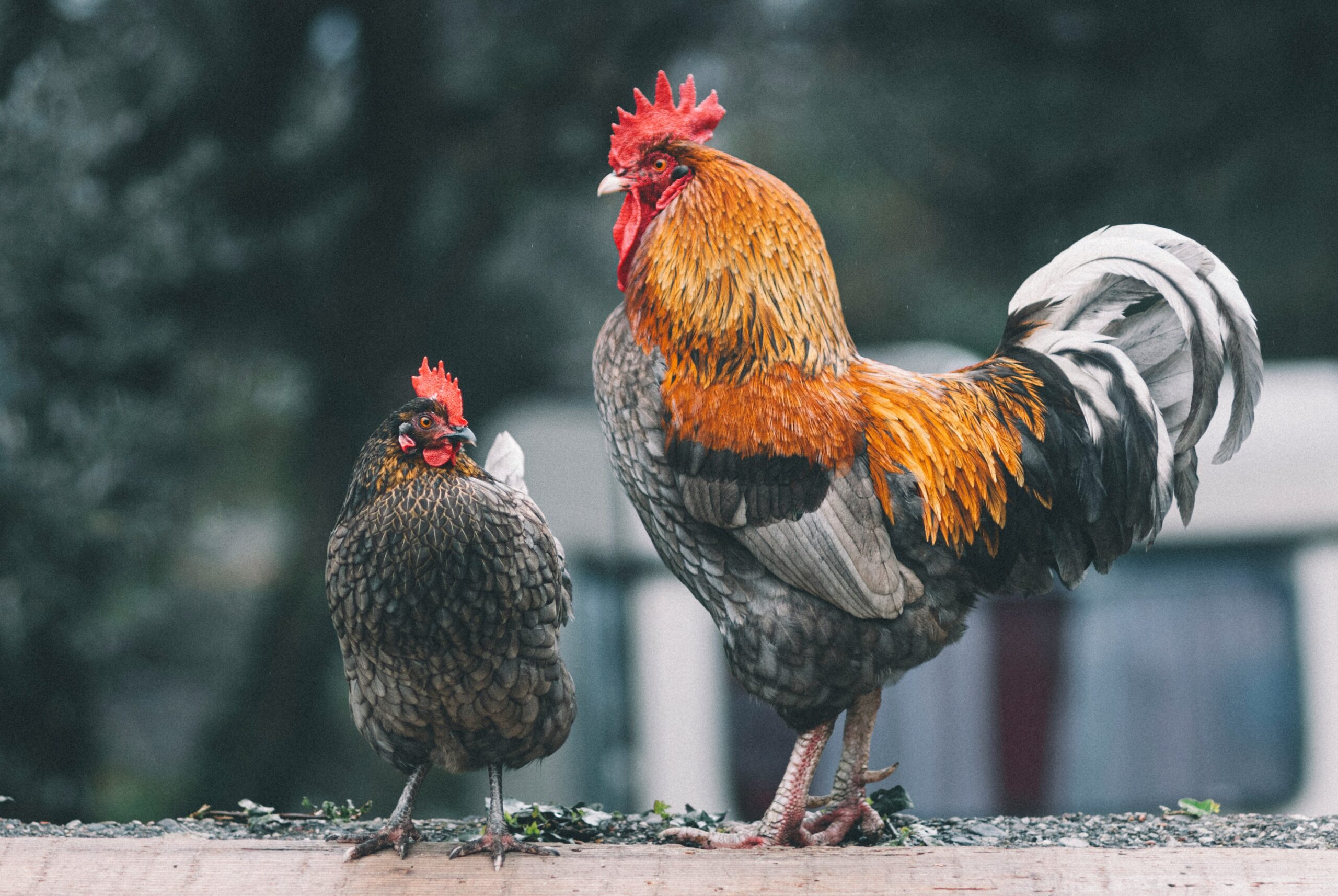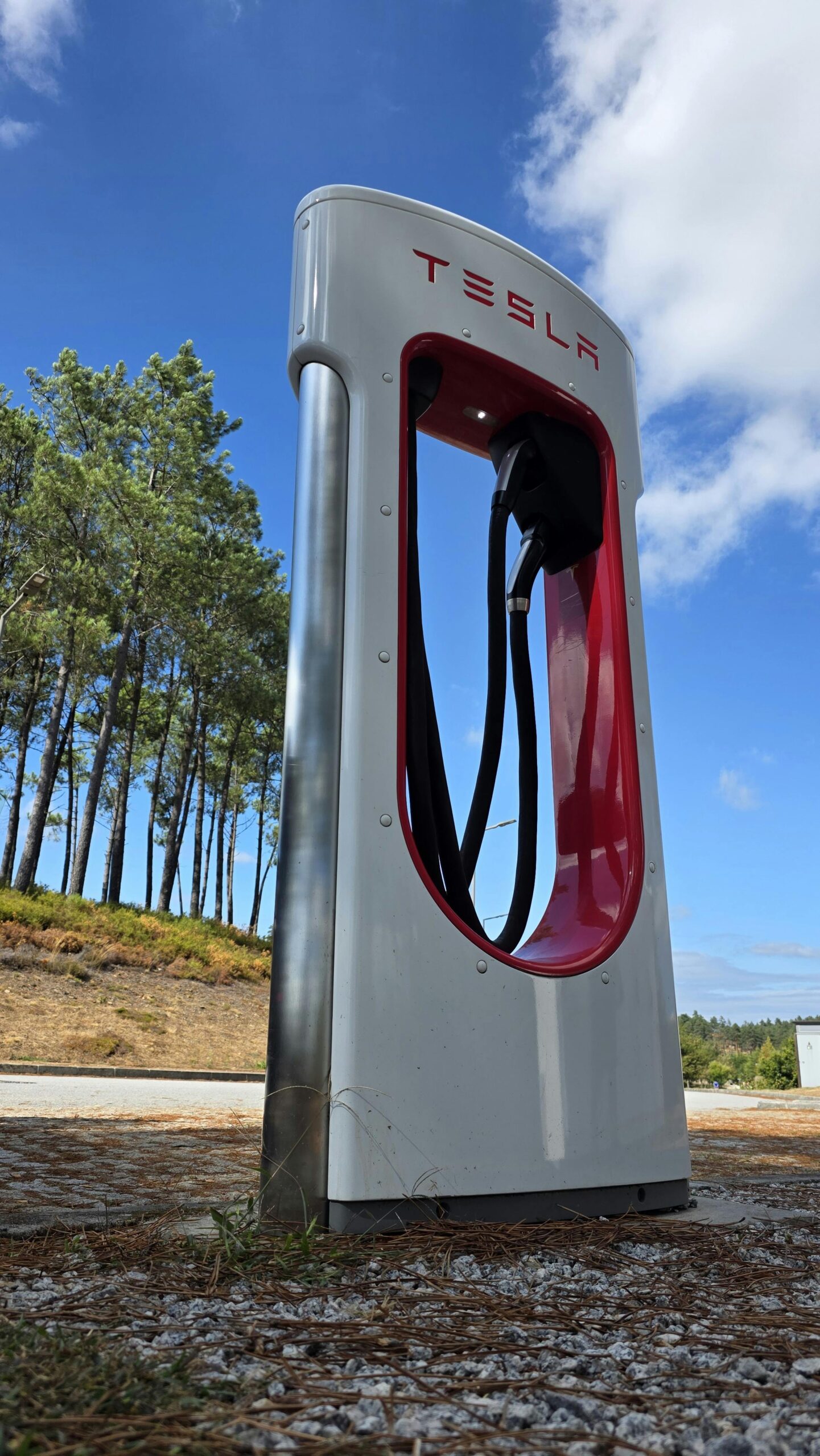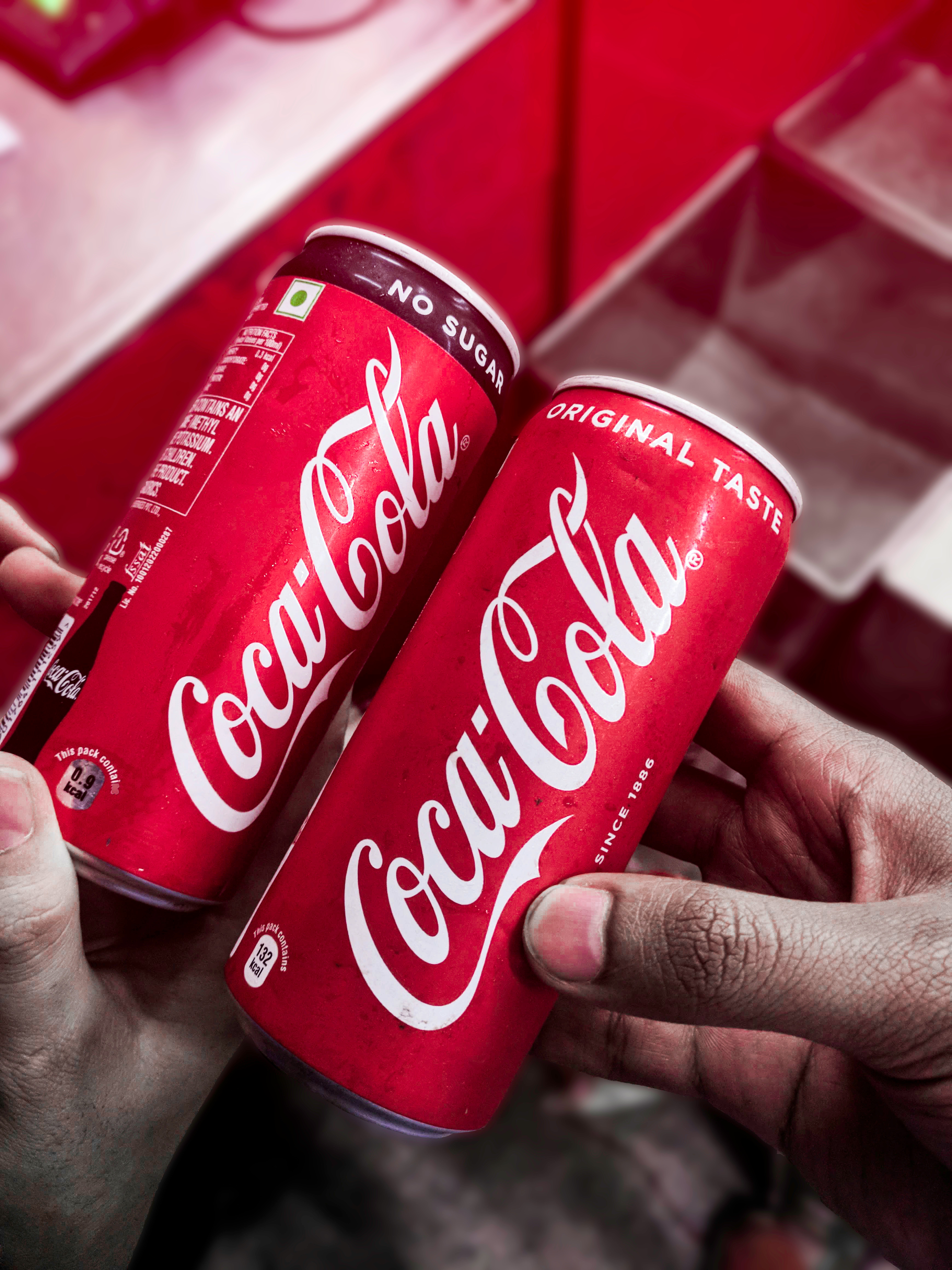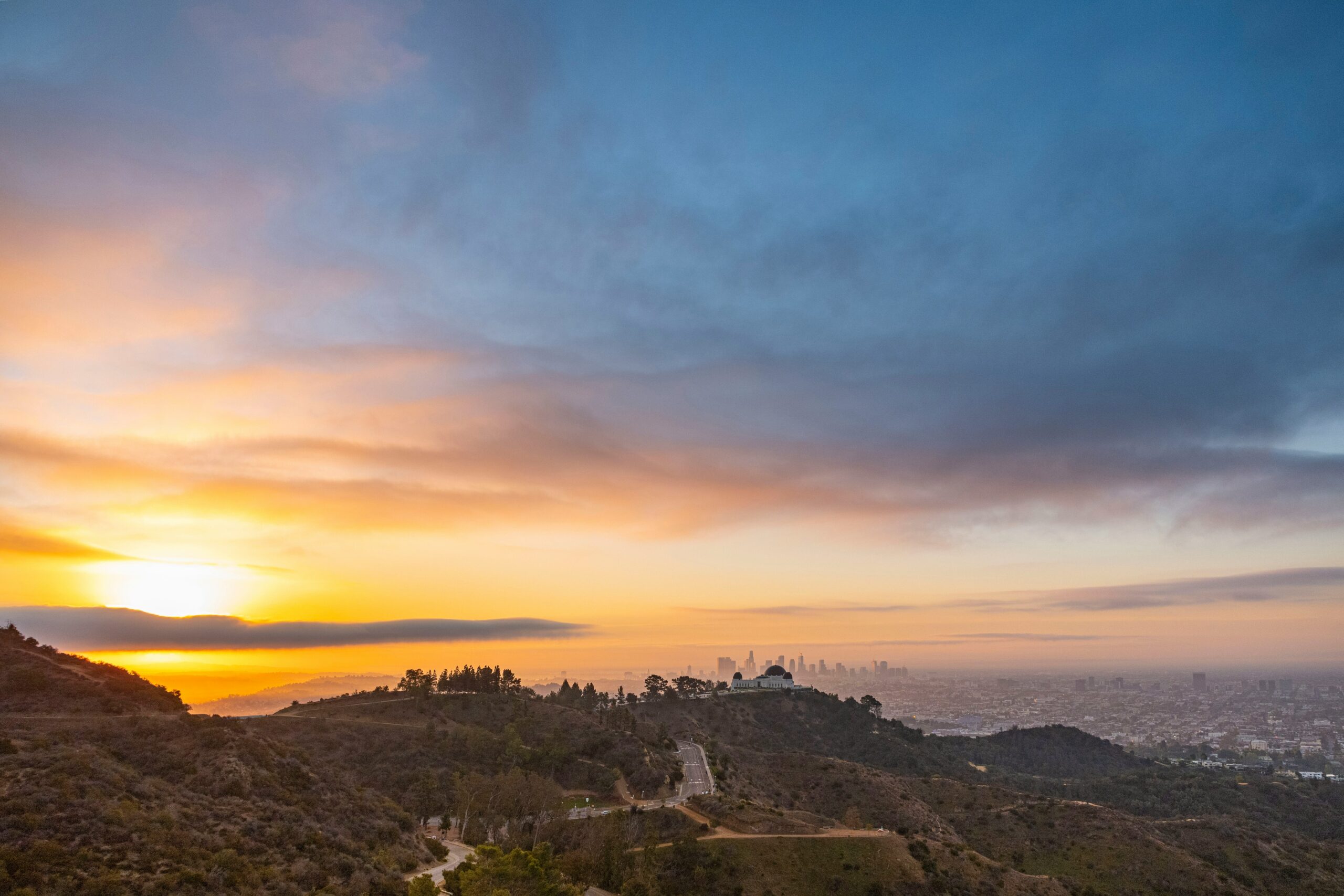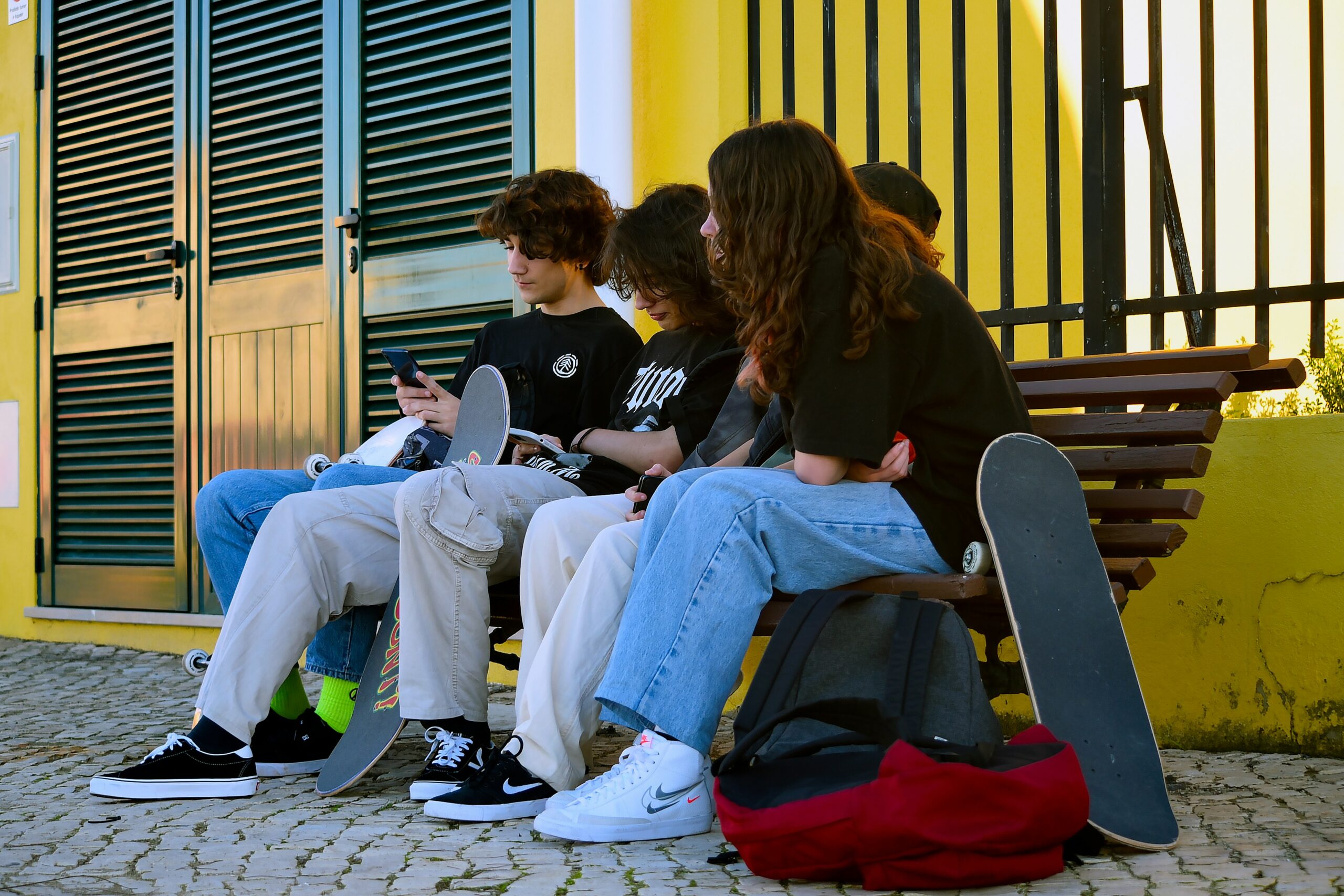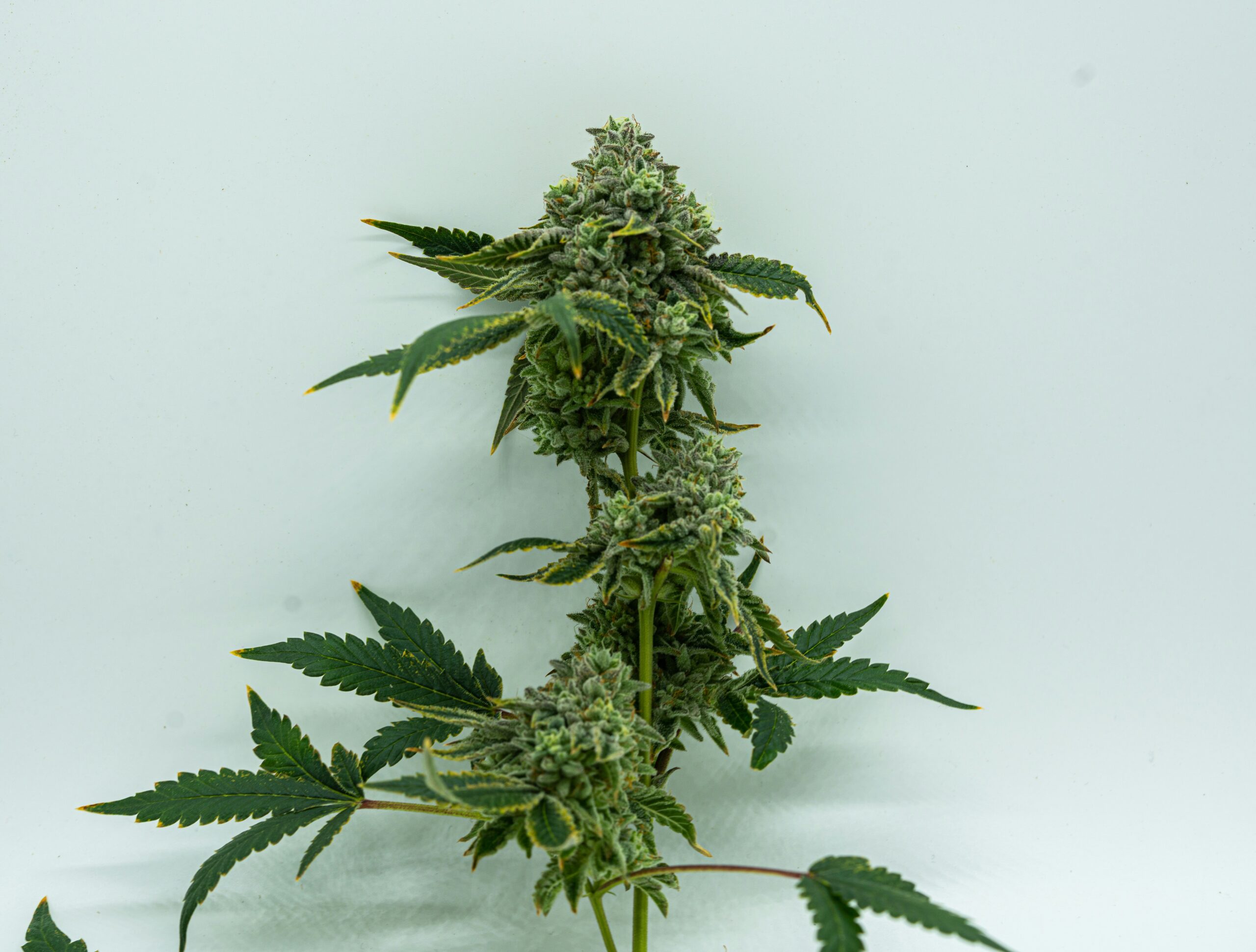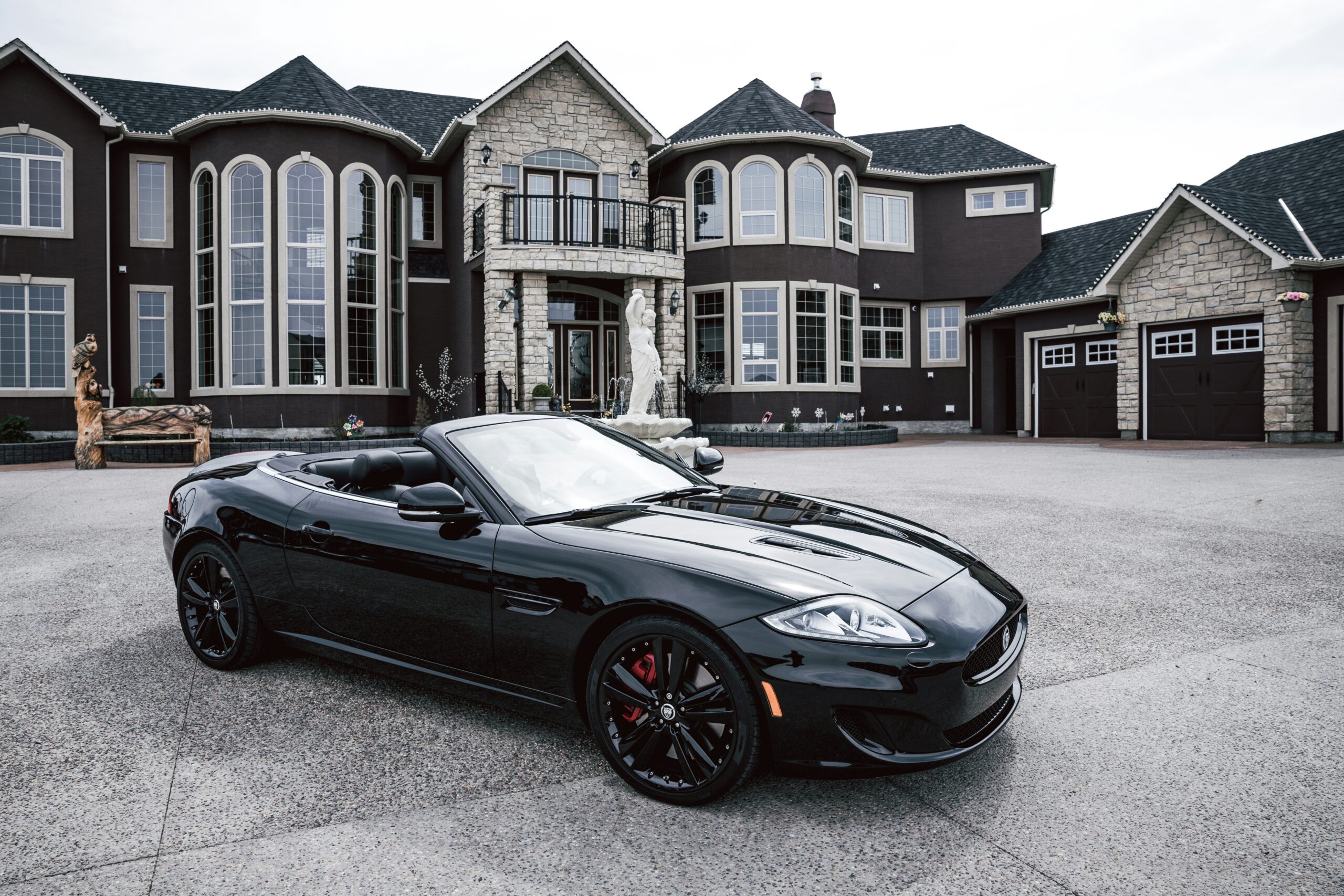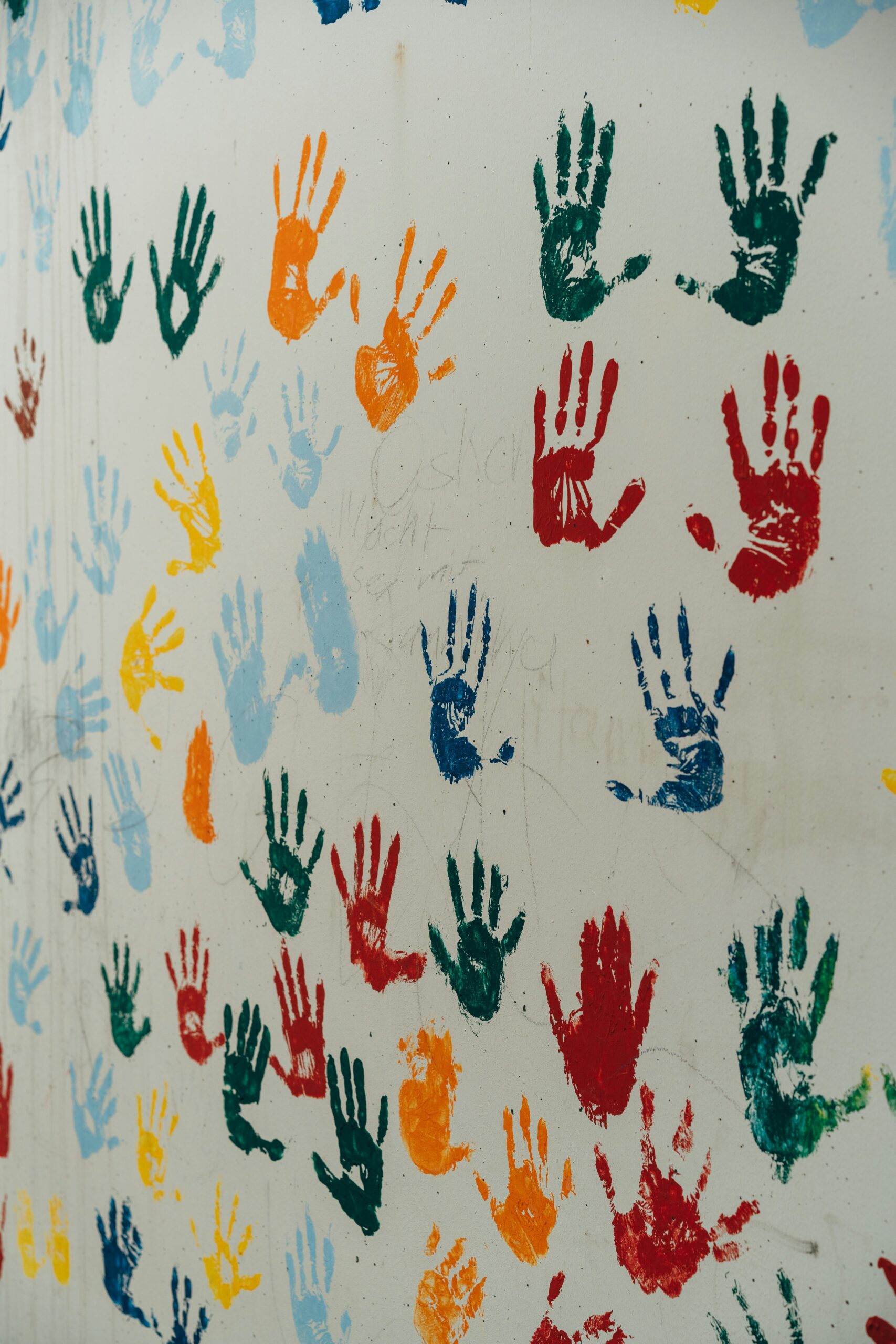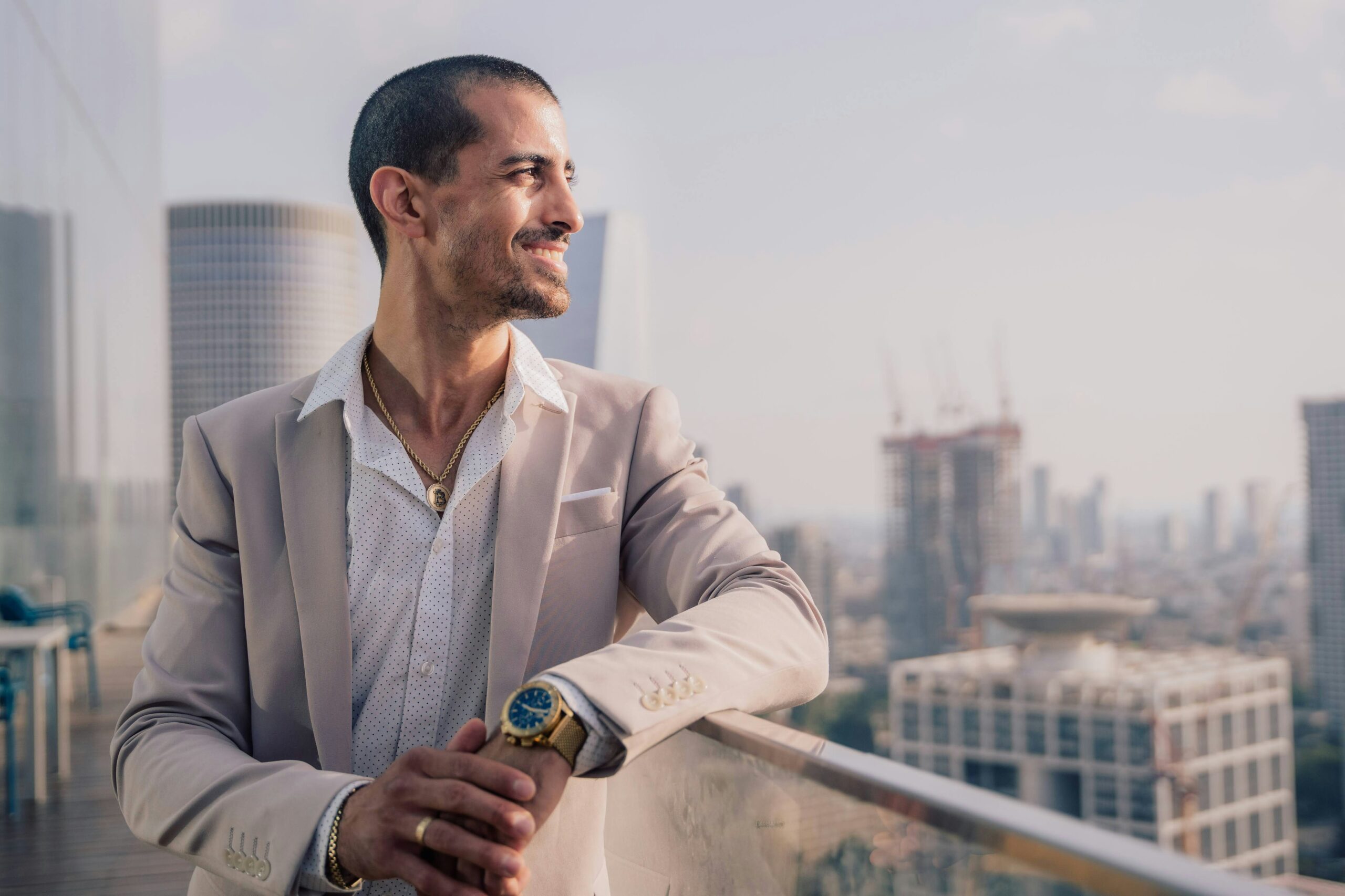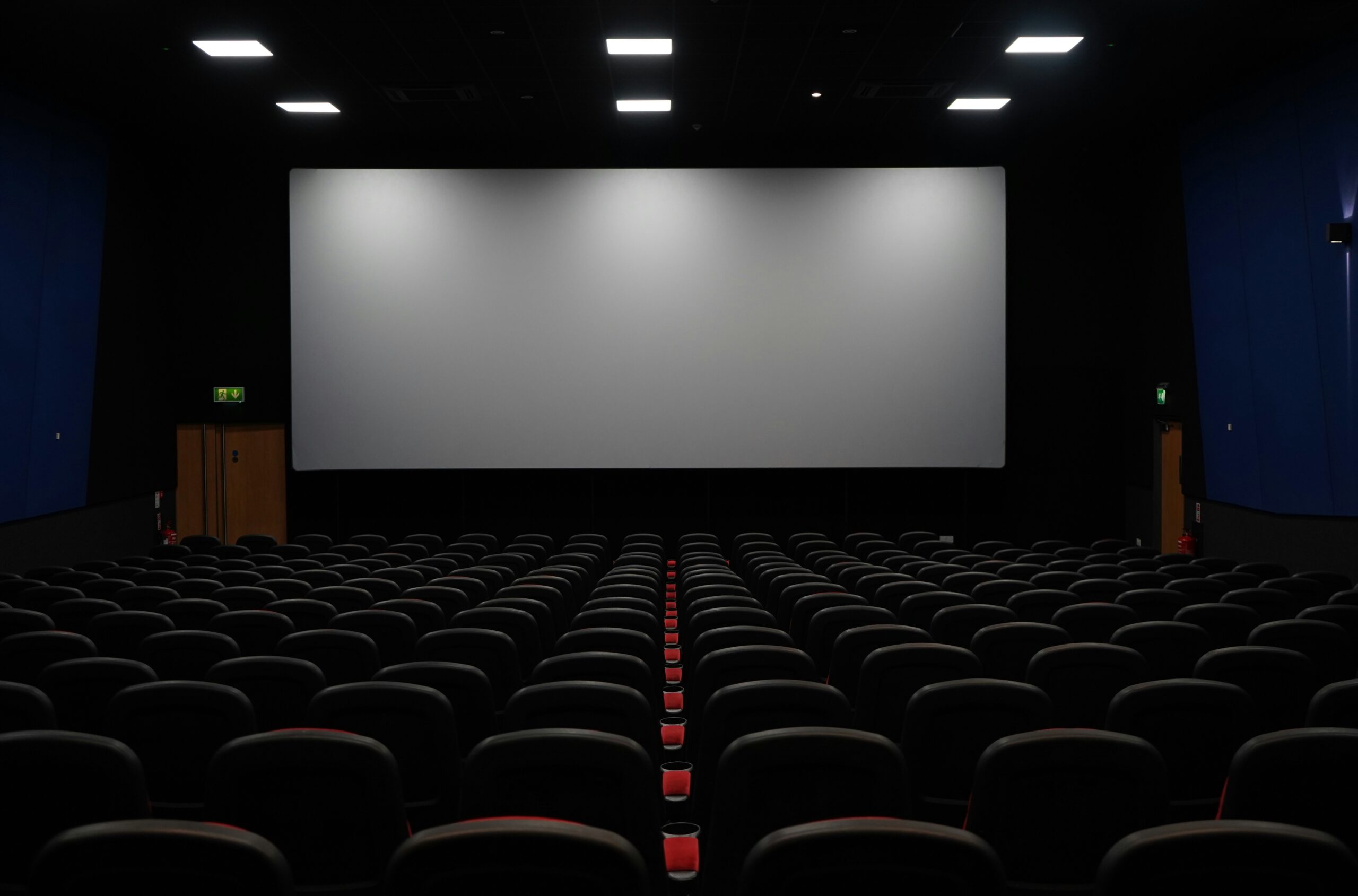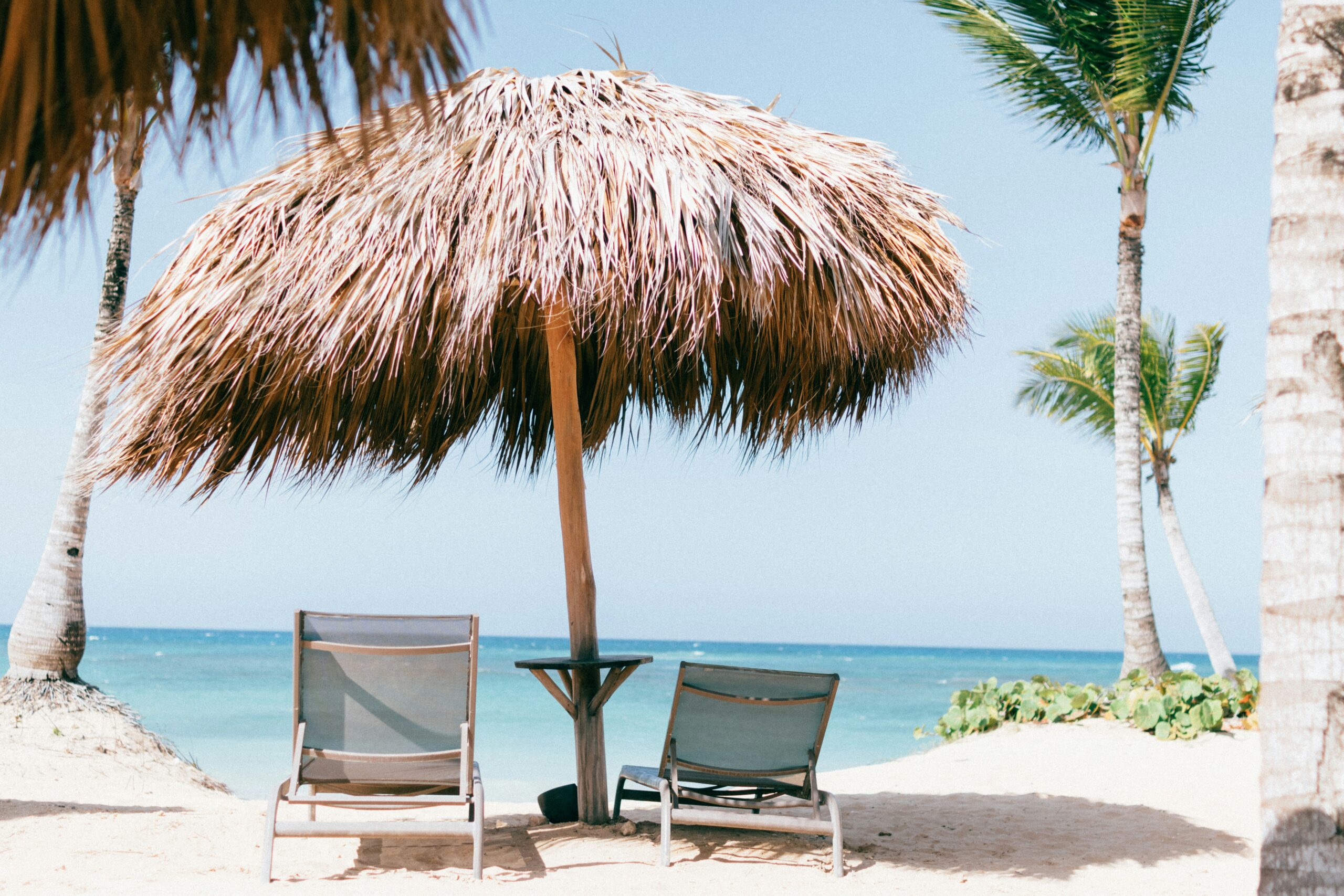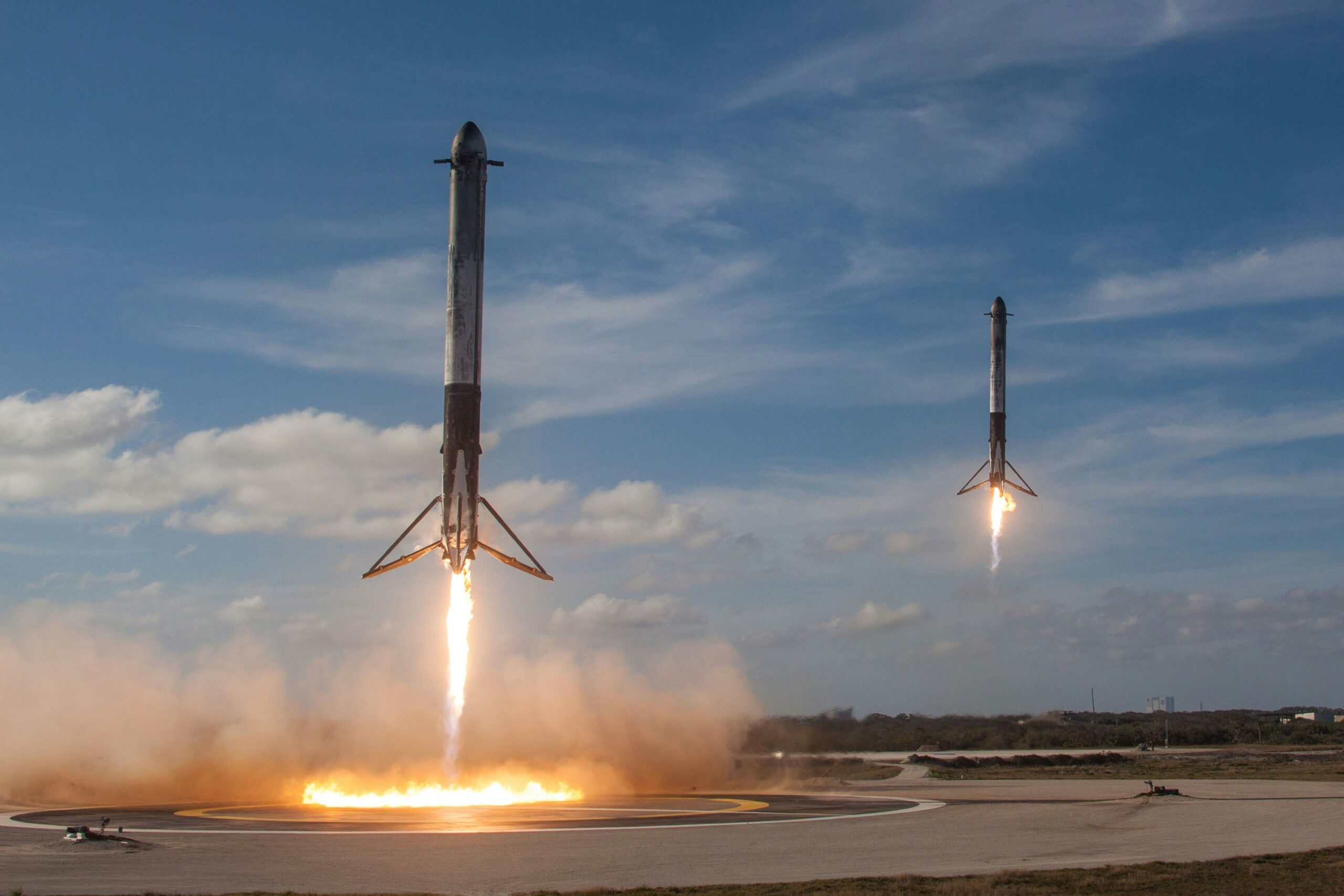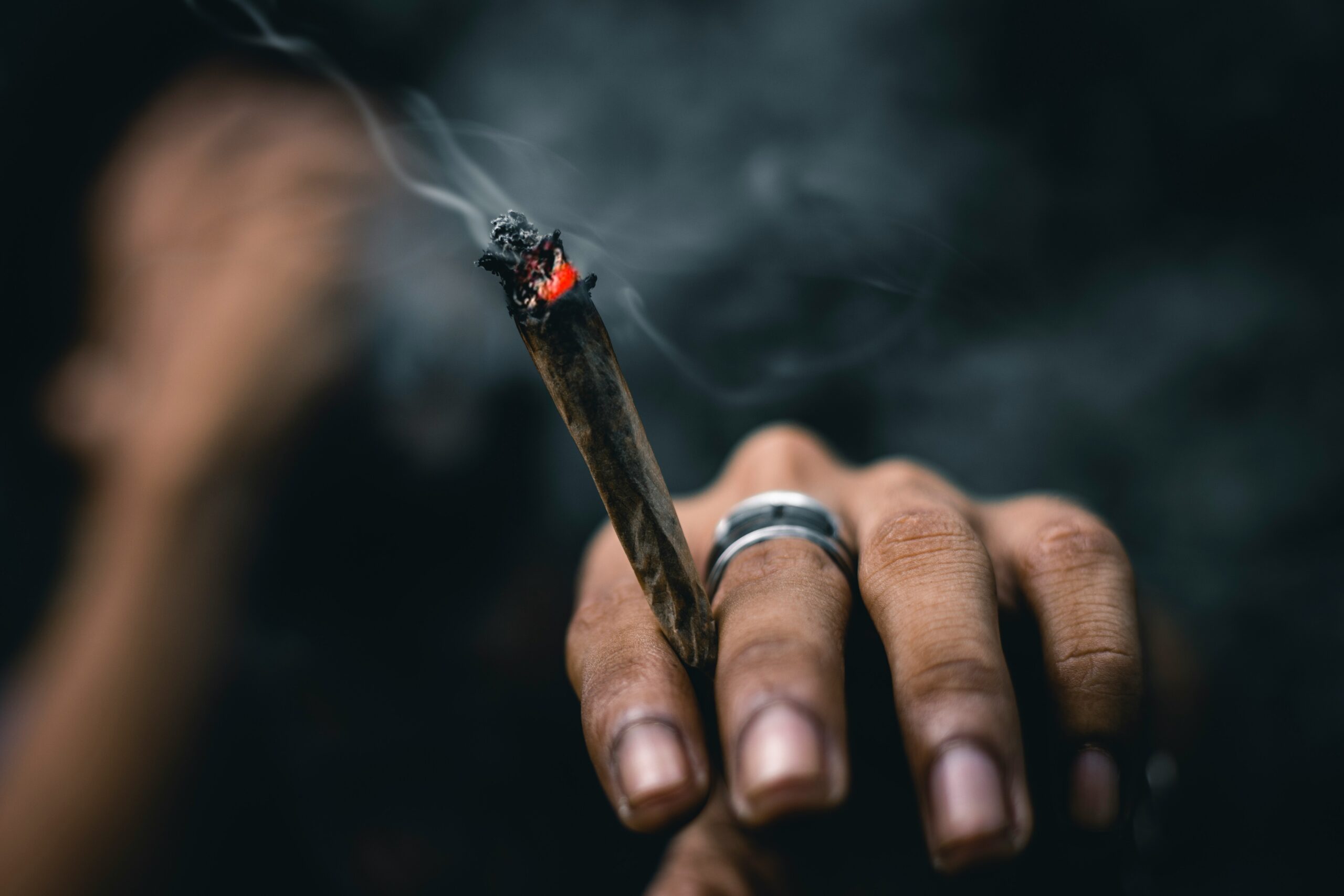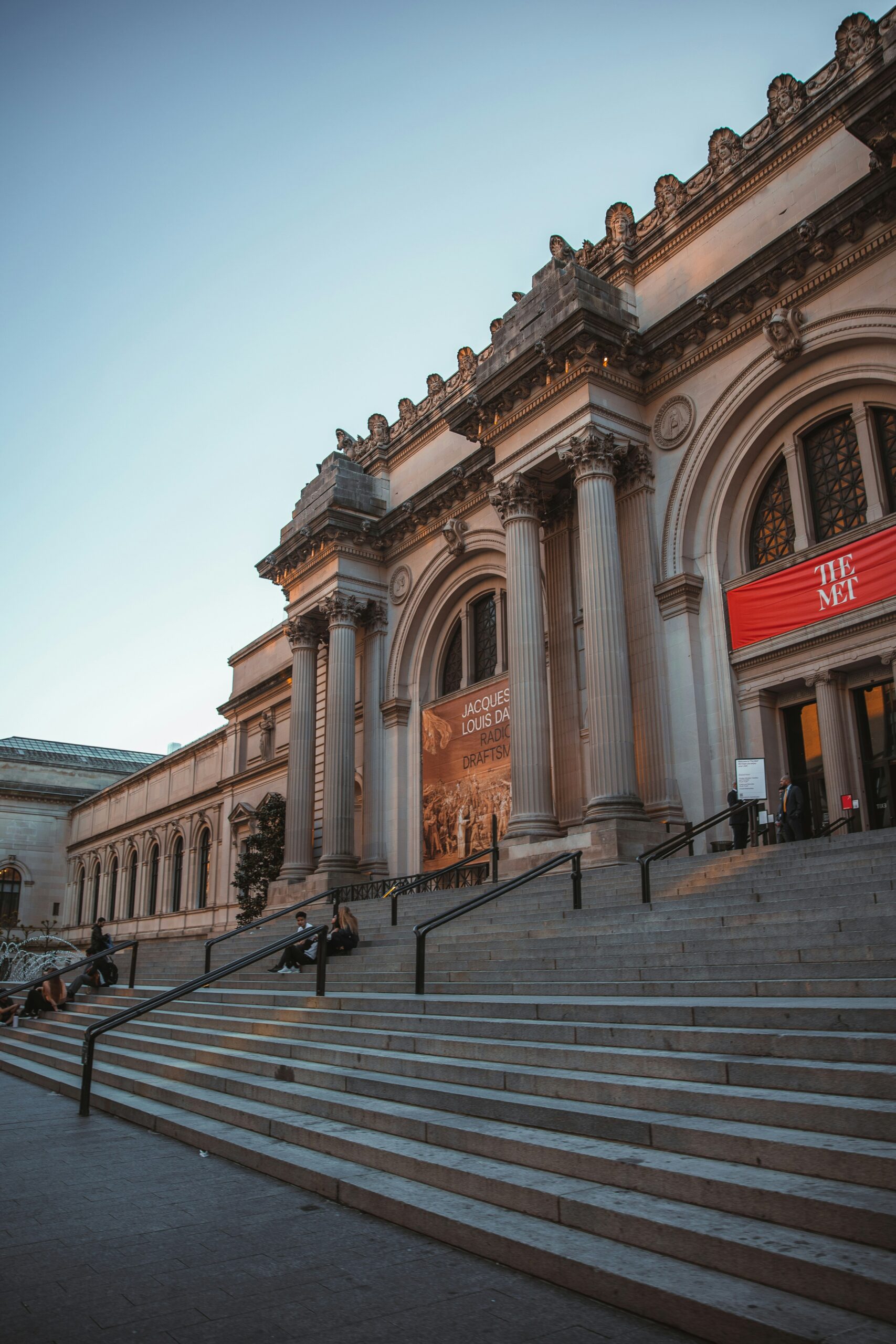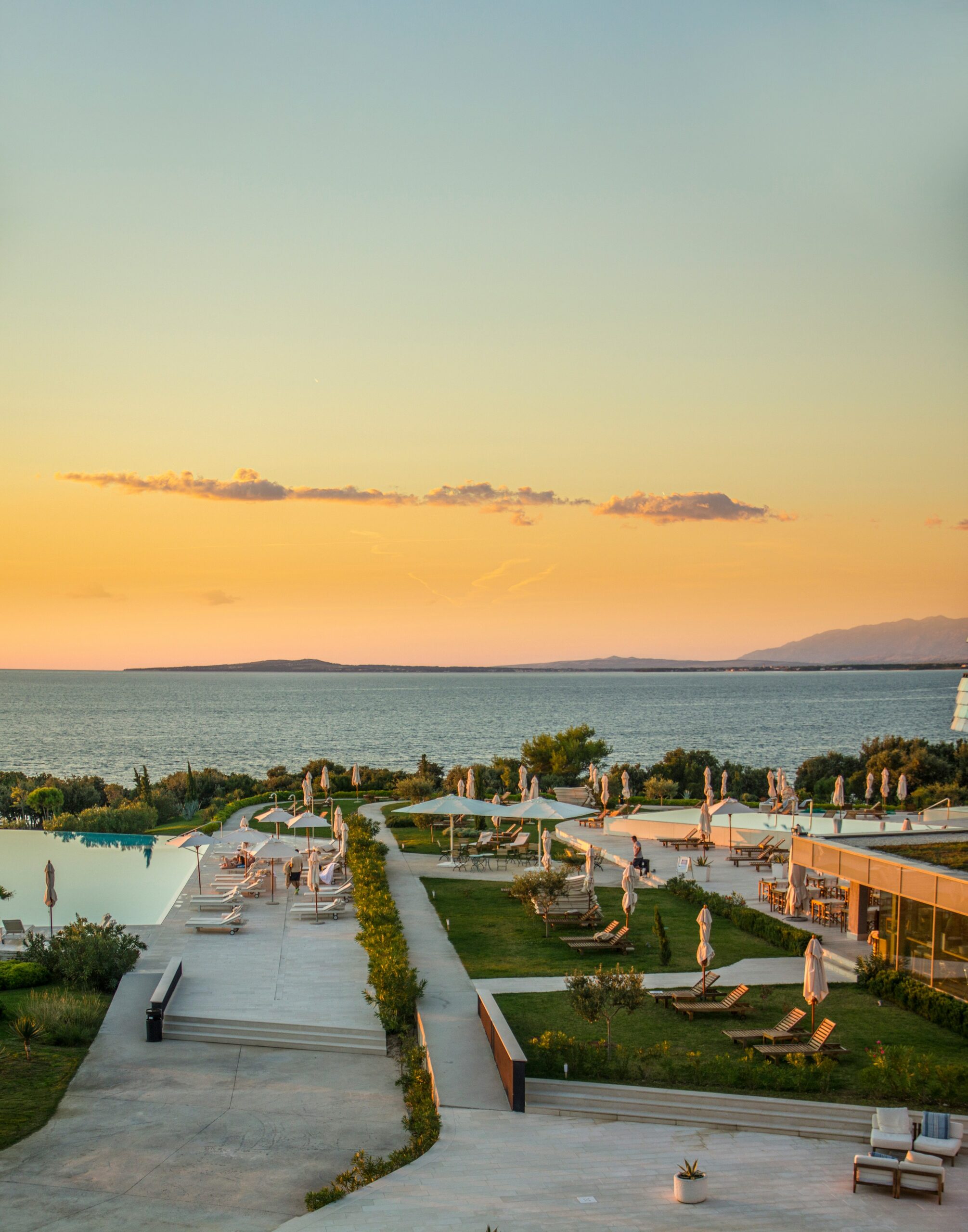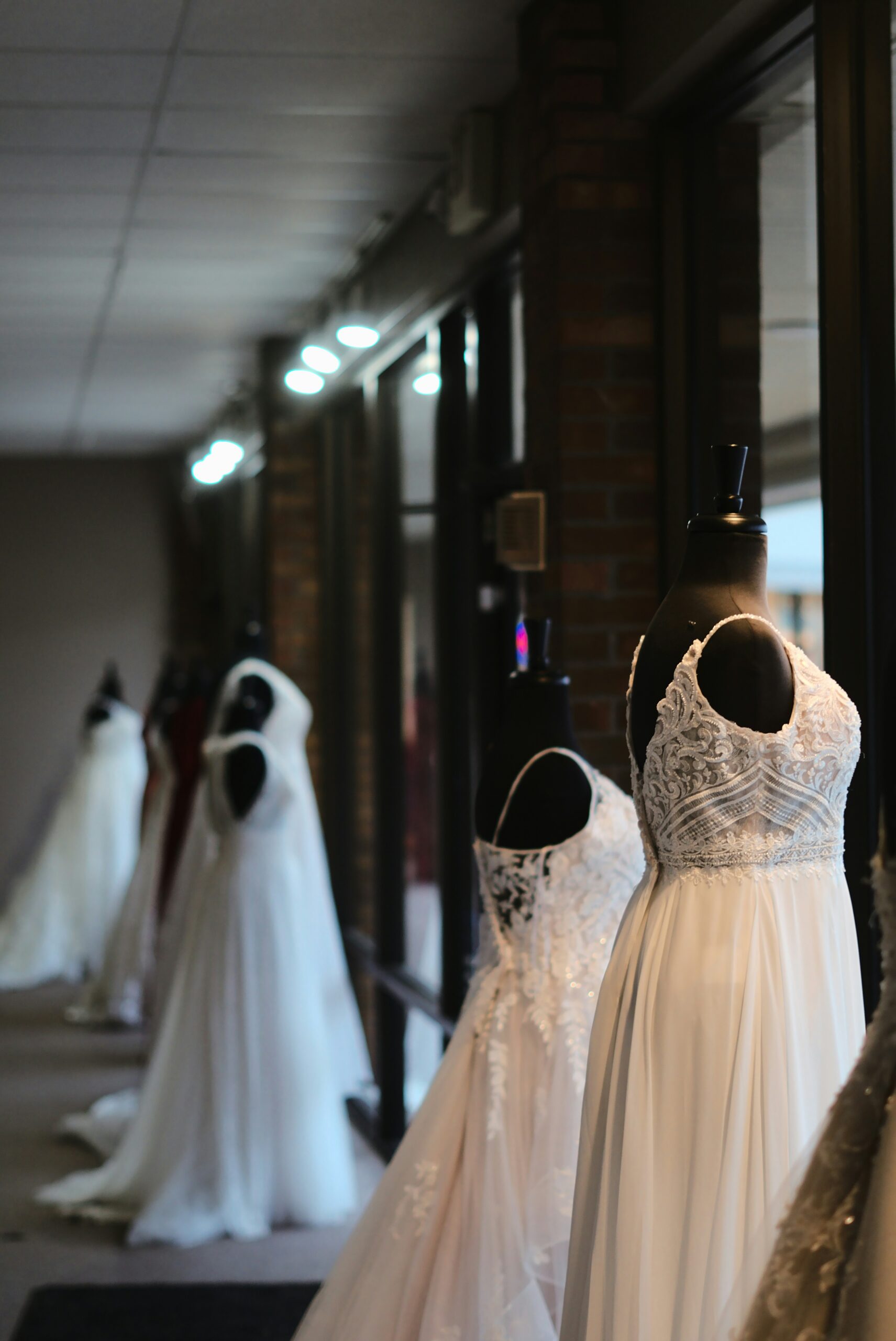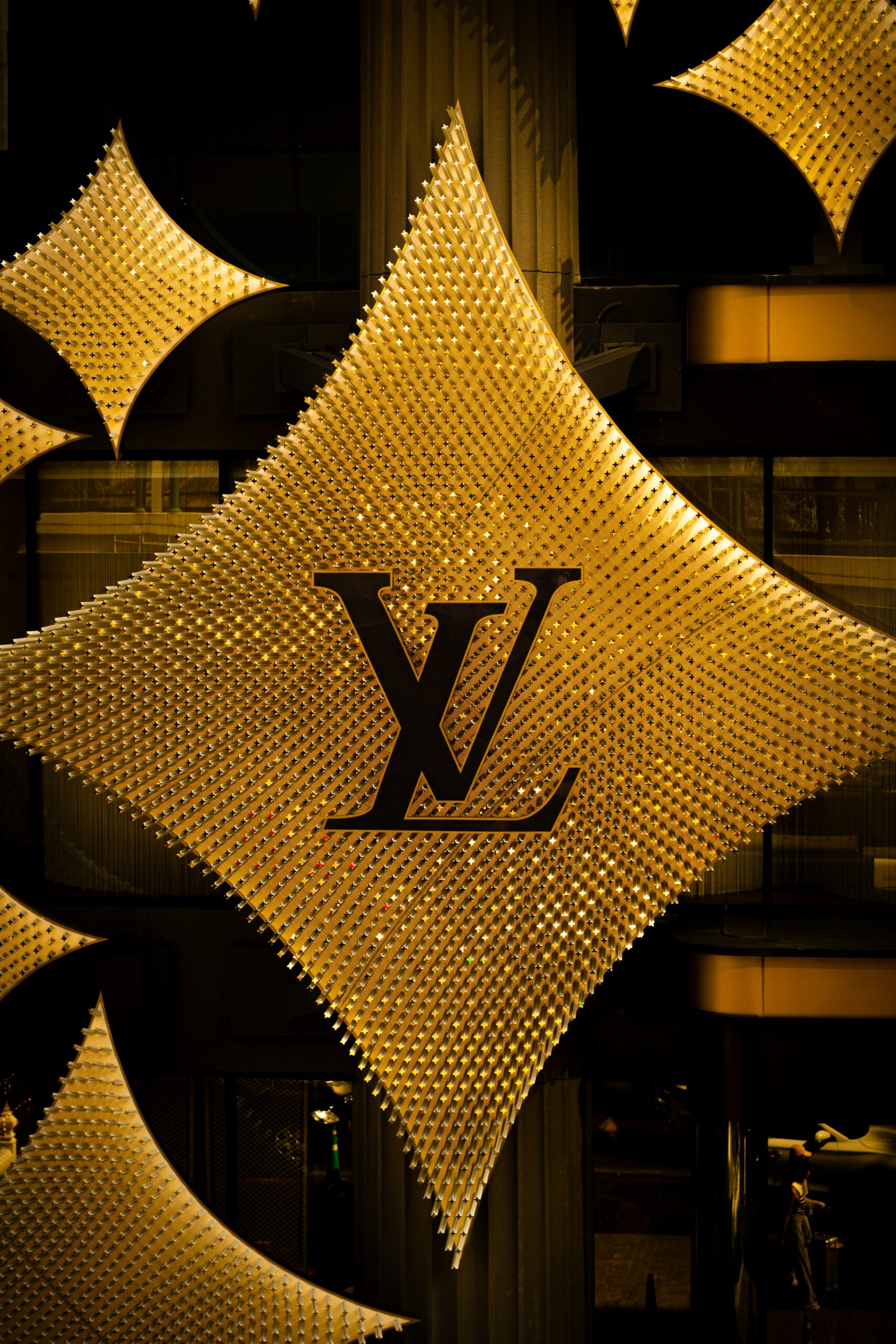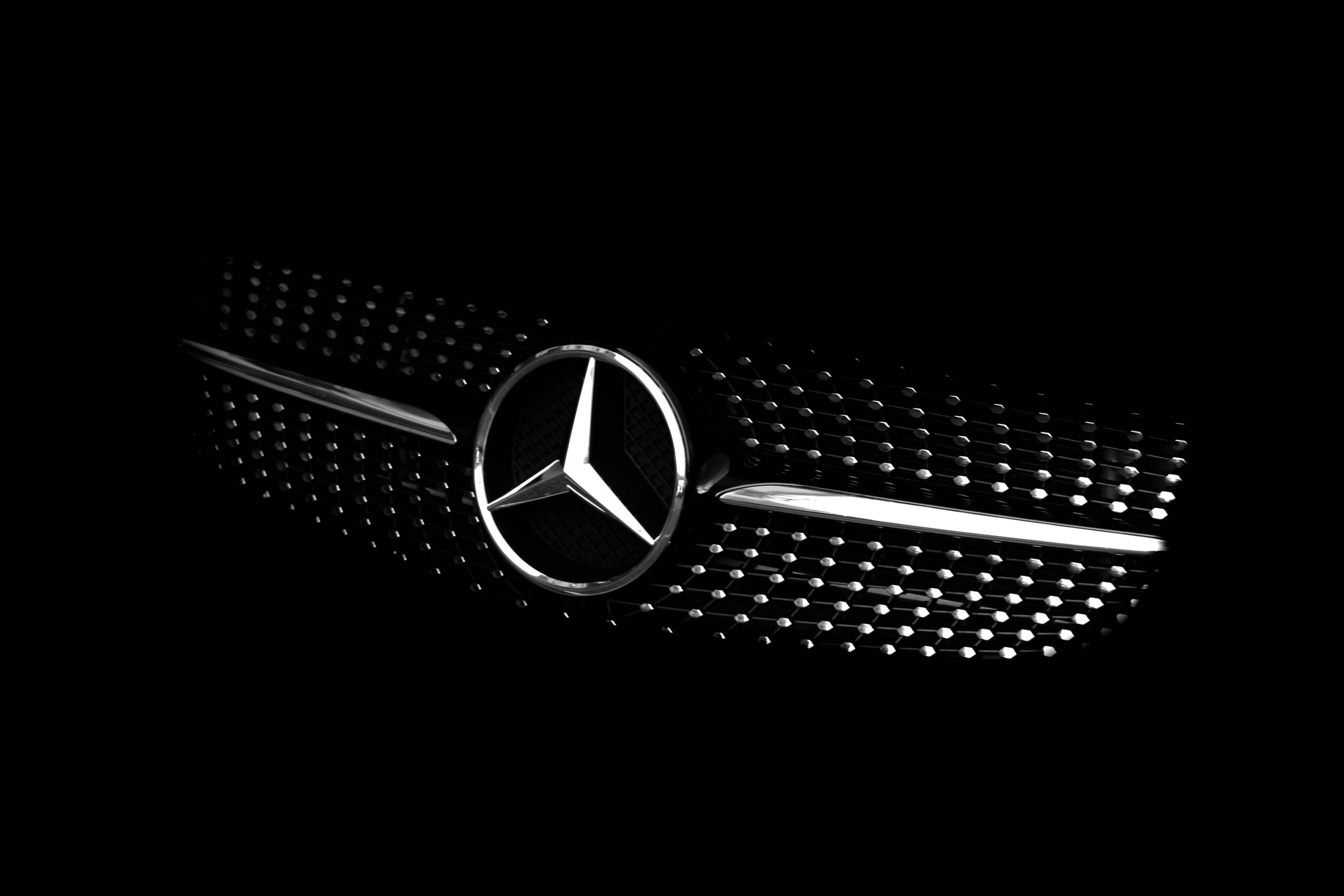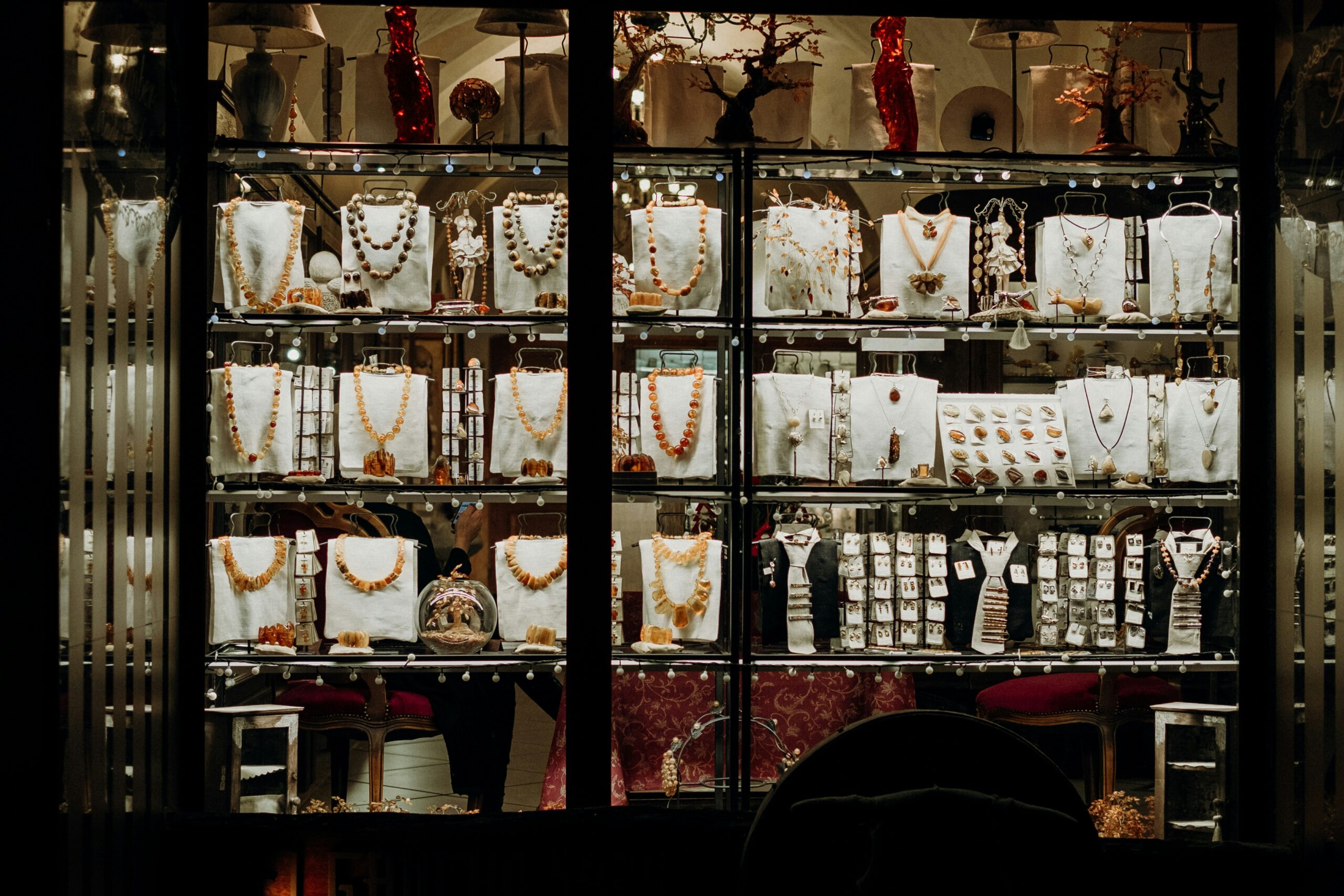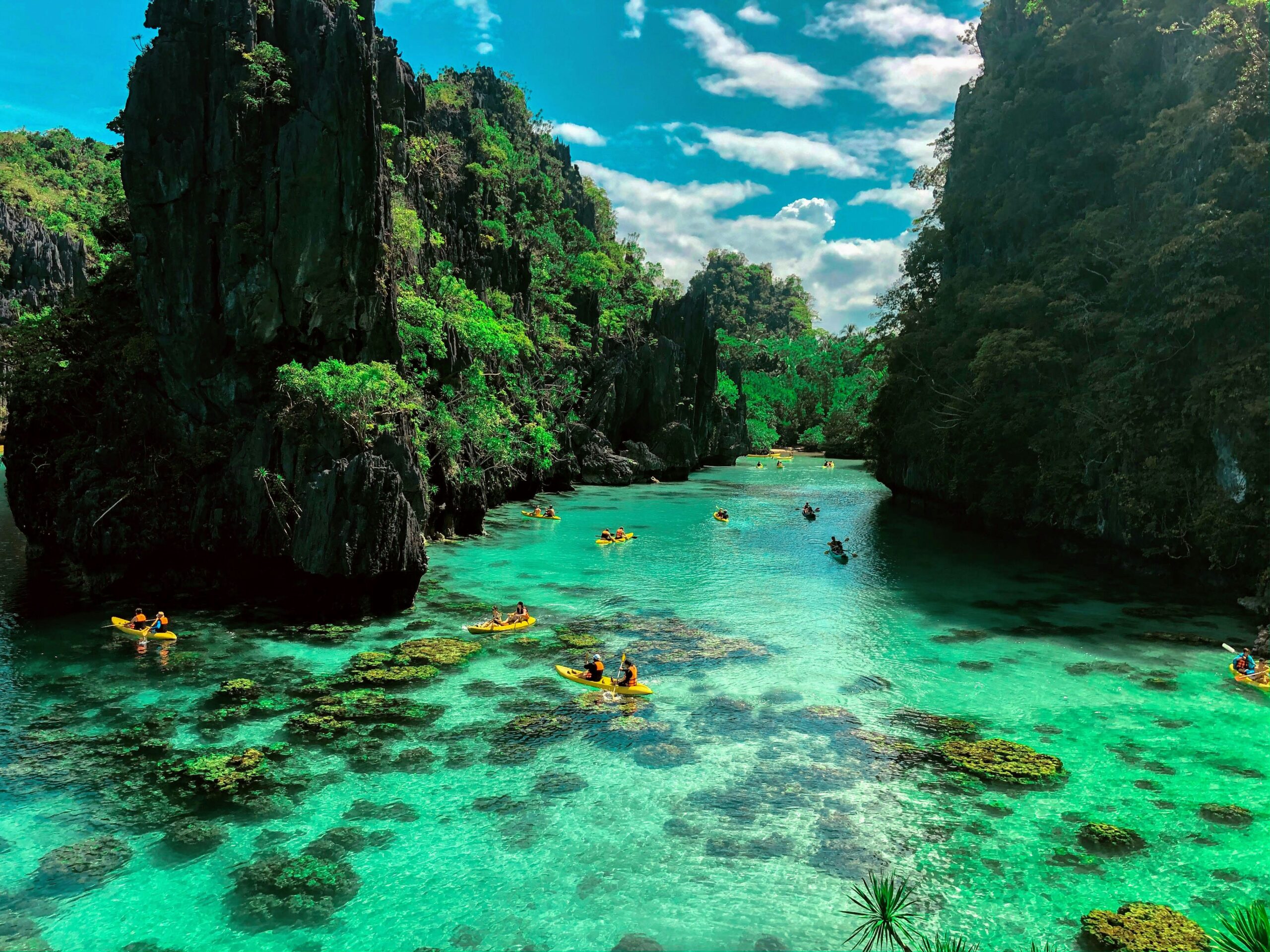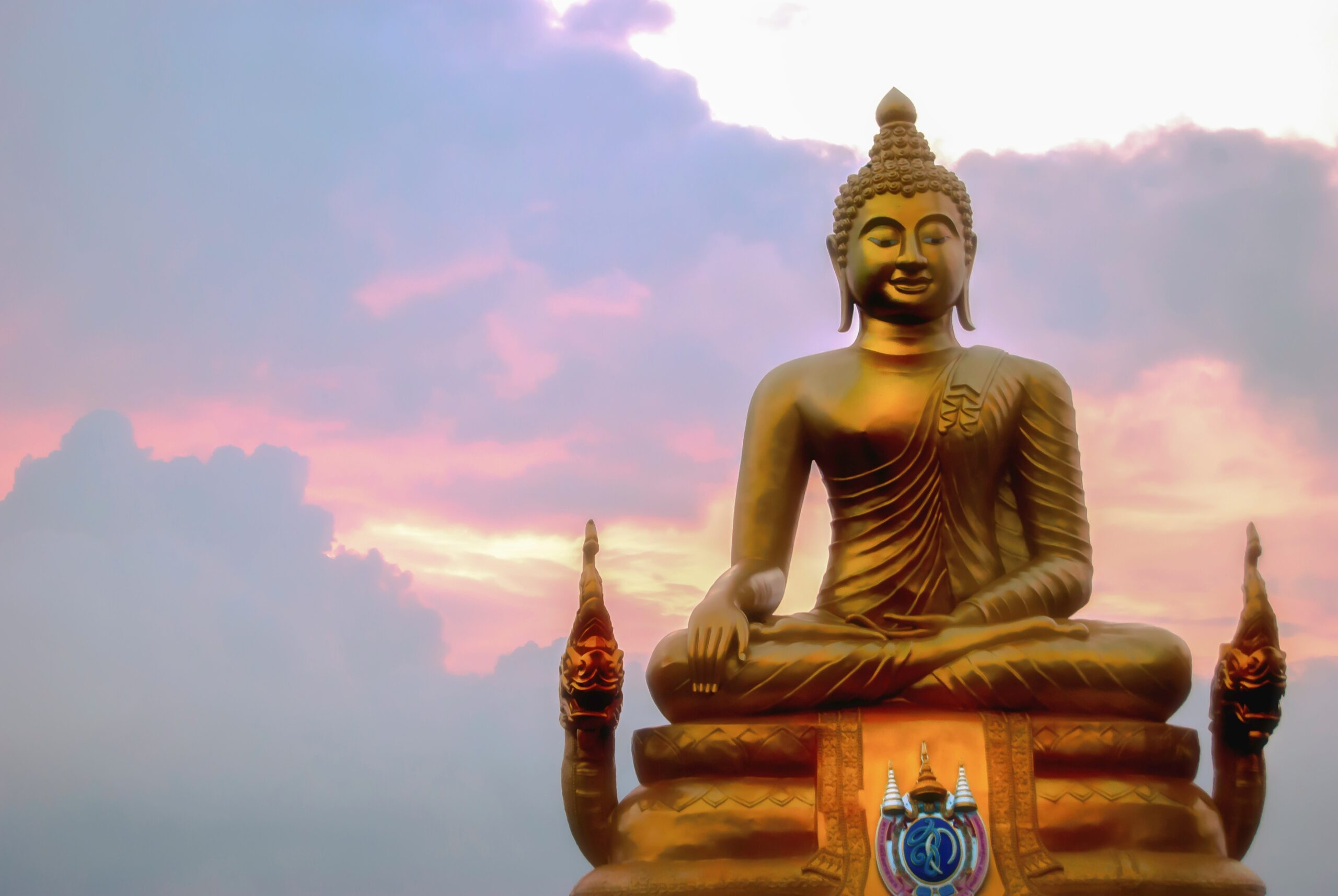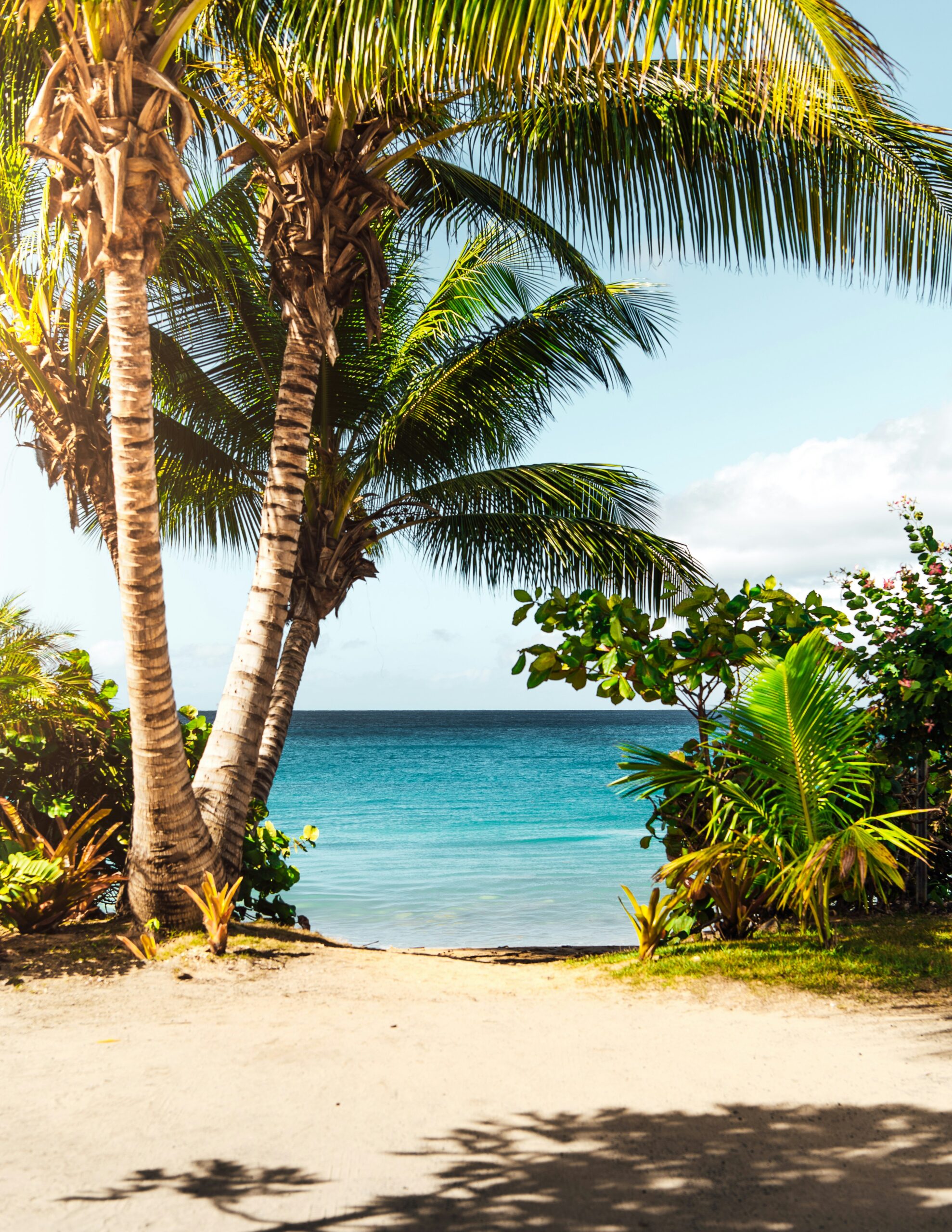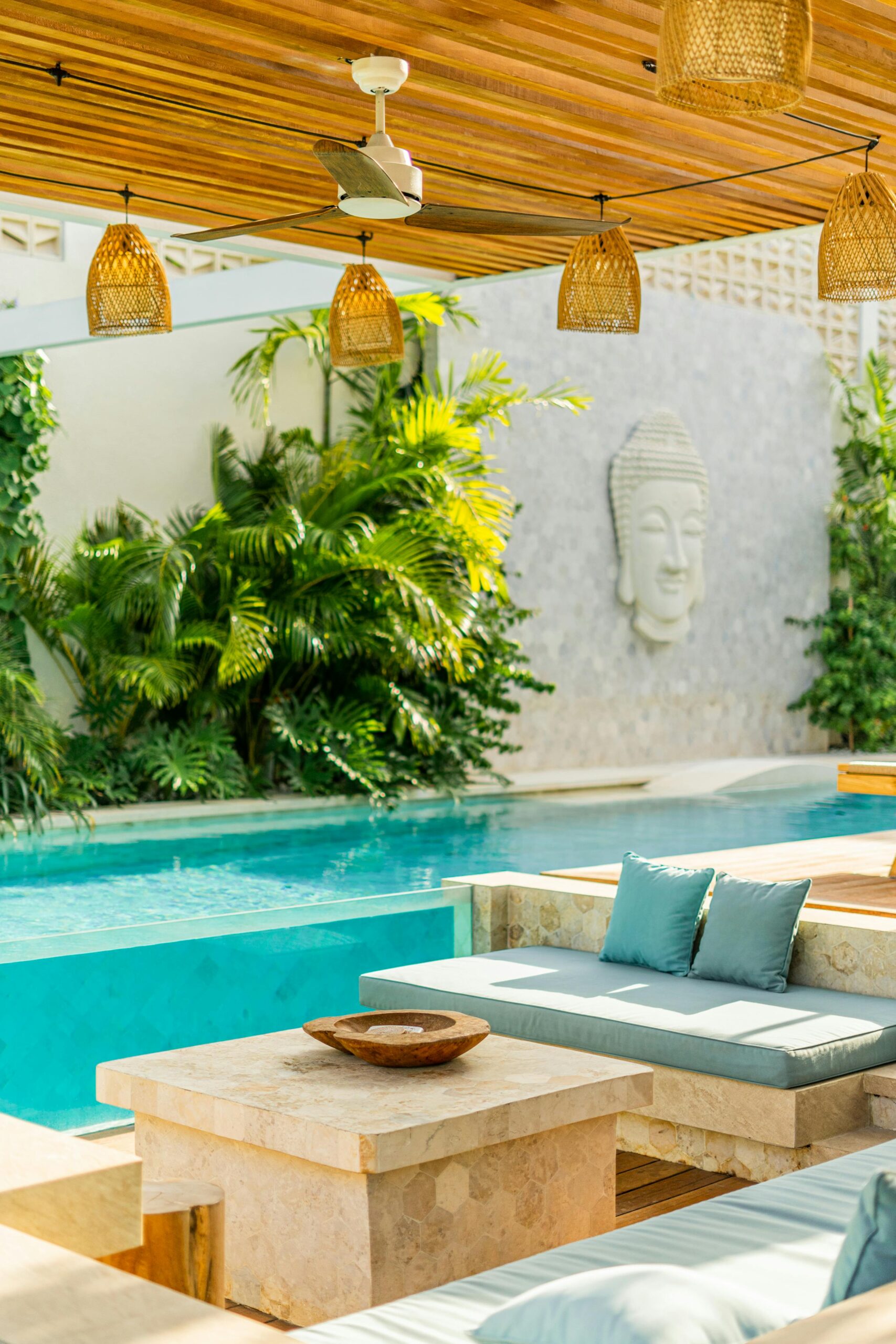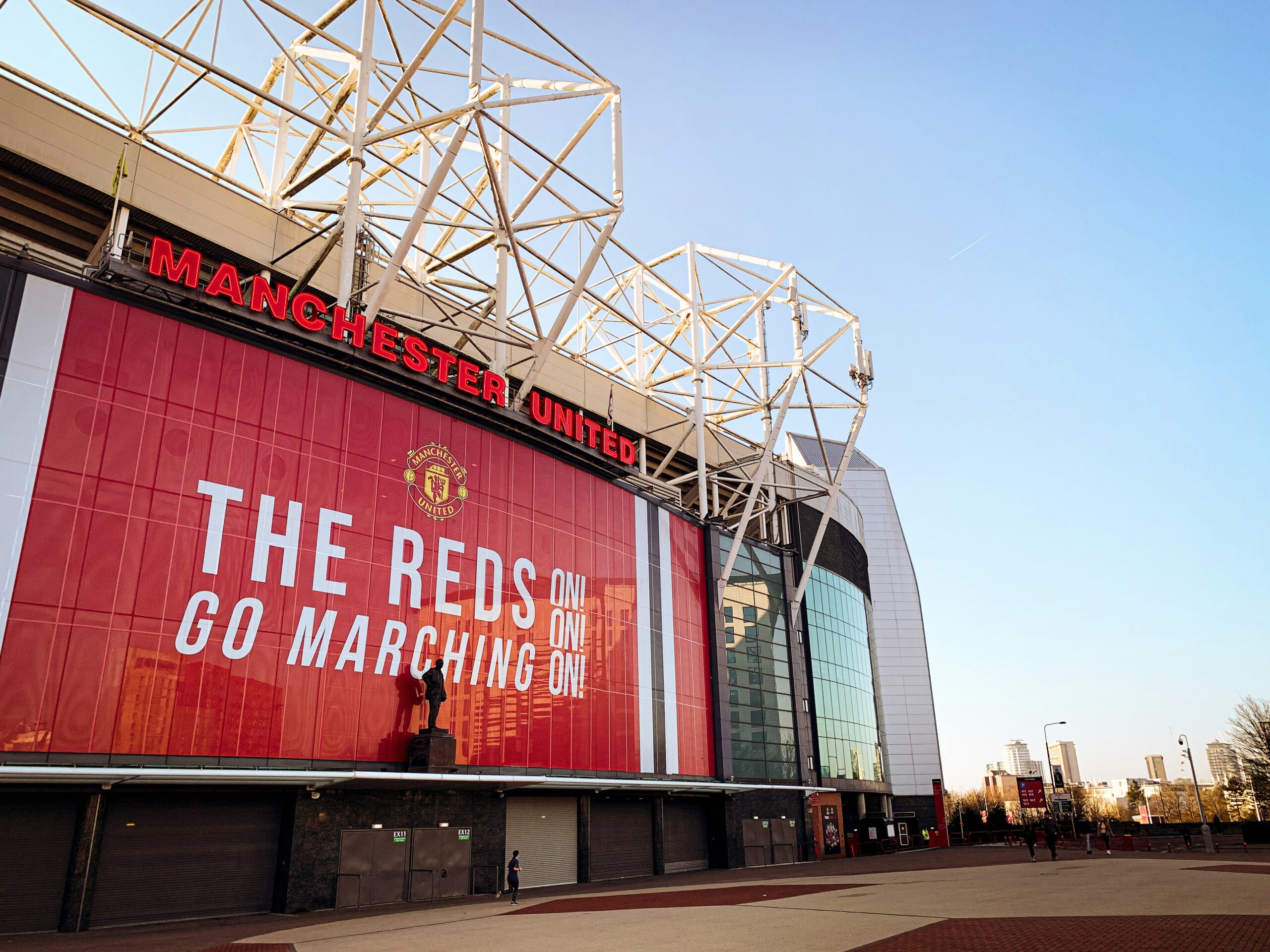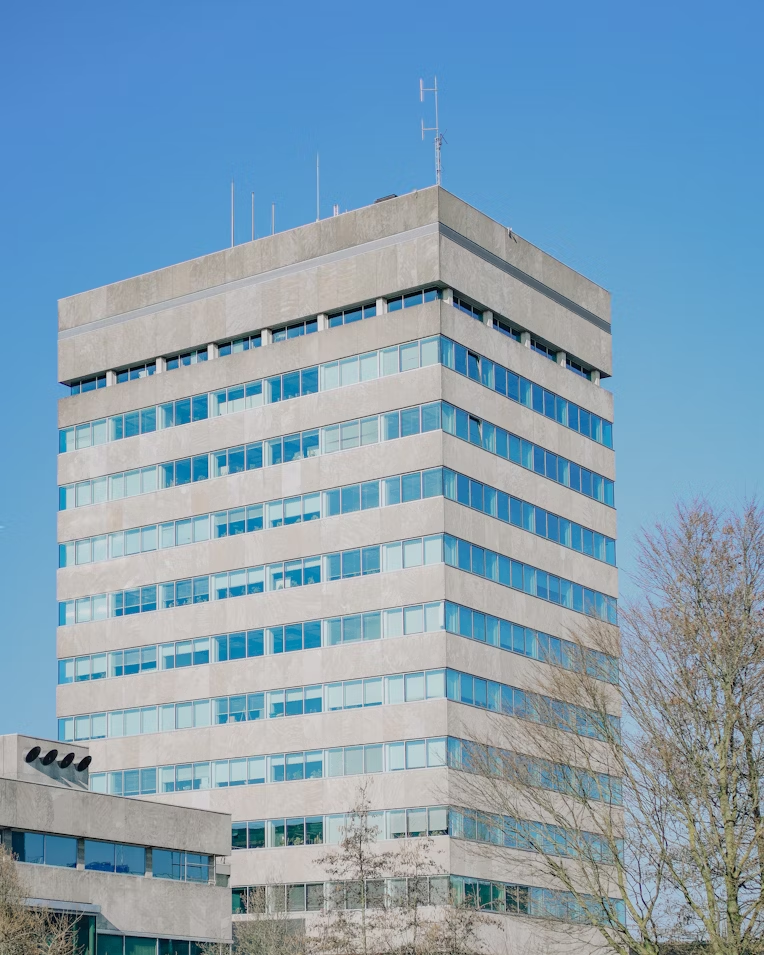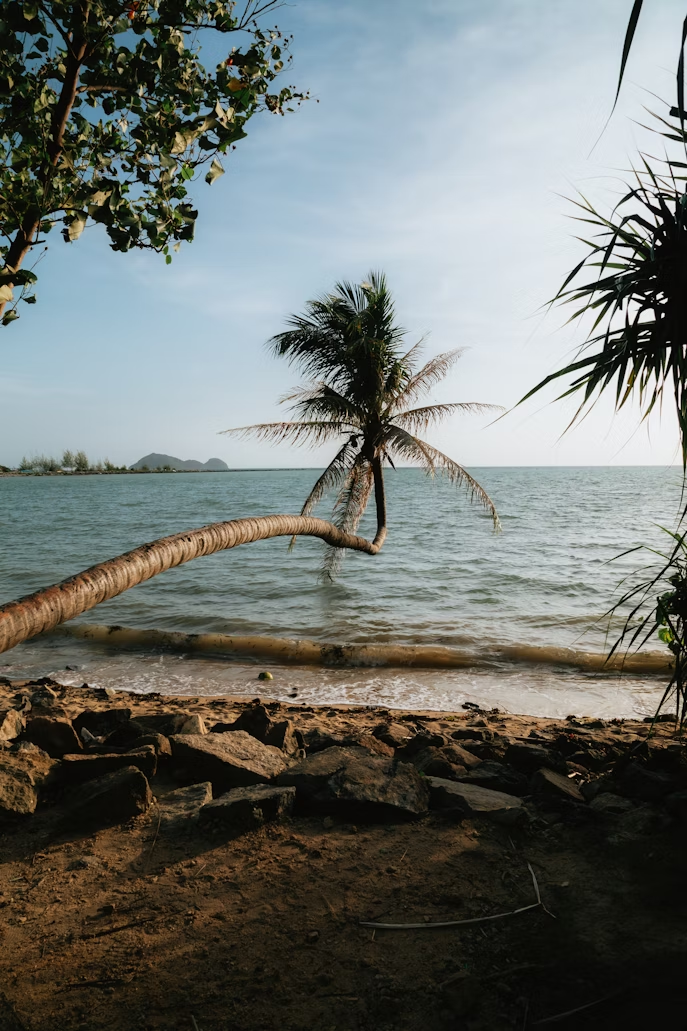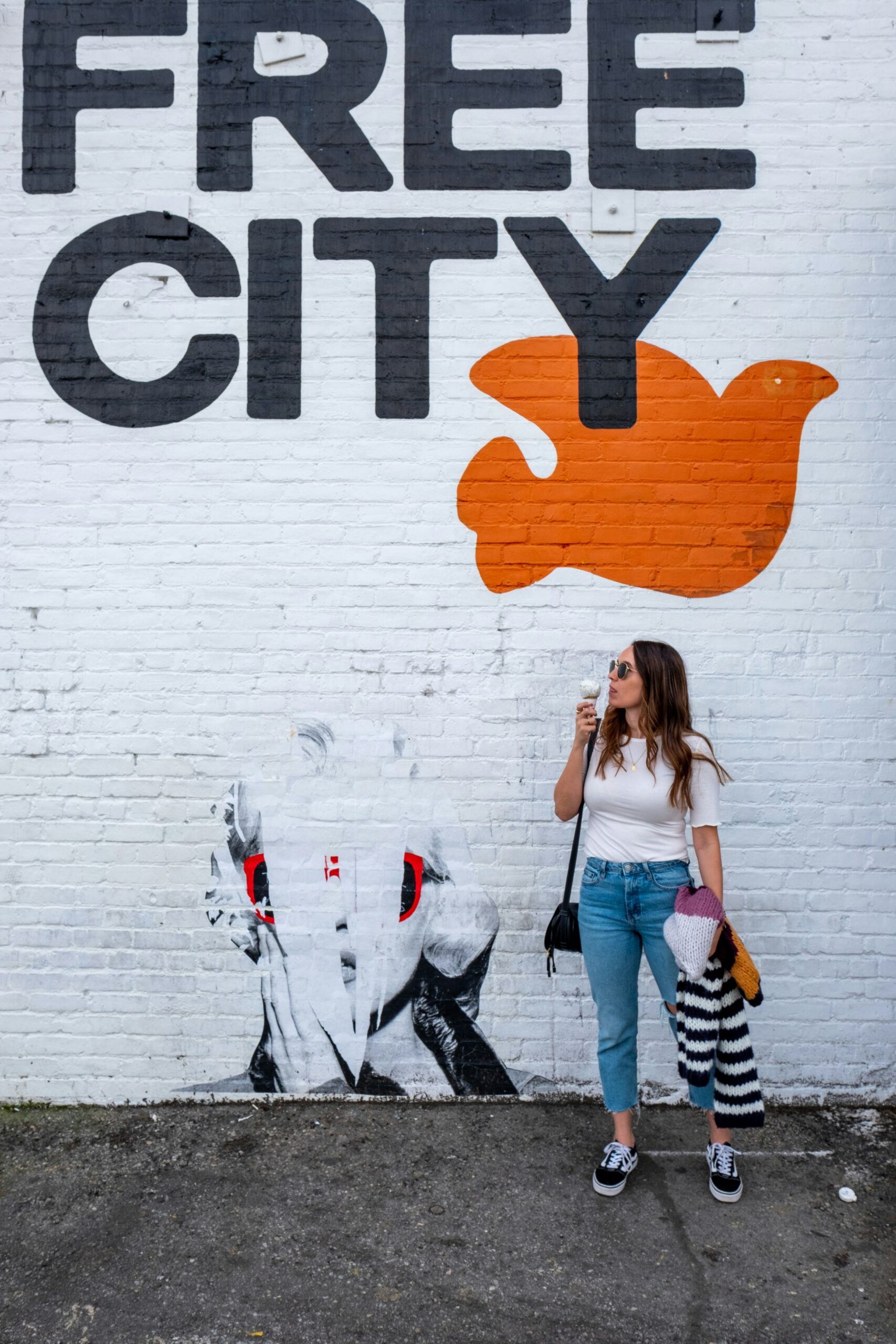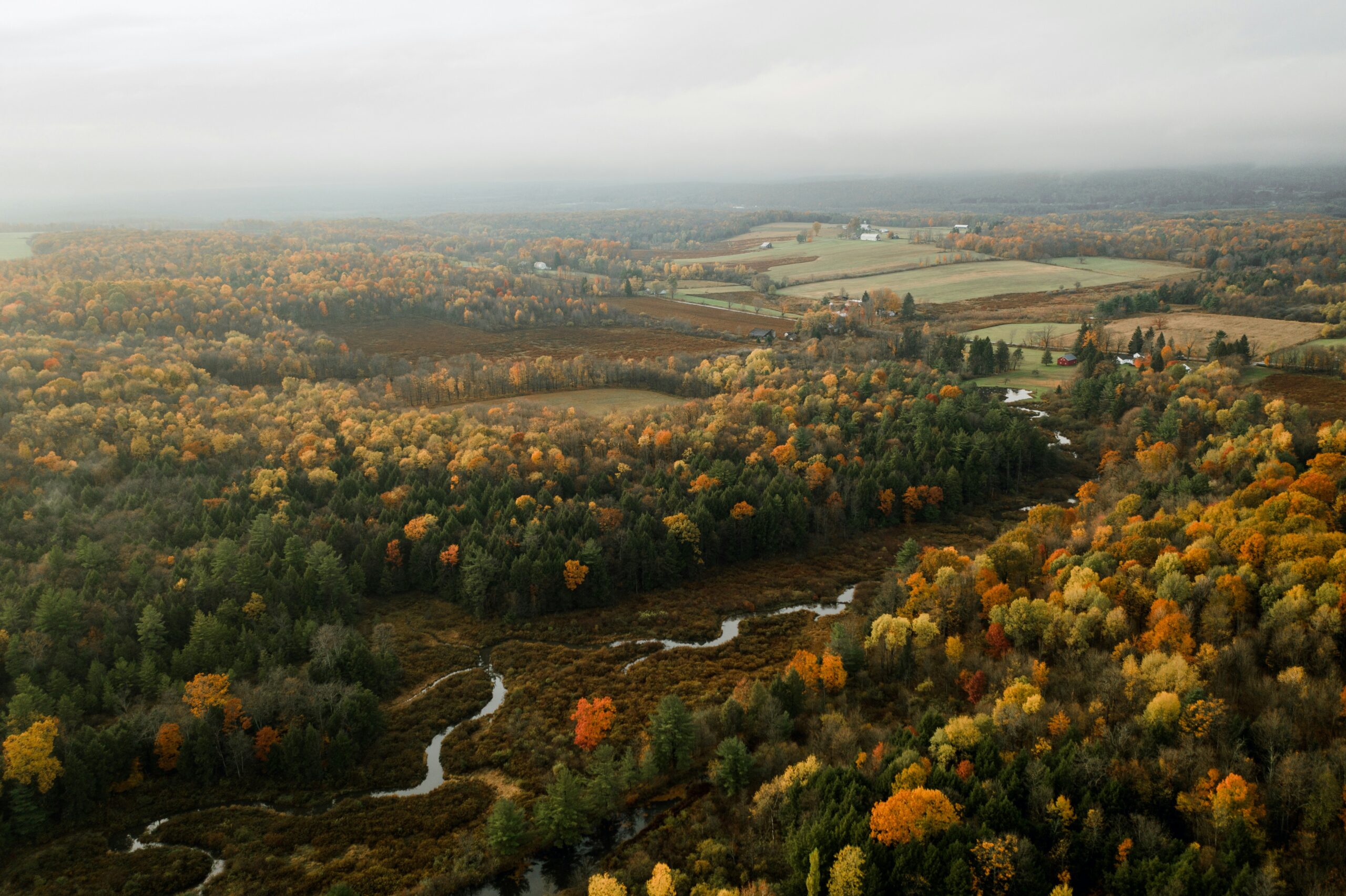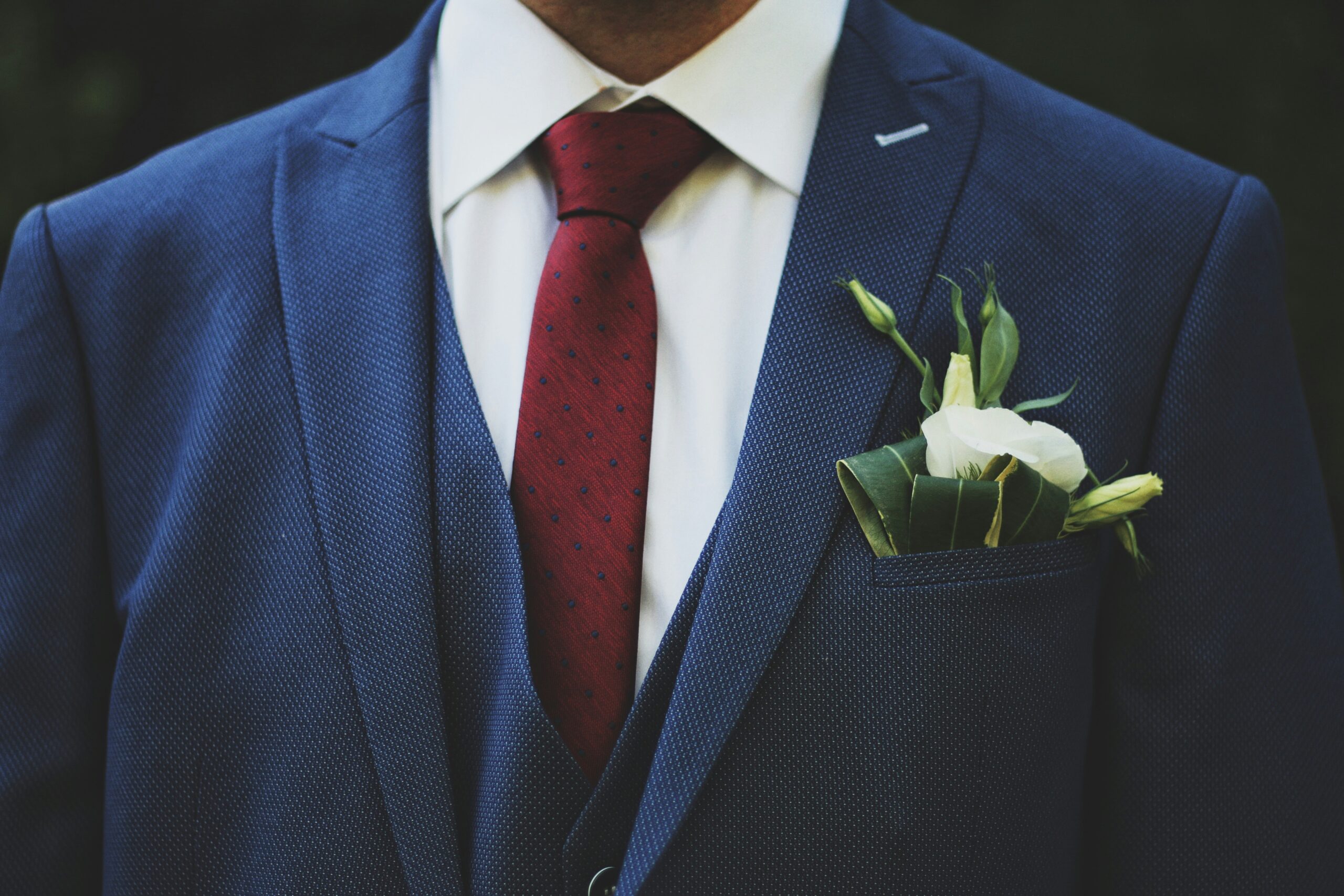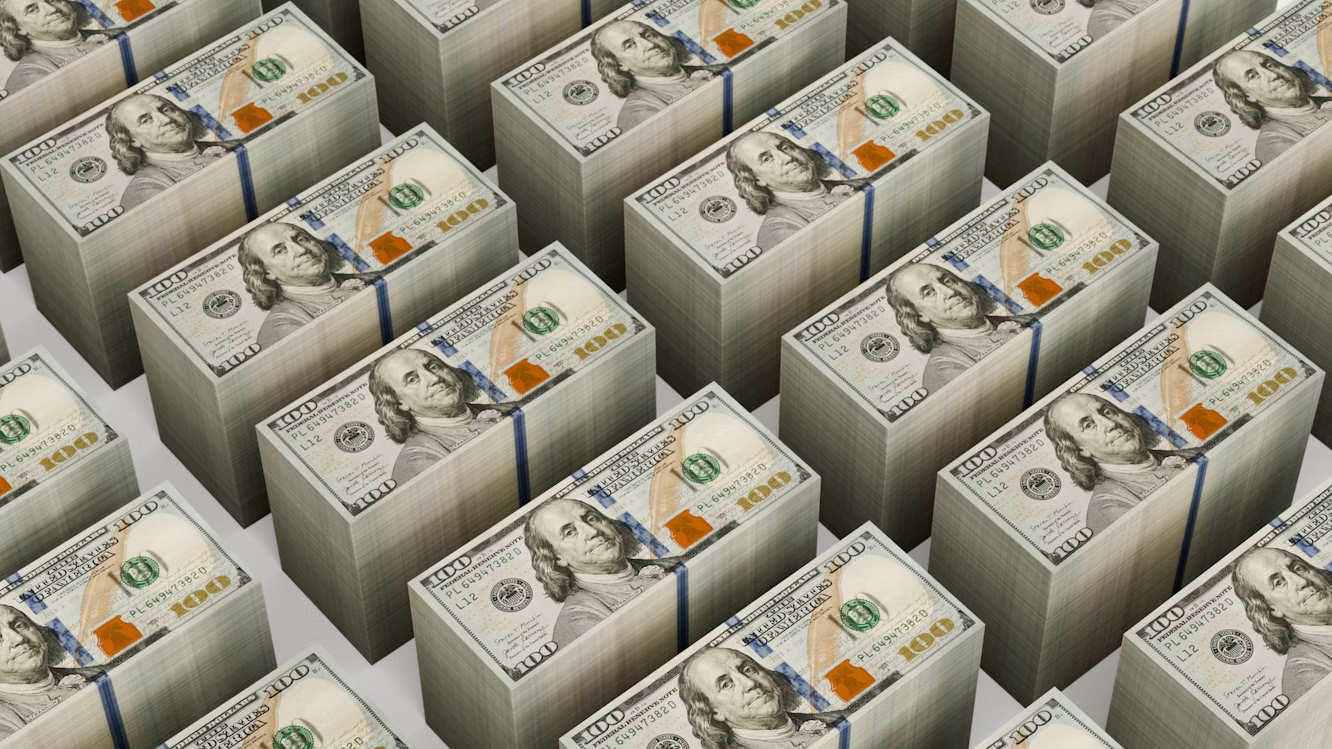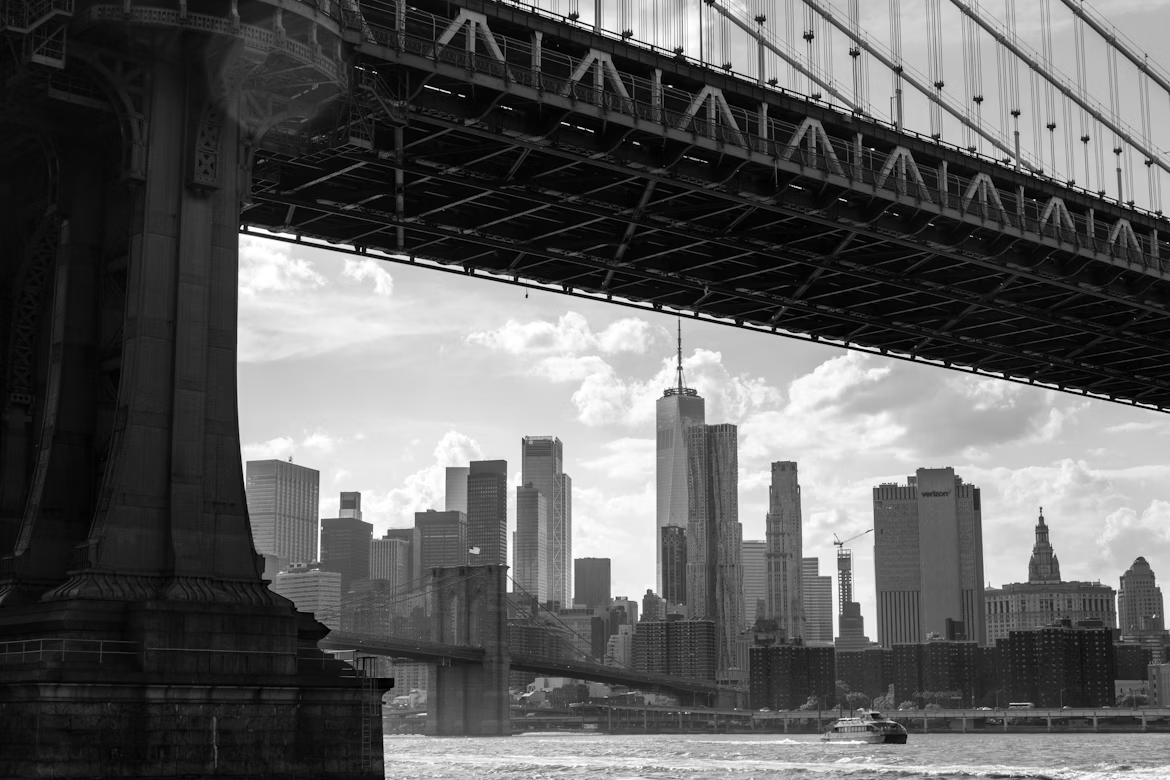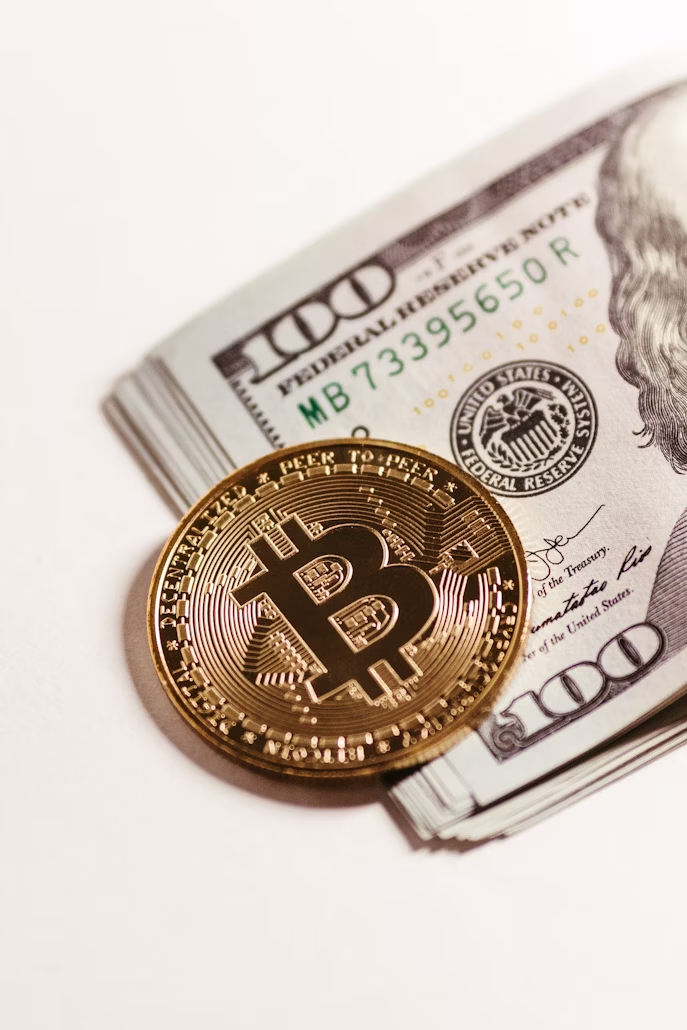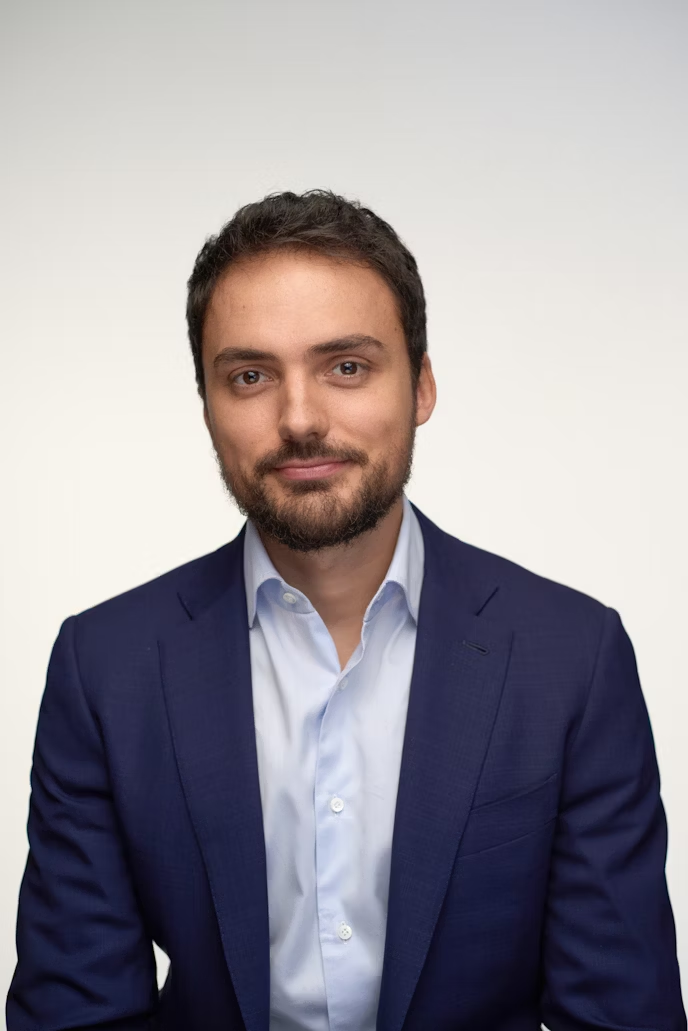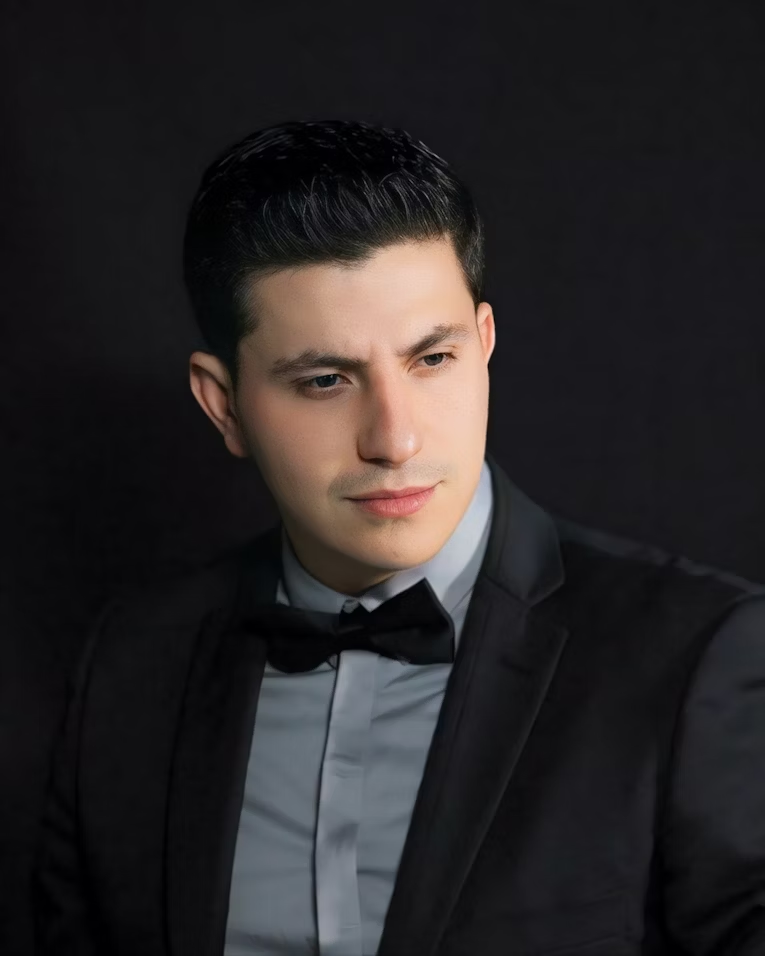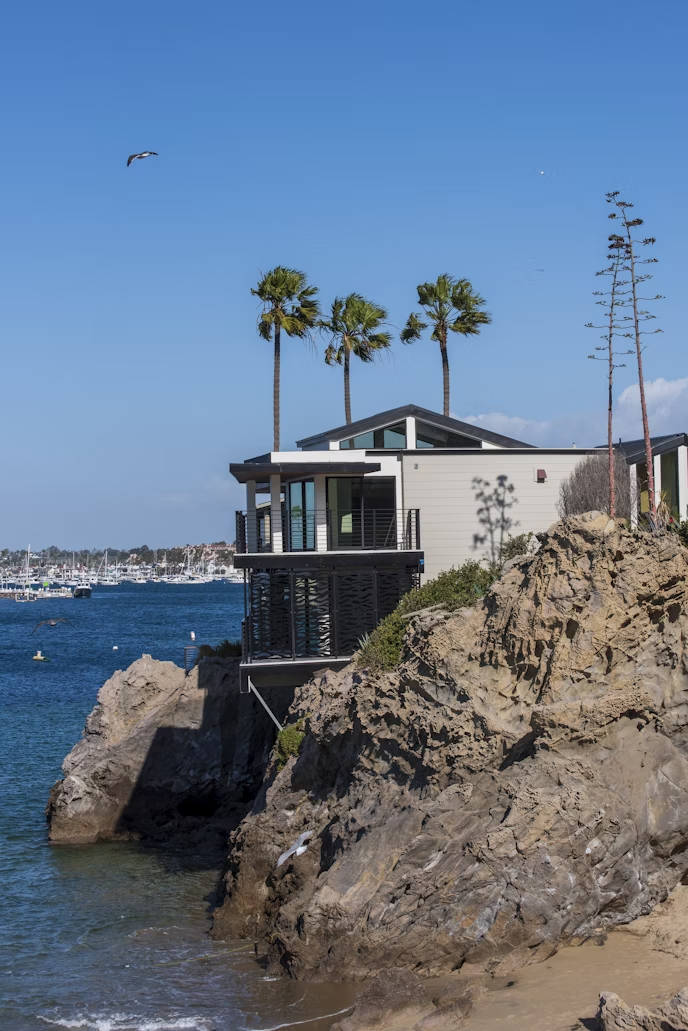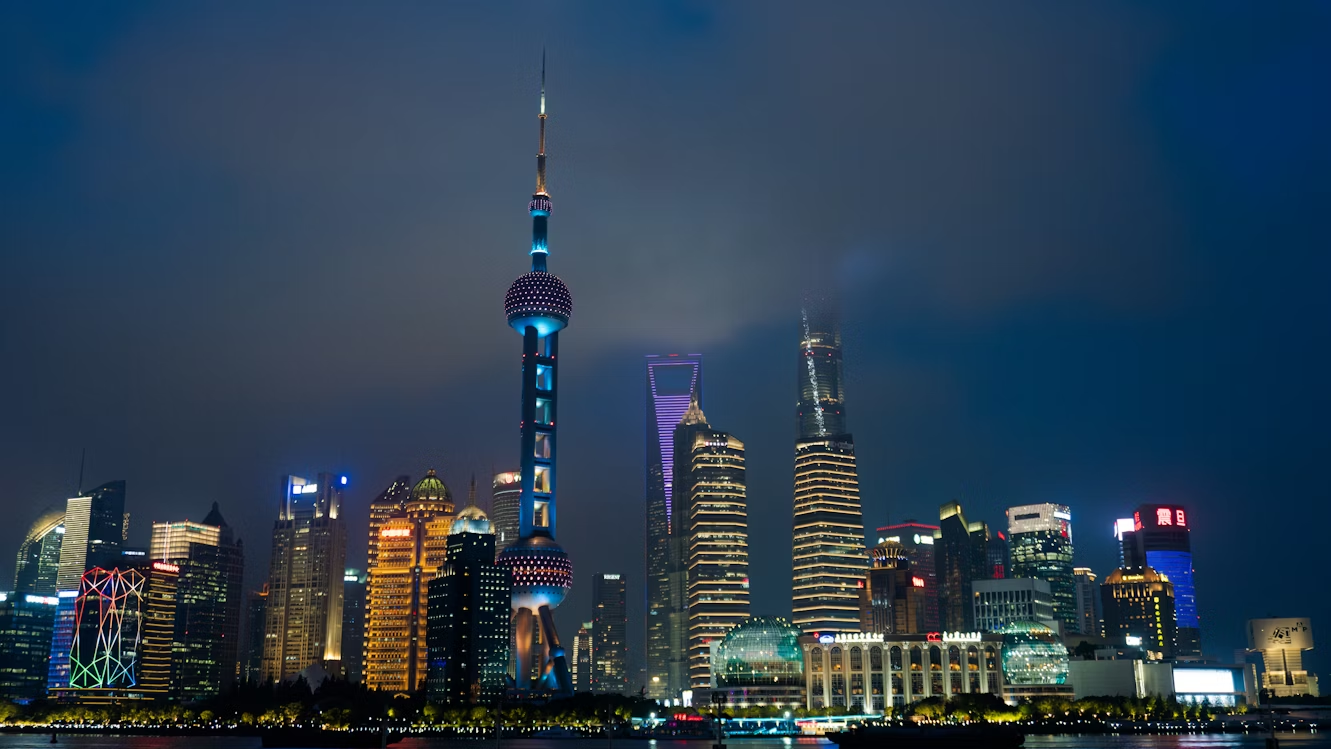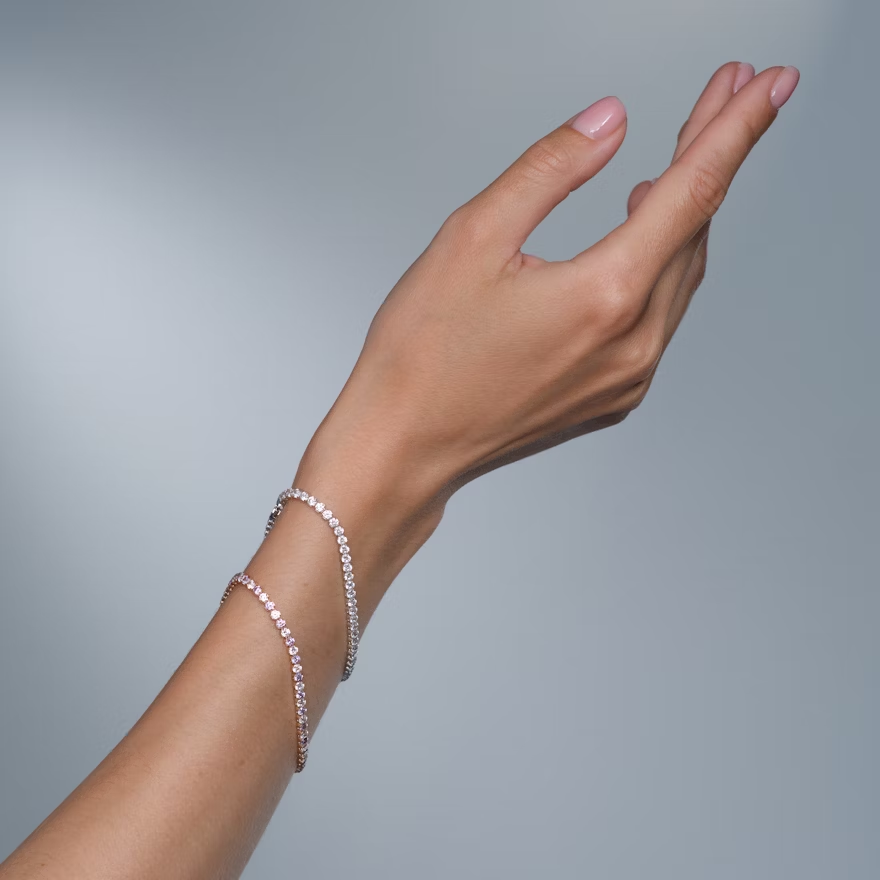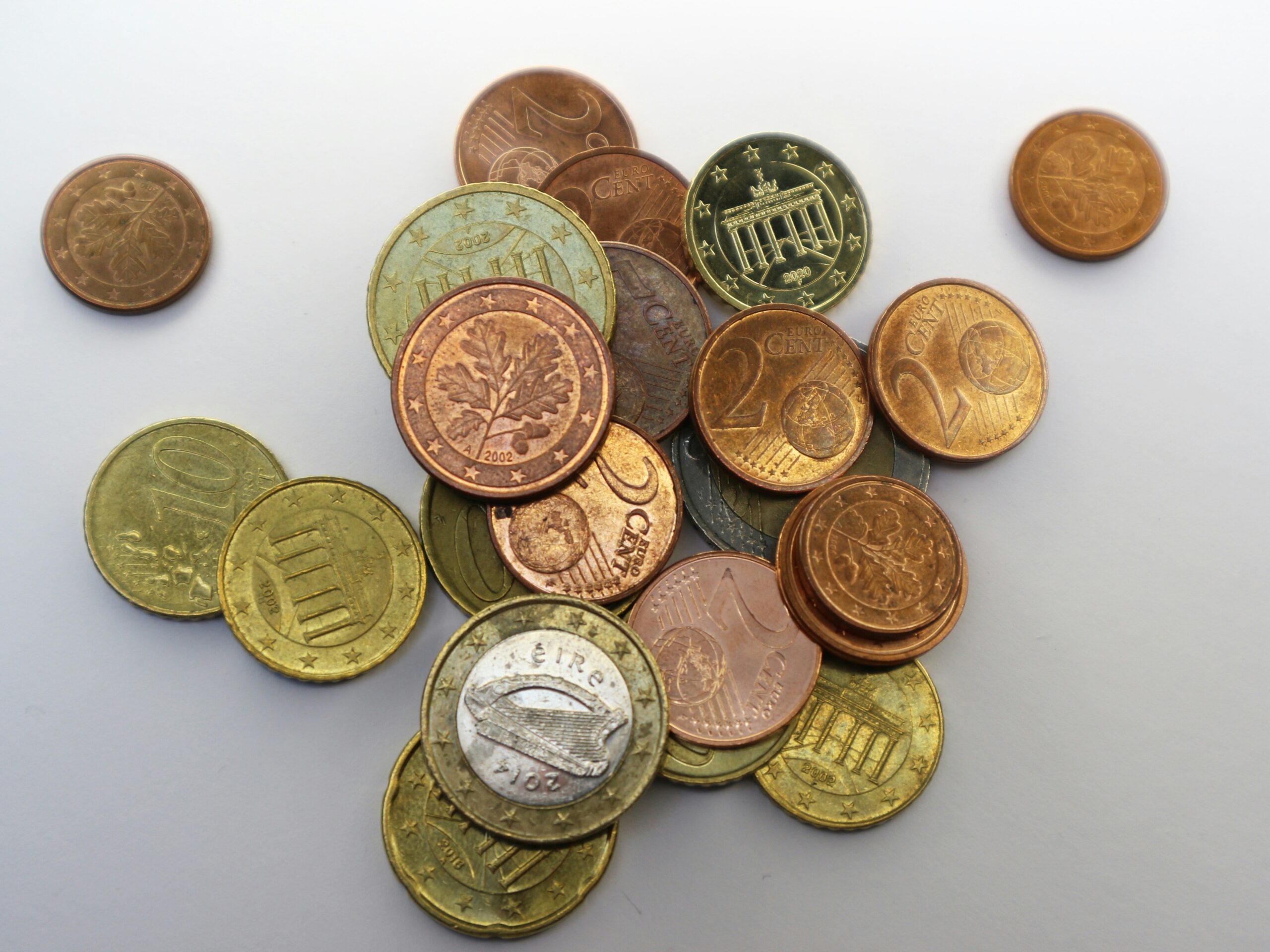Image credit: Unsplash
On Monday, September 16, the International Olympic Committee (IOC) announced the candidates who would be in the running for the organization’s presidency. The end of an IOC president’s tenure always marks a significant turning point for the Olympic body, and when Thomas Bach vacates the position in 2025, things will be no different. One of these candidates will determine the leadership direction and submit their initial proposals to the full IOC membership meeting in Lausanne in January 2025.
Several notable candidates are vying to replace Bach as president, and the IOC desperately needs to adapt and modernize. The Olympic organization faces an evolving landscape of international sports, ongoing doping controversies, and rising geopolitical tensions, which have the potential to spill over into the global event.
When the official election is held at the IOC’s 143rd session from March 18-21 in Greece, the individual they choose as president will have to be able to address each of these challenges head-on.
Seven candidates are running for the IOC presidency, covering various backgrounds and areas of expertise. Each must embody the IOC’s mission and oversee three Olympic game cycles. Only IOC members are eligible to become candidates for the organization’s presidency.
Who Are the Seven Candidates in the Running?
1. Juan Antonio Samaranch
Juan Antonio Samaranch has proven to be a prominent figure in the race as the son of former IOC President Juan Antonio Samaranch Salisachs, who led the organization from 1982 to 2001. Samaranch is one of the IOC’s four vice presidents, poised to move up a rung in the ladder. As a candidate, he represents a continuation of Bach’s legacy.
2. Morinari Watanabe
Morinari Watanabe is a significant figure in the Olympics. As head of the International Gymnastics Federation (FIG), Watanabe plays a central role in a central sport, spreading gymnastic excellence worldwide. As a candidate, he reflects a commitment to growing the prevalence of sports that have established themselves as integral to the Olympics.
3. Johan Eliasch
Though Johan Eliasch is president of the International Ski and Snowboard Federation (FIS), most onlookers are interested in his unique perspective. Eliasch is new to Olympic governance, but as a multi-millionaire, his skills in business and his distinctive leadership style may be a beneficial new direction for the Olympics to pursue.
4. Kirsty Coventry
As the only female candidate for the IOC presidency, many see Kristy Coventry as a reflection of the organization’s broader initiative for diversity and representation in its leadership. If she were to be elected, Coventry would be the first female president in the IOC’s 130-year history. She serves on the IOC’s executive board and as Zimbabwe’s Sports Minister.
5. Sebastian Coe
Sebastian Coe is an Olympian, a clear frontrunner, a two-time gold medalist in track and field, and the current president of World Athletics. Coe had already played a significant role in organizing the 2012 Olympics in London, but questions were raised about his age. The IOC mandates retirement at 70, but the organization clarified that he could seek a four-year extension in 2026.
6. Prince Feisal al Hussein
Prince Feisal al Hussein of Jordan is another IOC member with notable involvement in Olympic initiatives. Prince Hussein’s background in the Middle East could tremendously benefit the IOC’s growing presence in historically underrepresented regions as the organization looks to extend its global reach.
7. David Lappartient
As Union Cycliste Internationale’s (UCI) president, Davit Lappartient is another potential leader representing a major Olympic sport. The UCI is the global governing body for cycling, and its president has extensive experience organizing events worldwide. As a global leader, Lappartient might have the right insights for international expansion.
